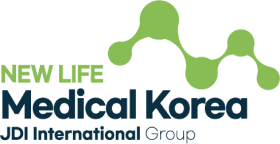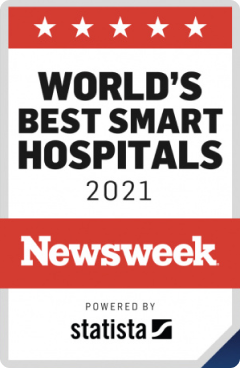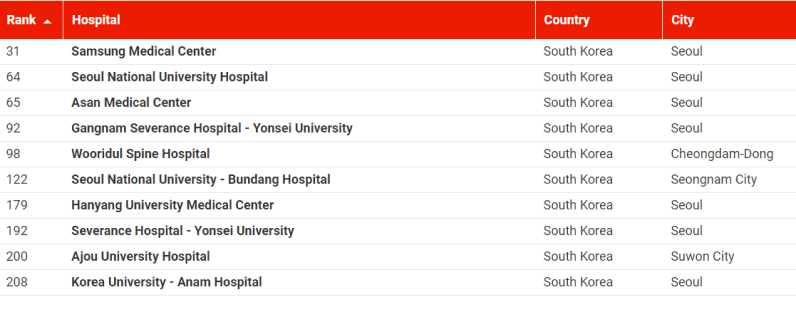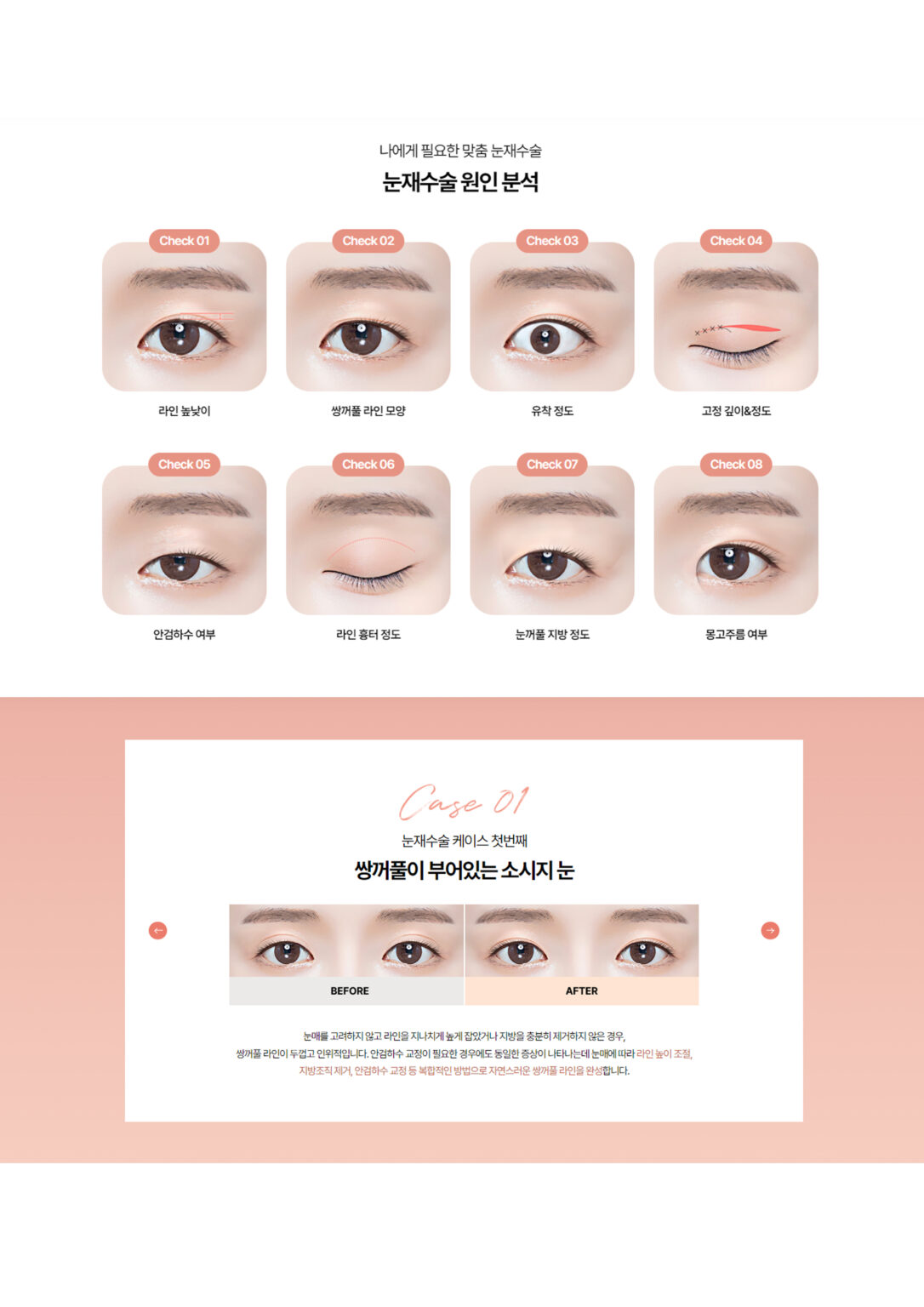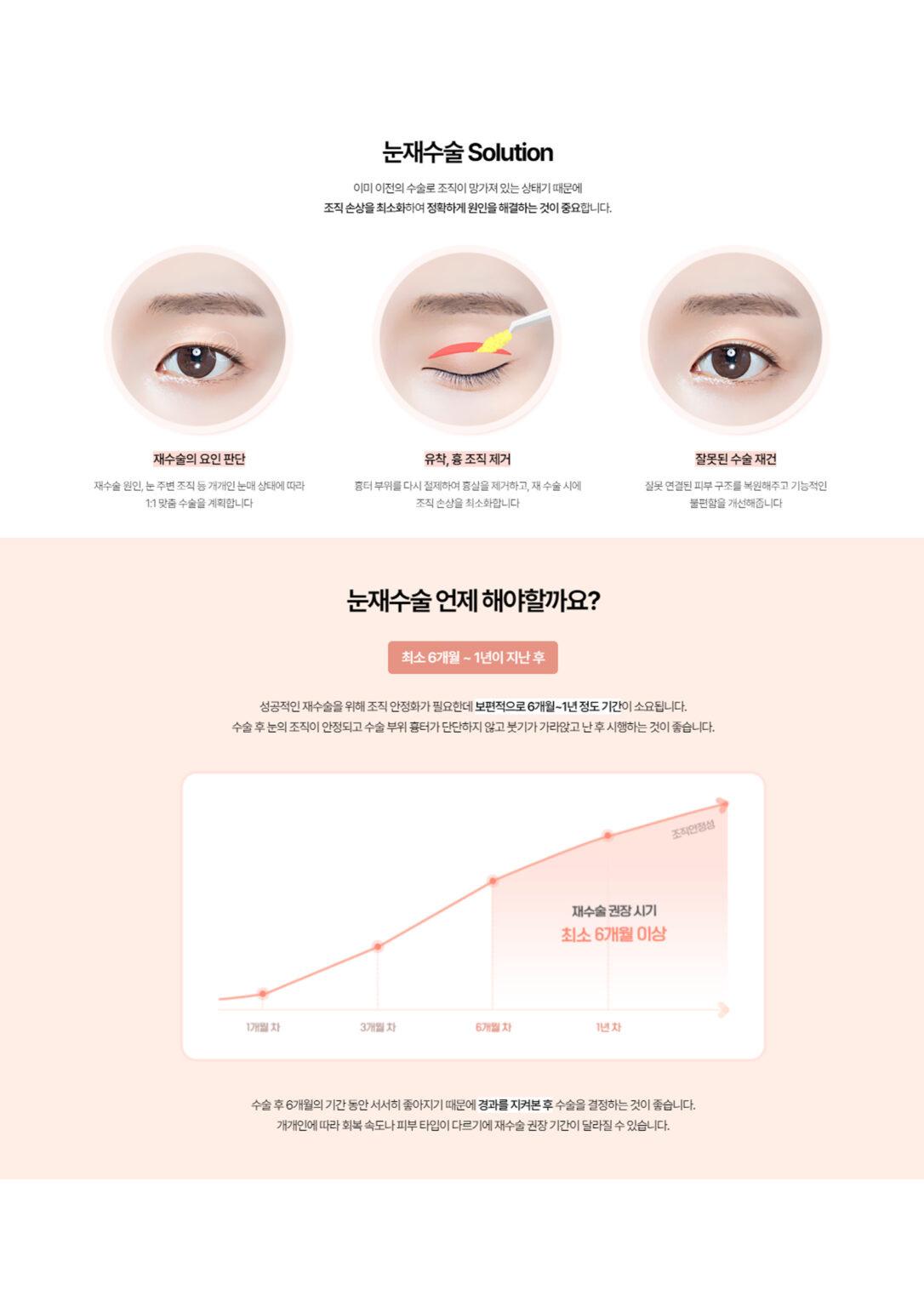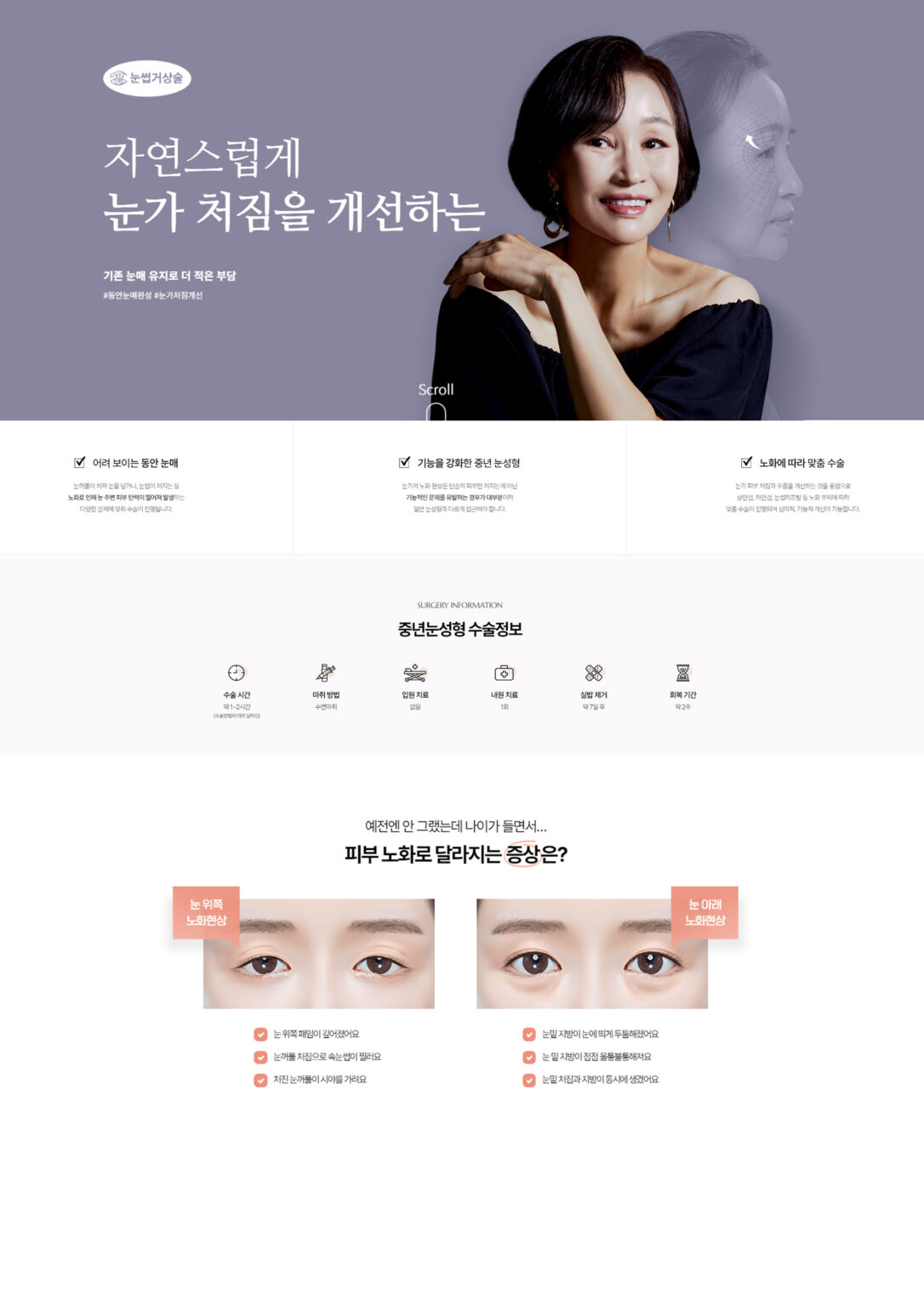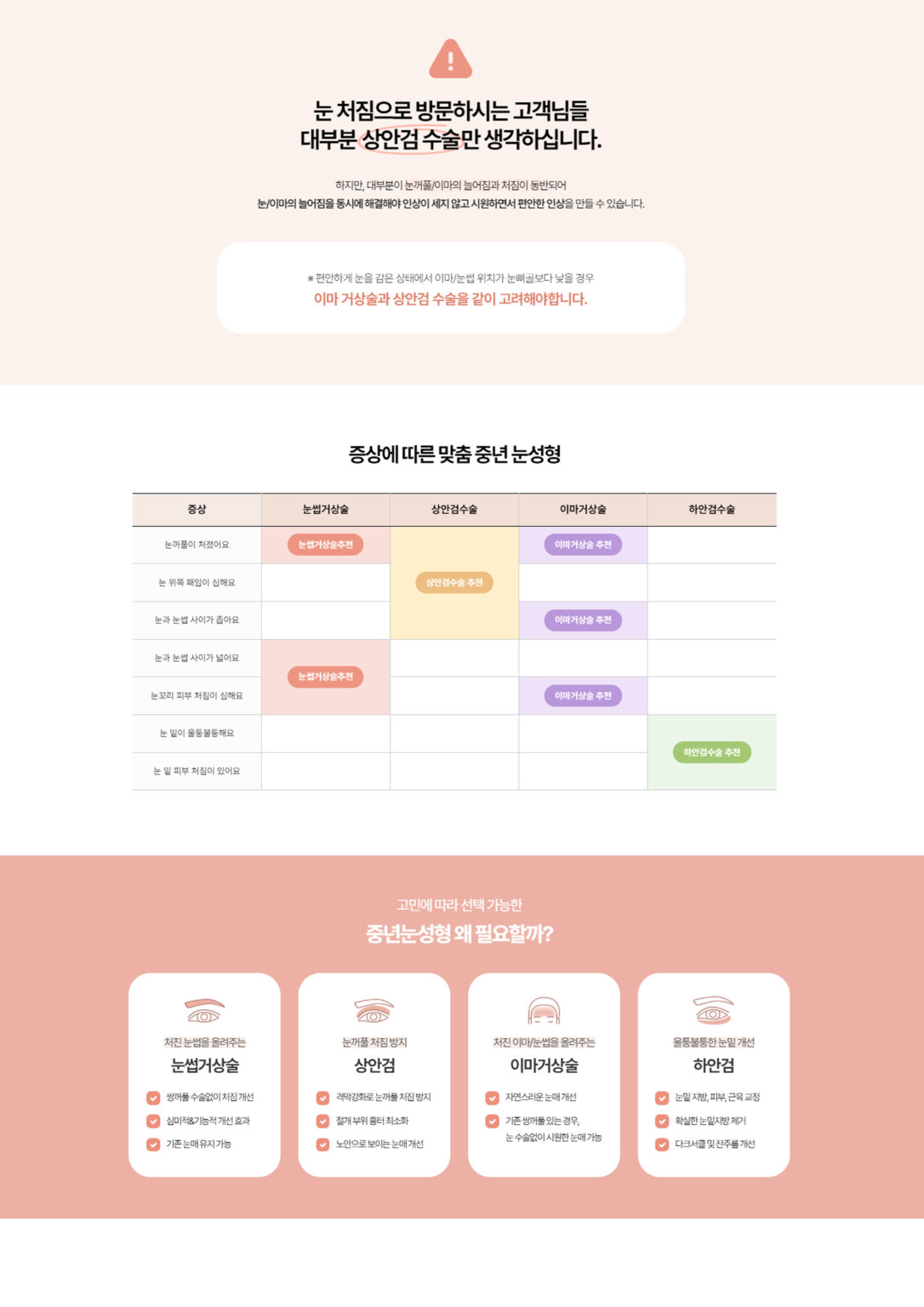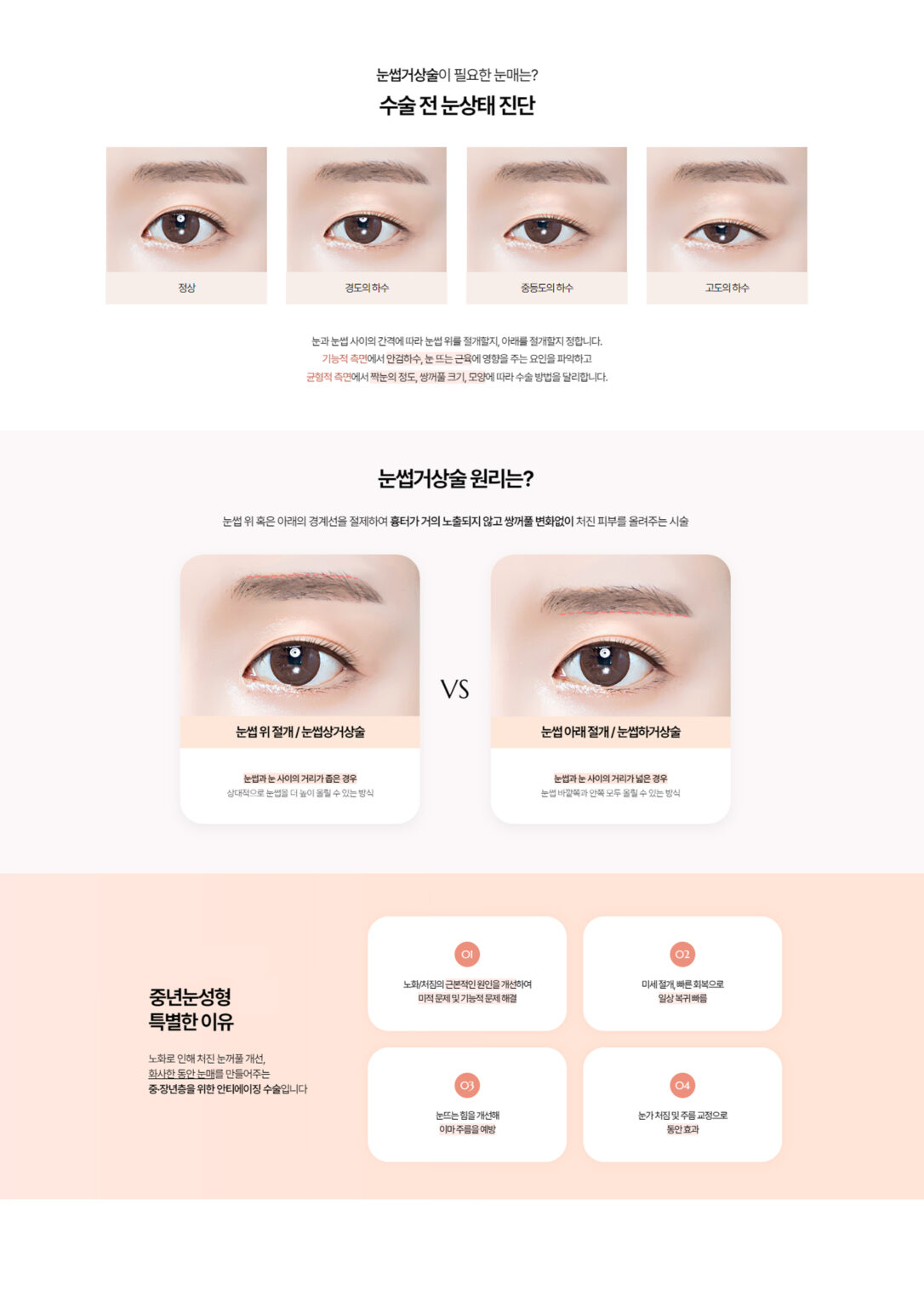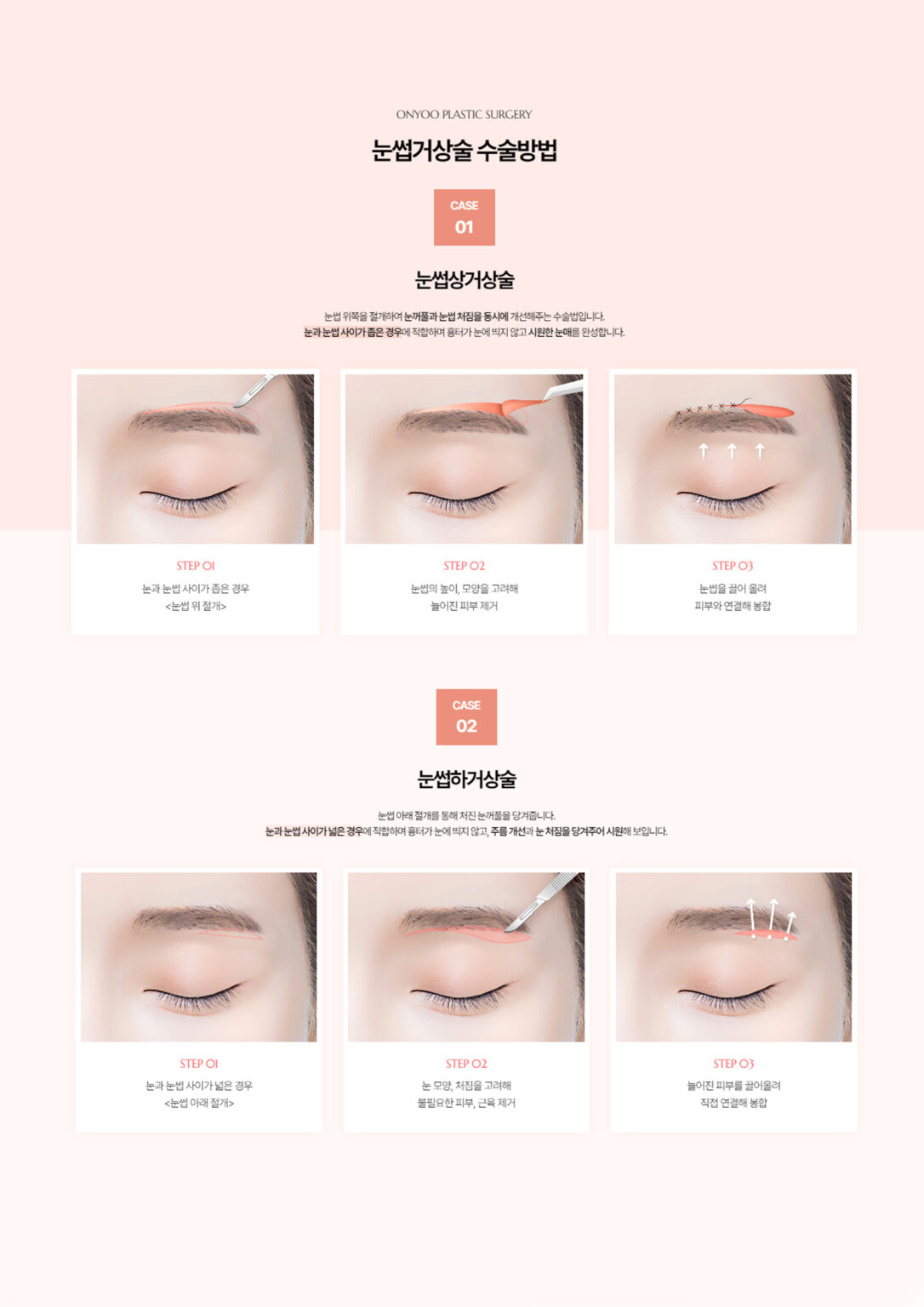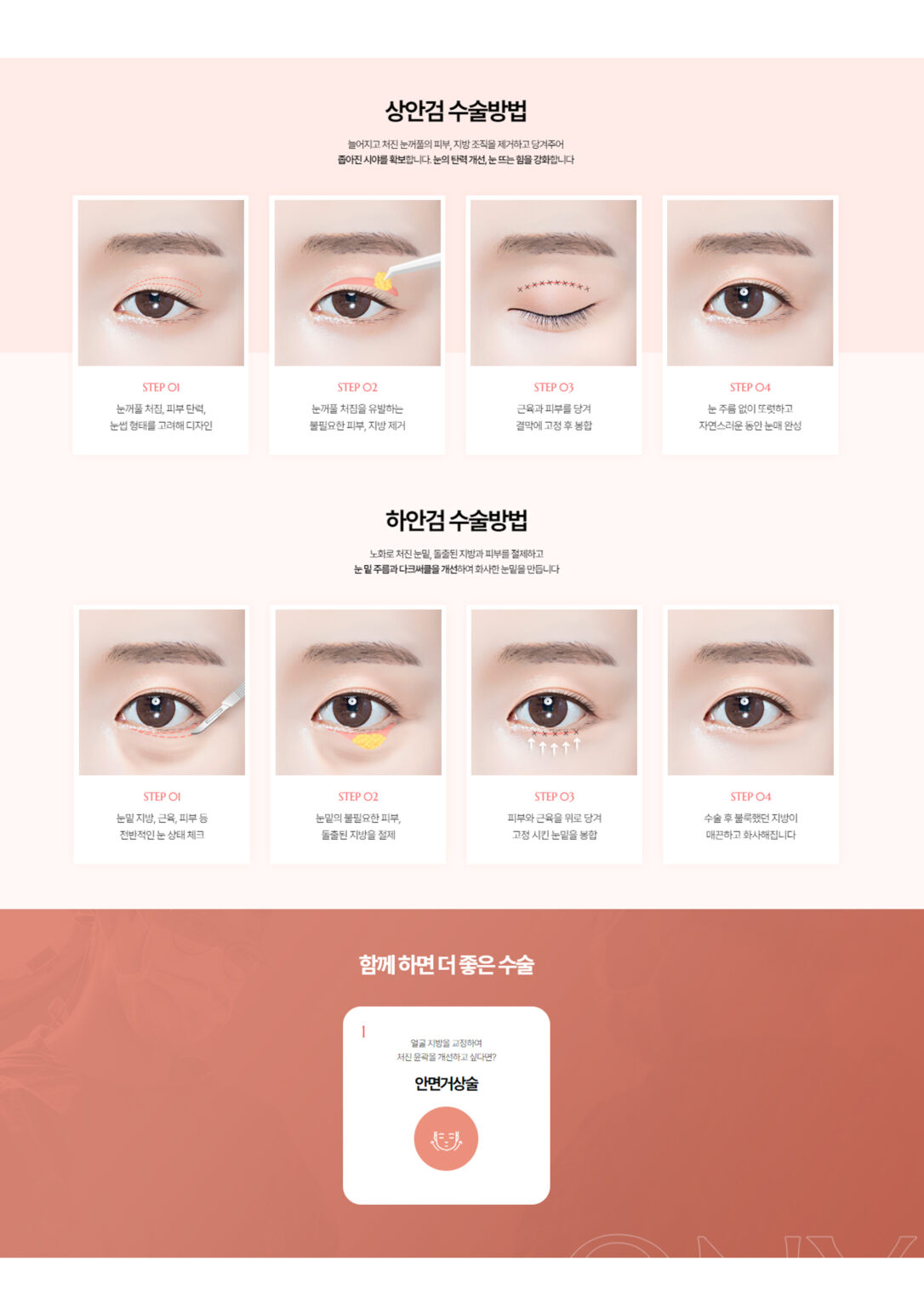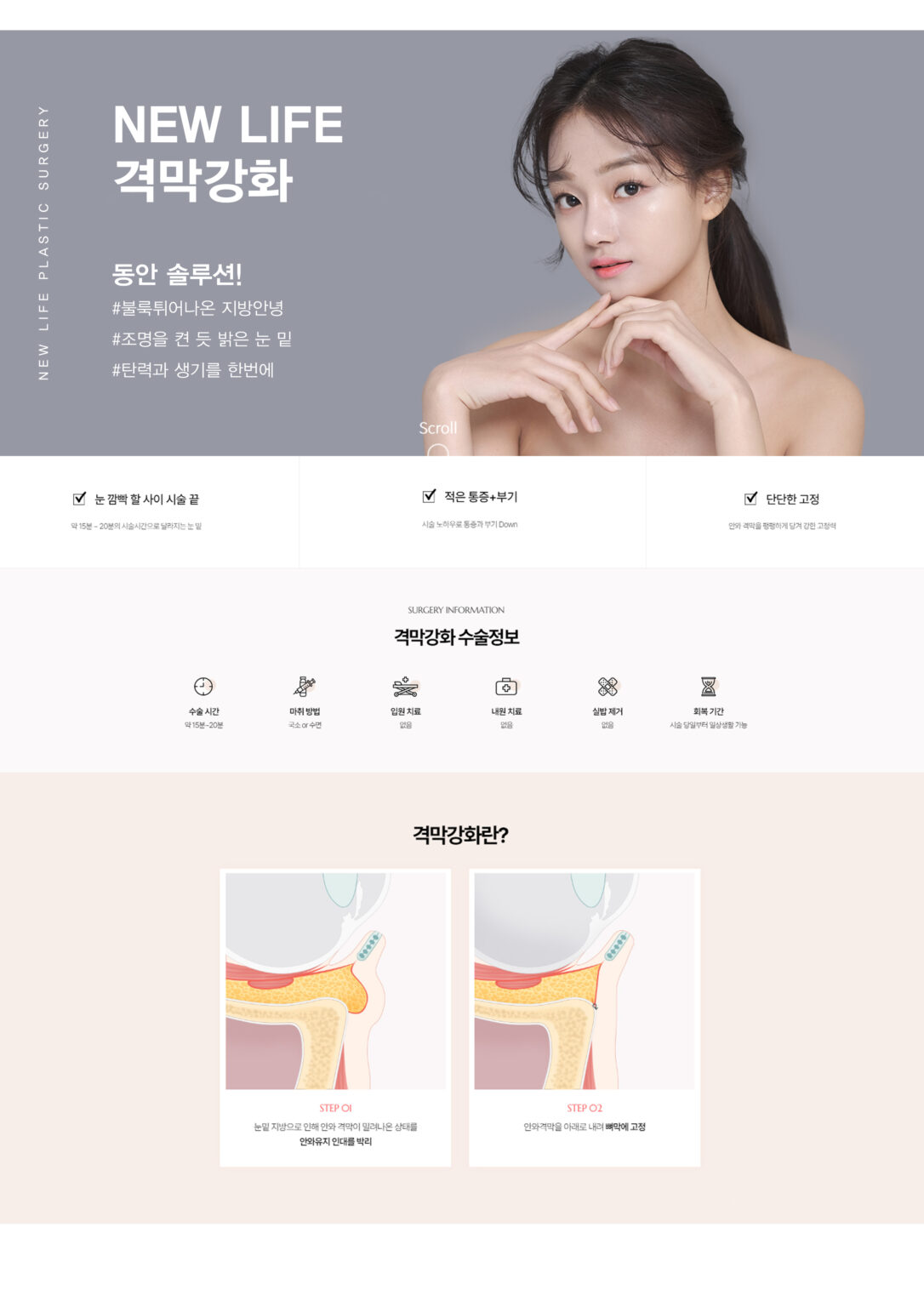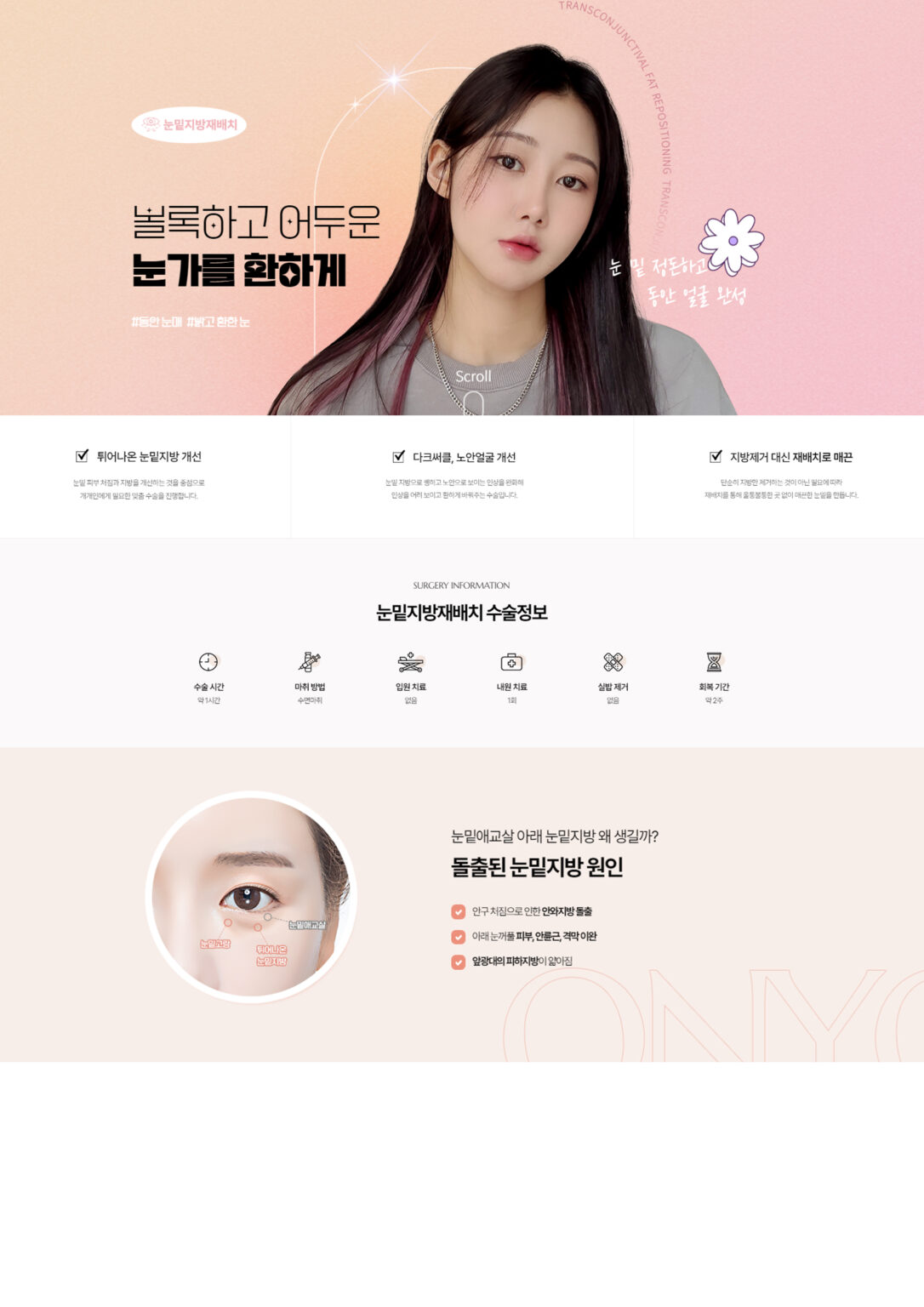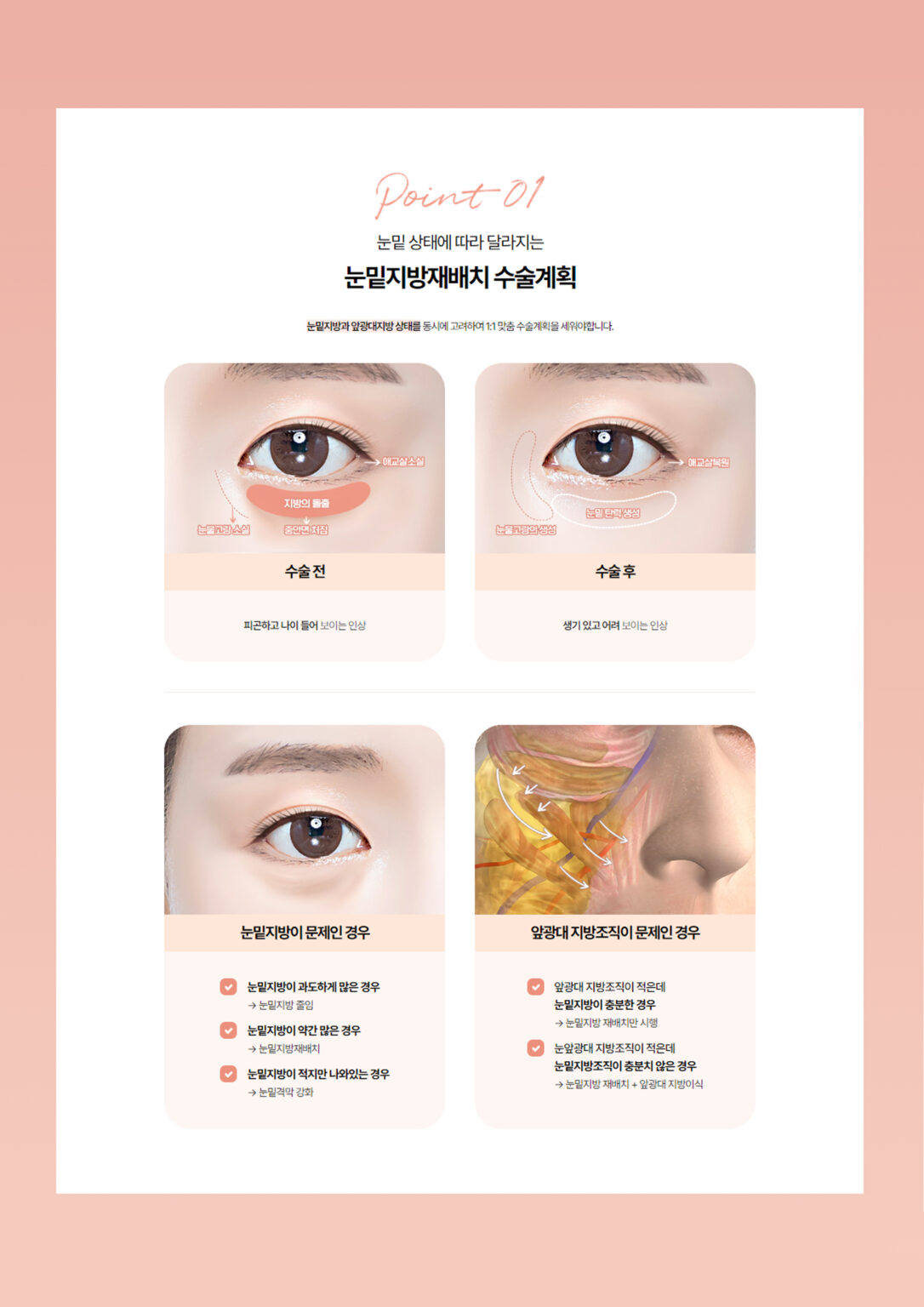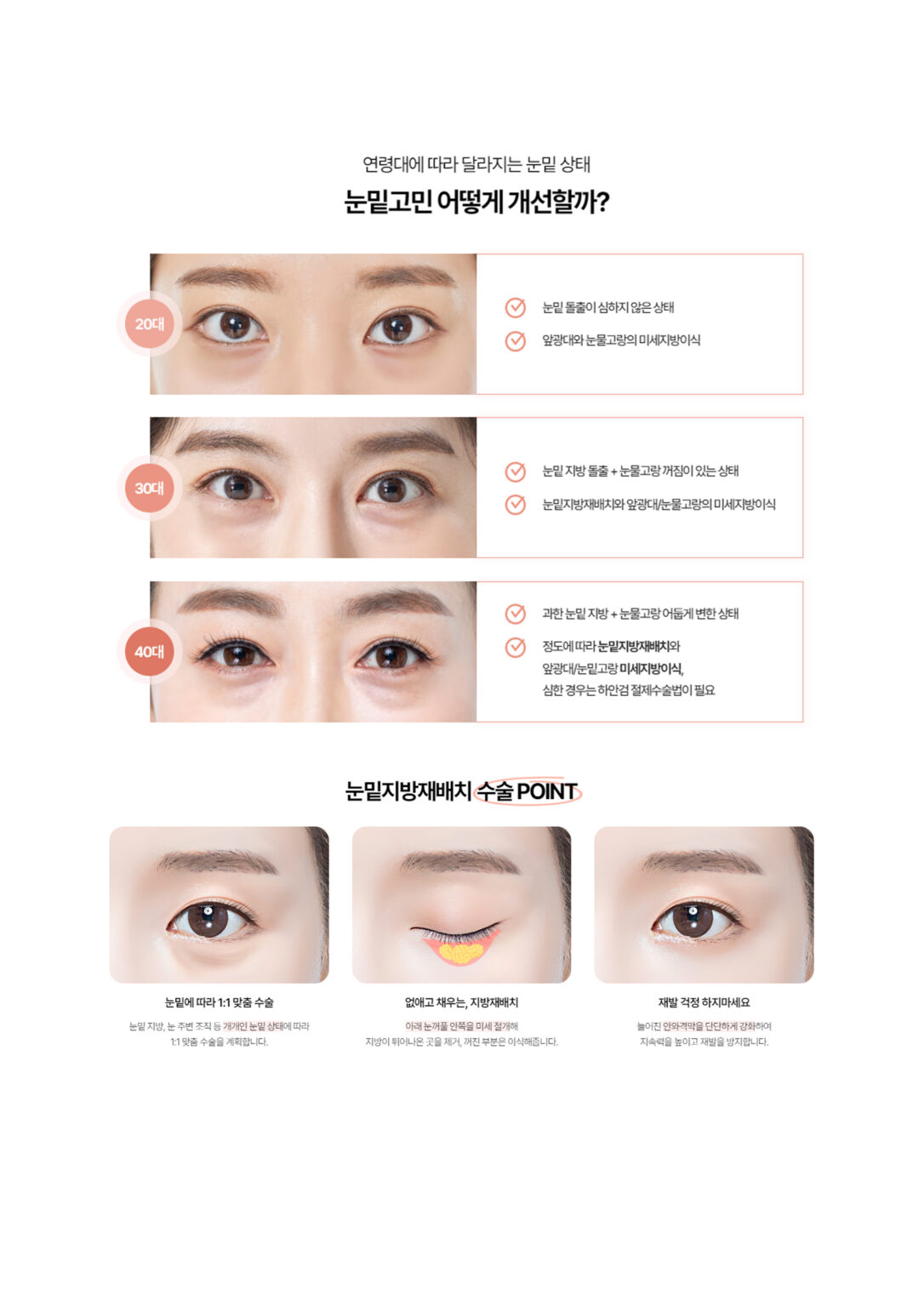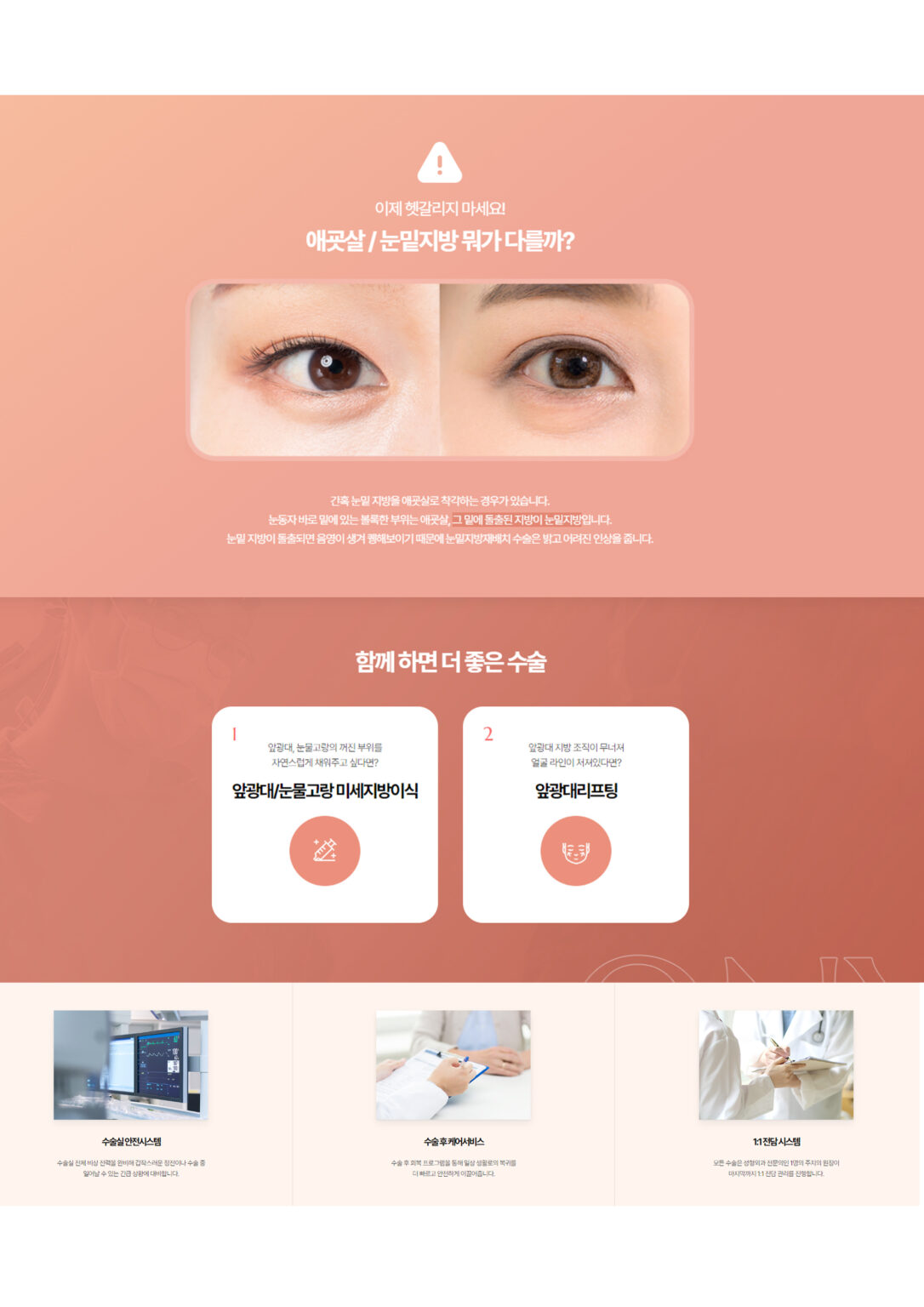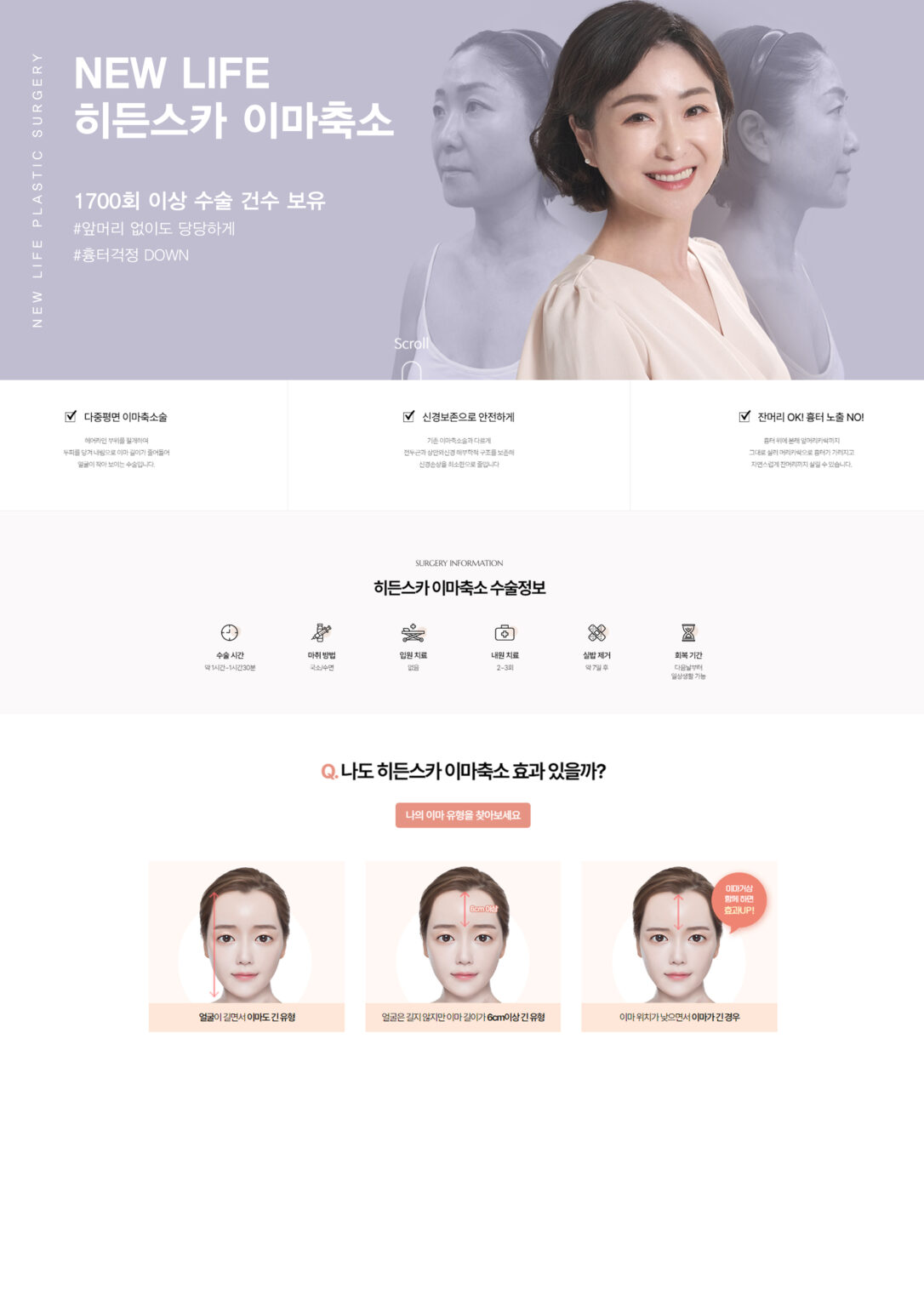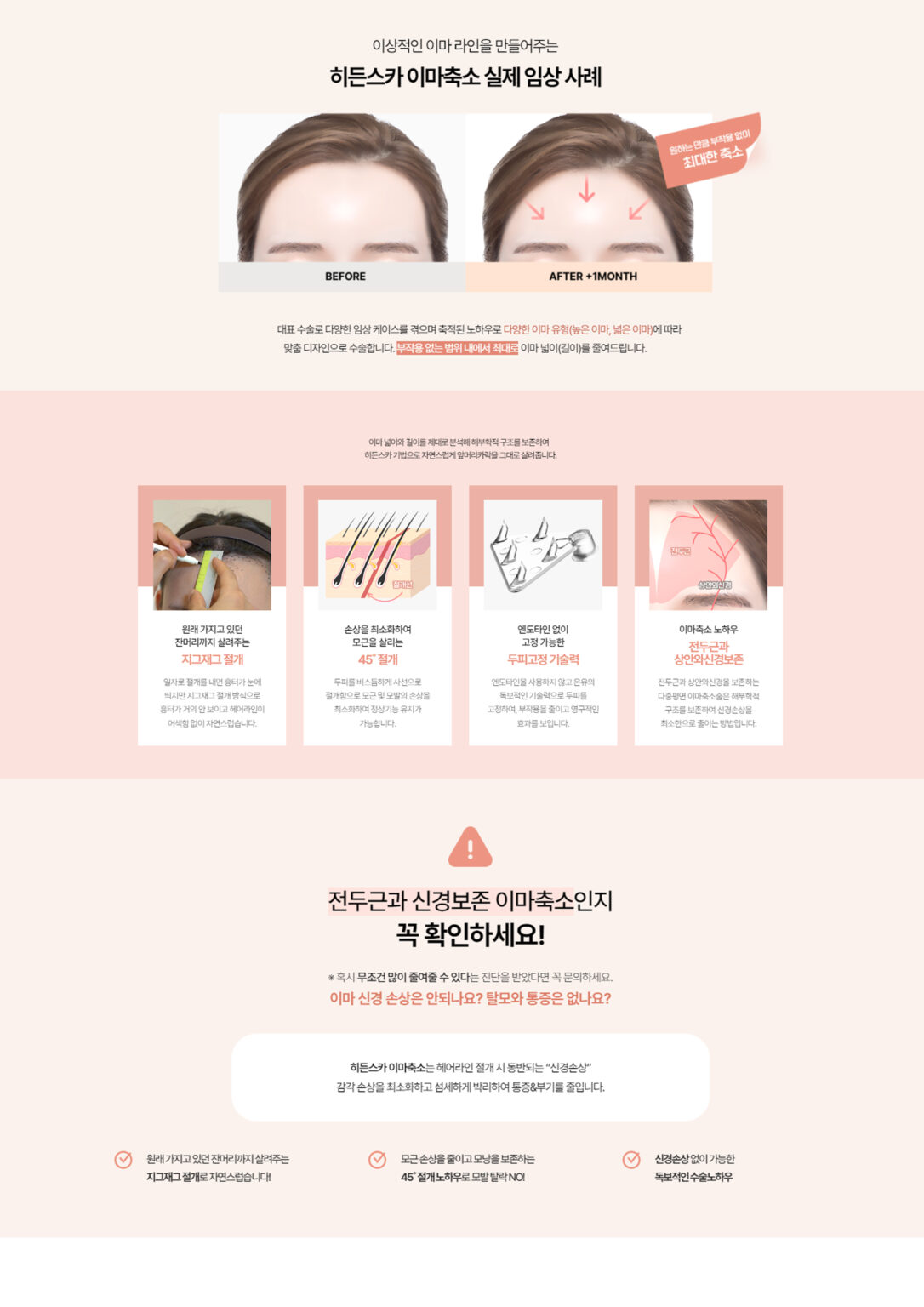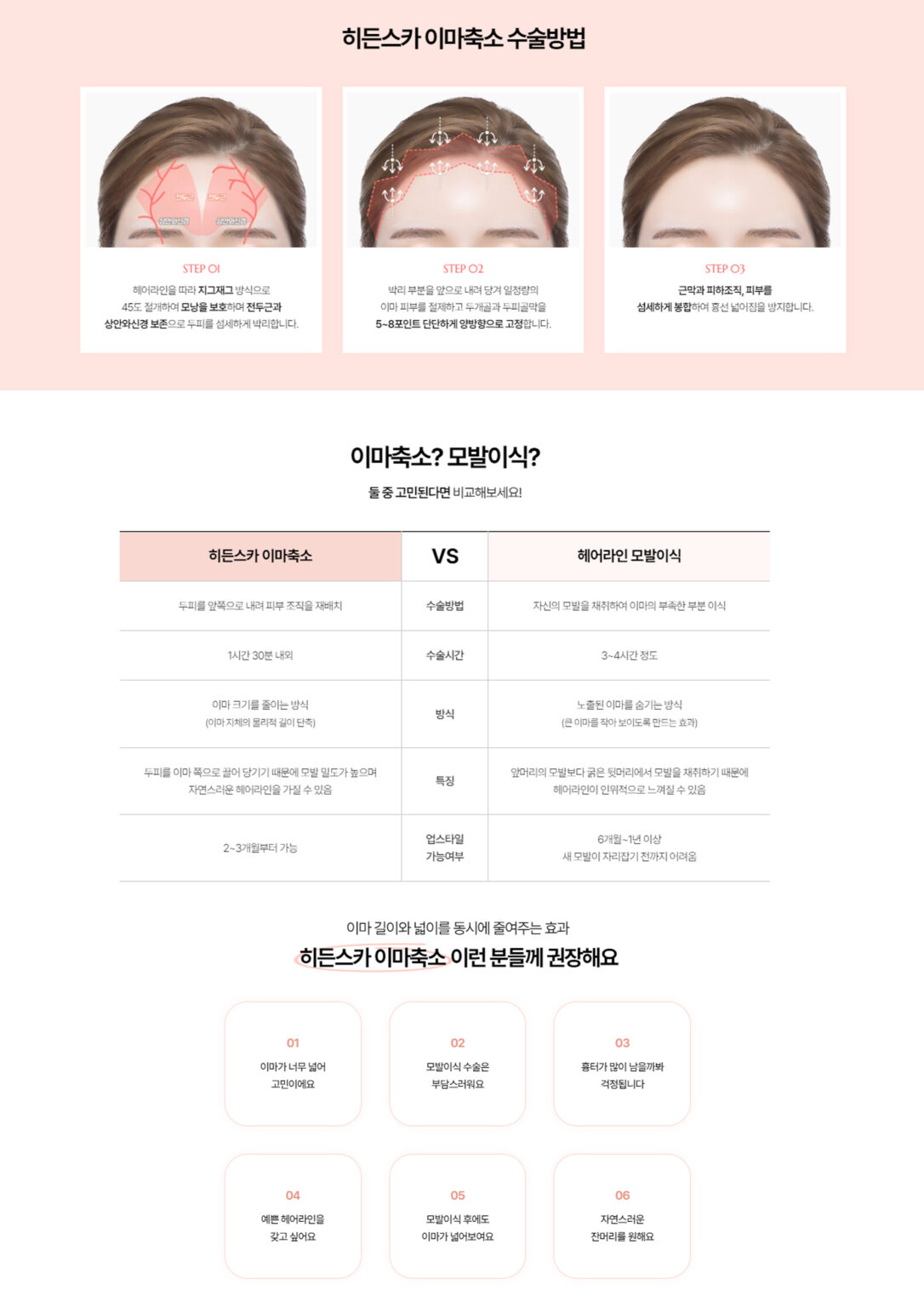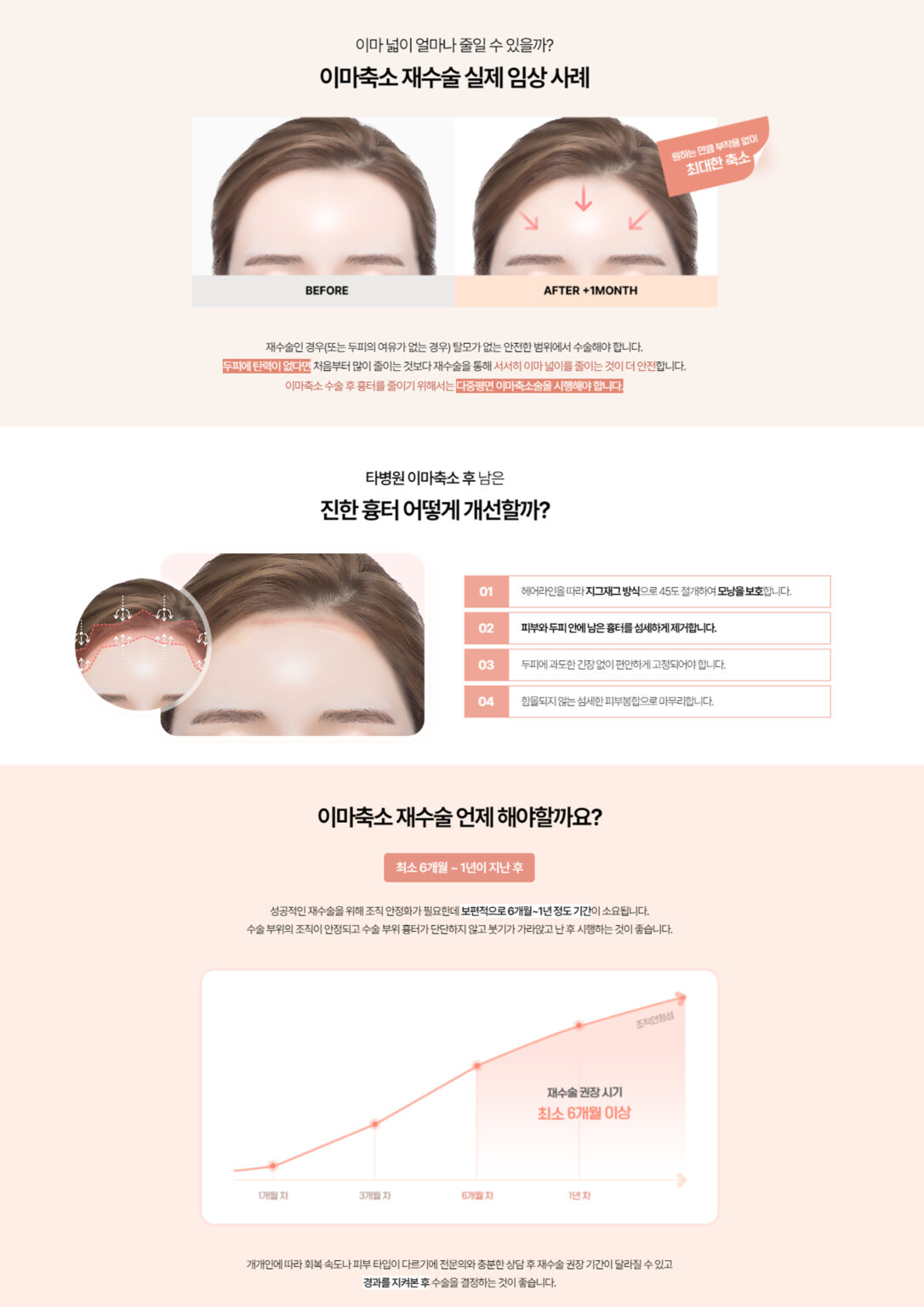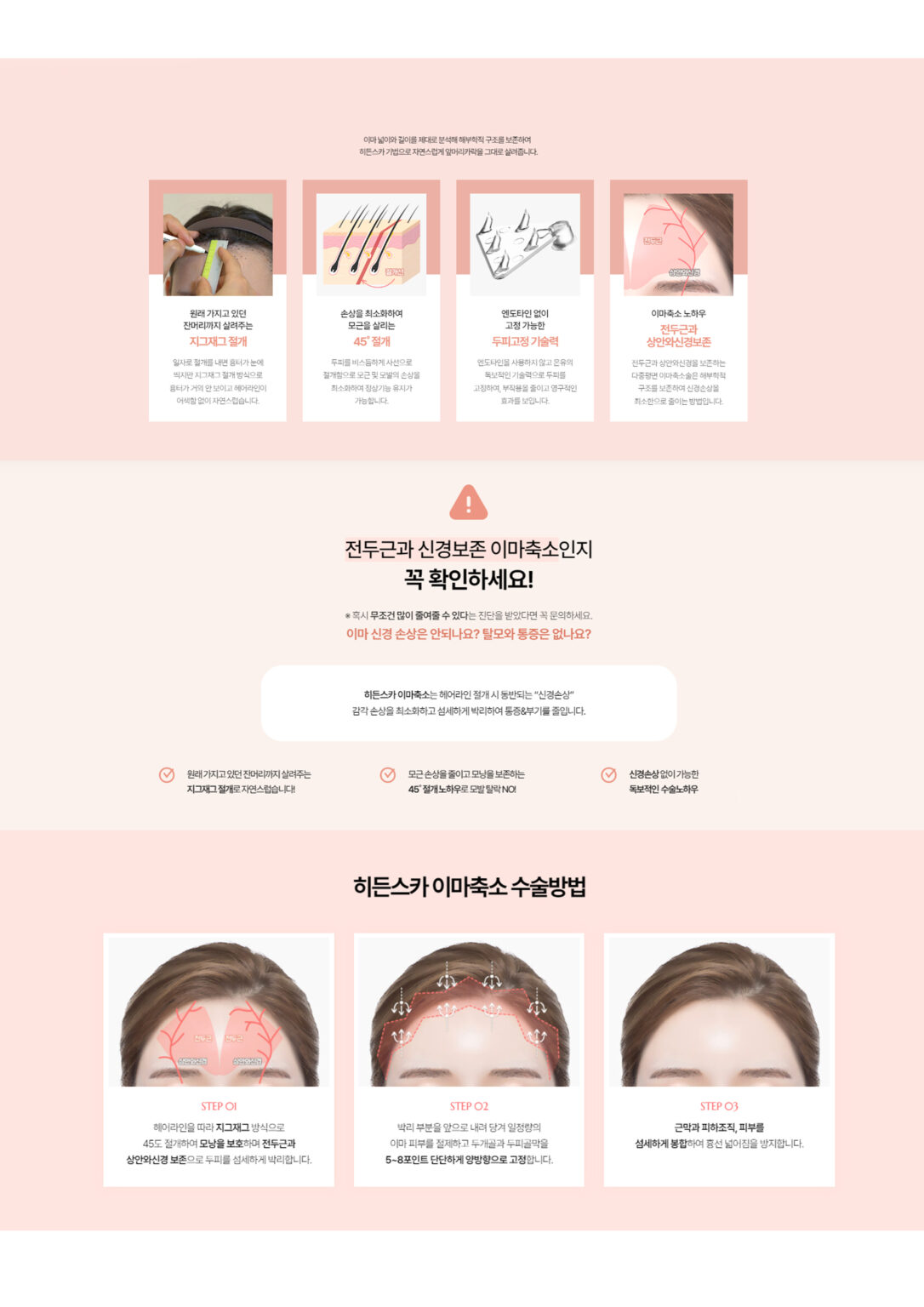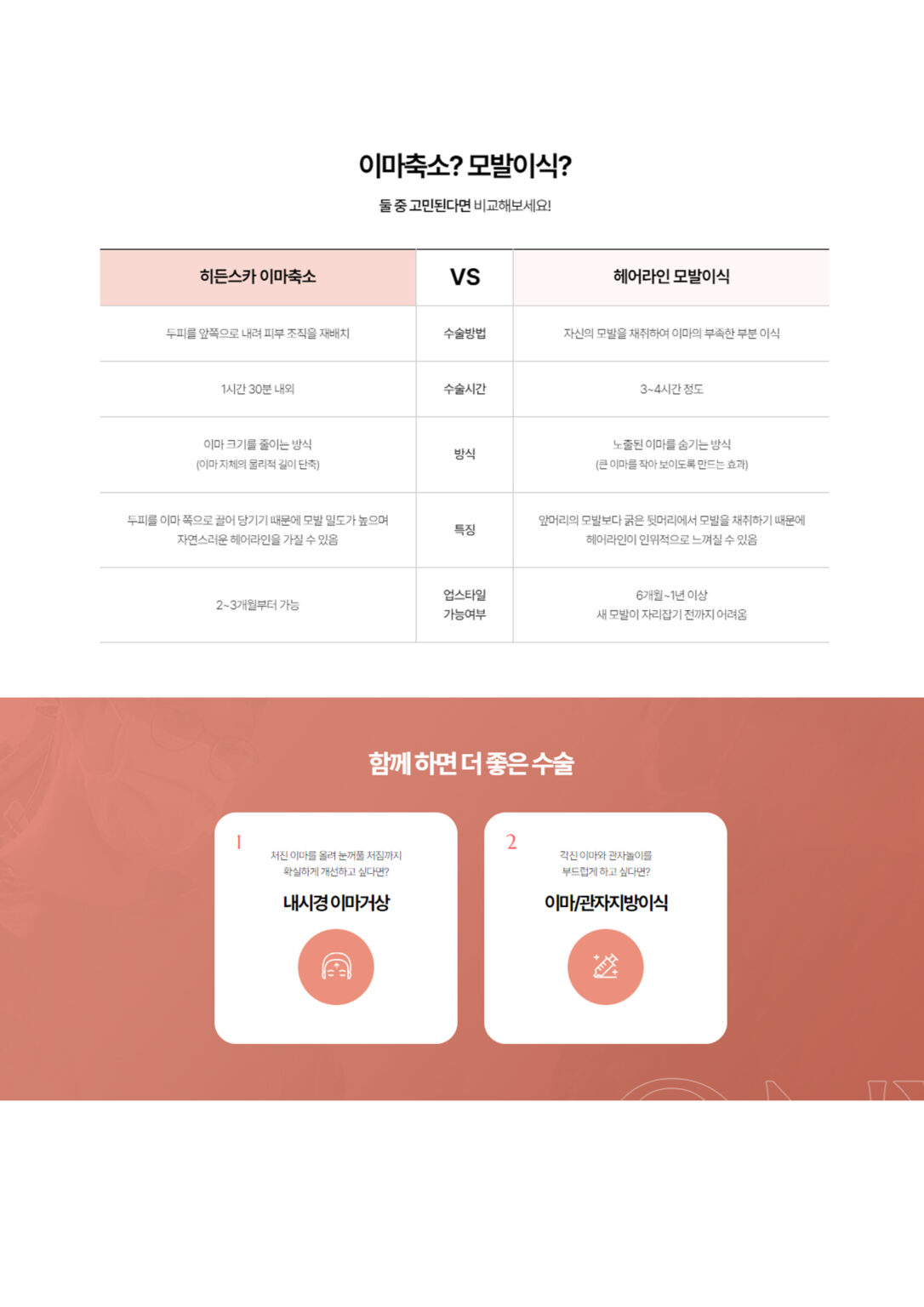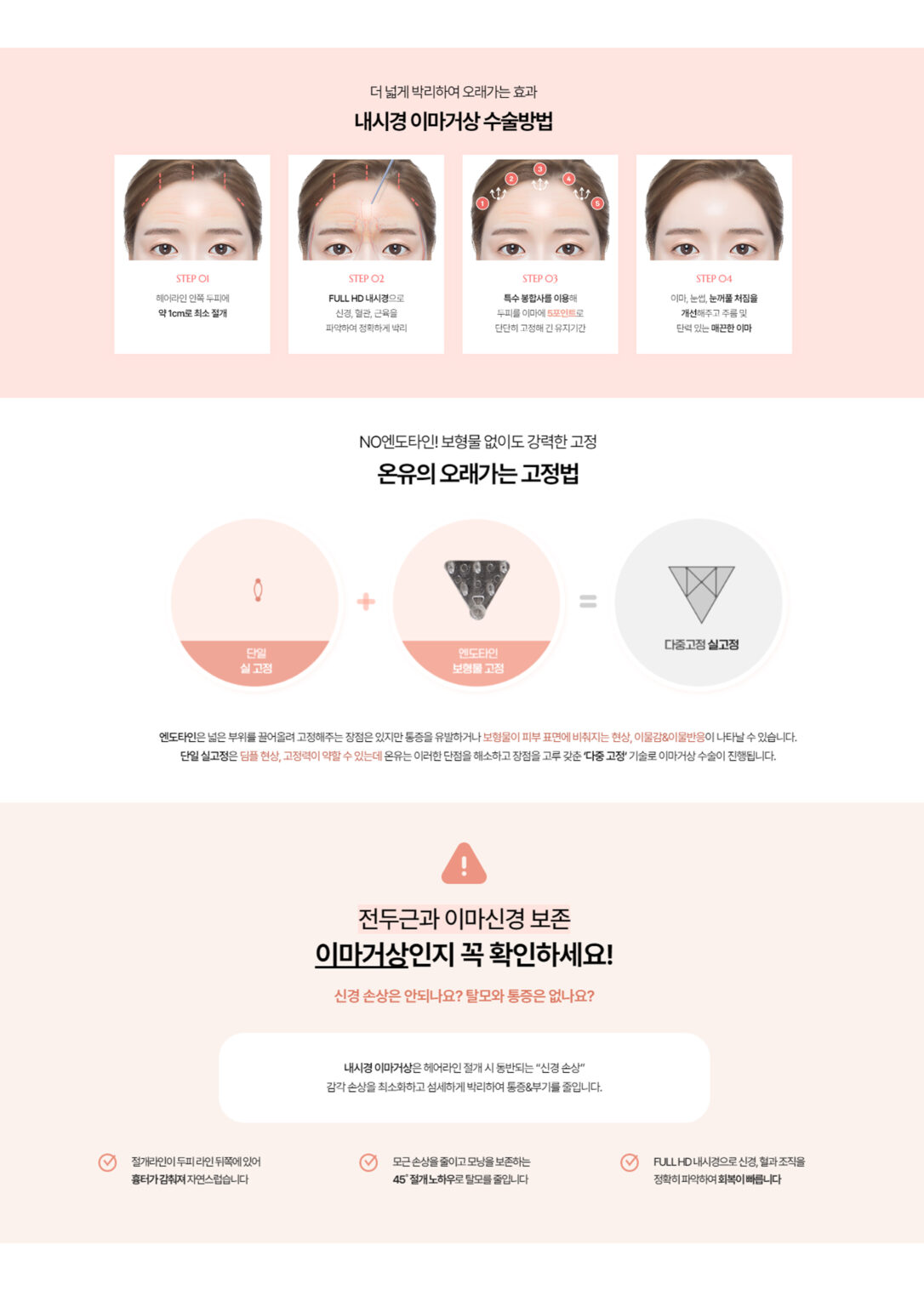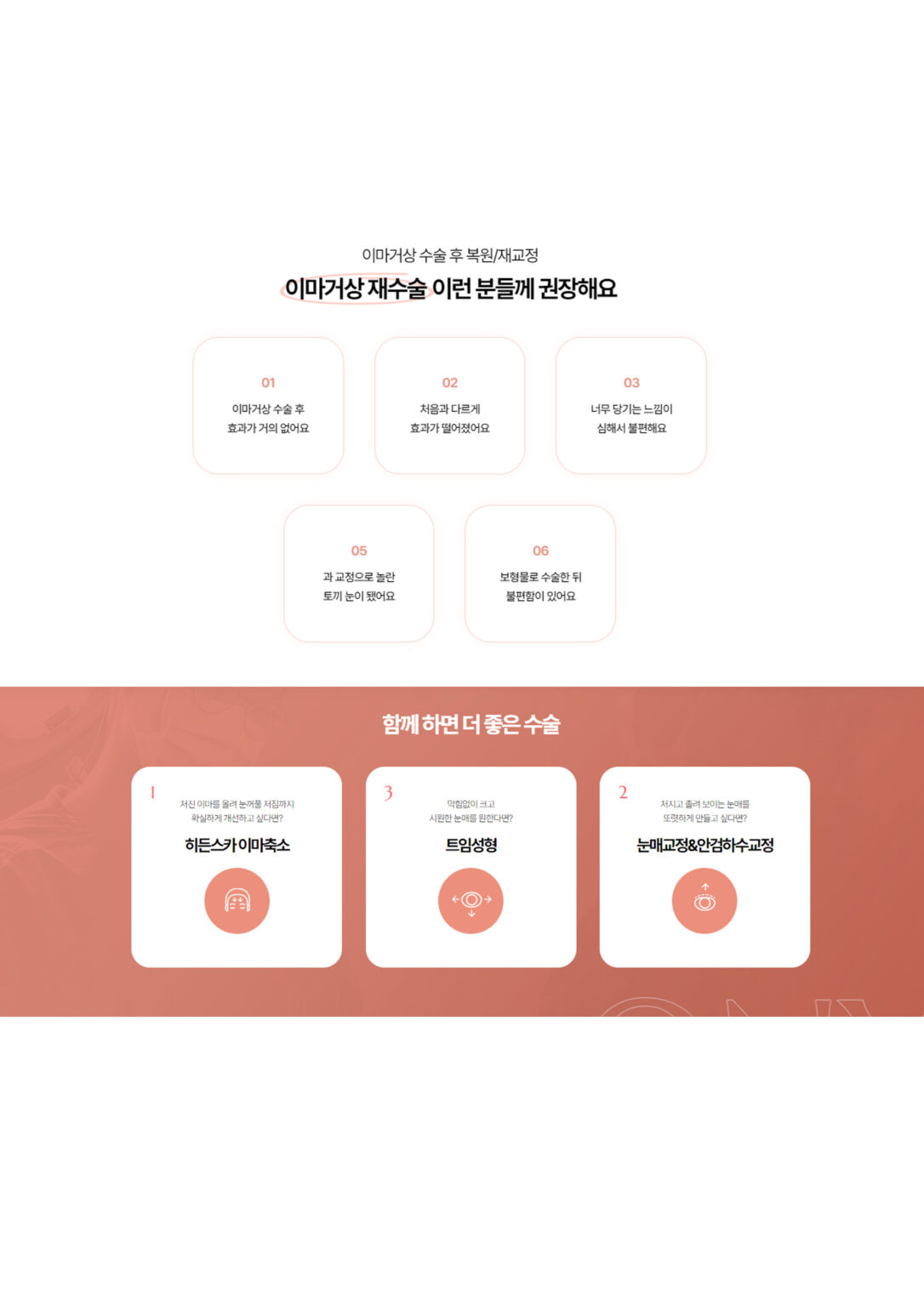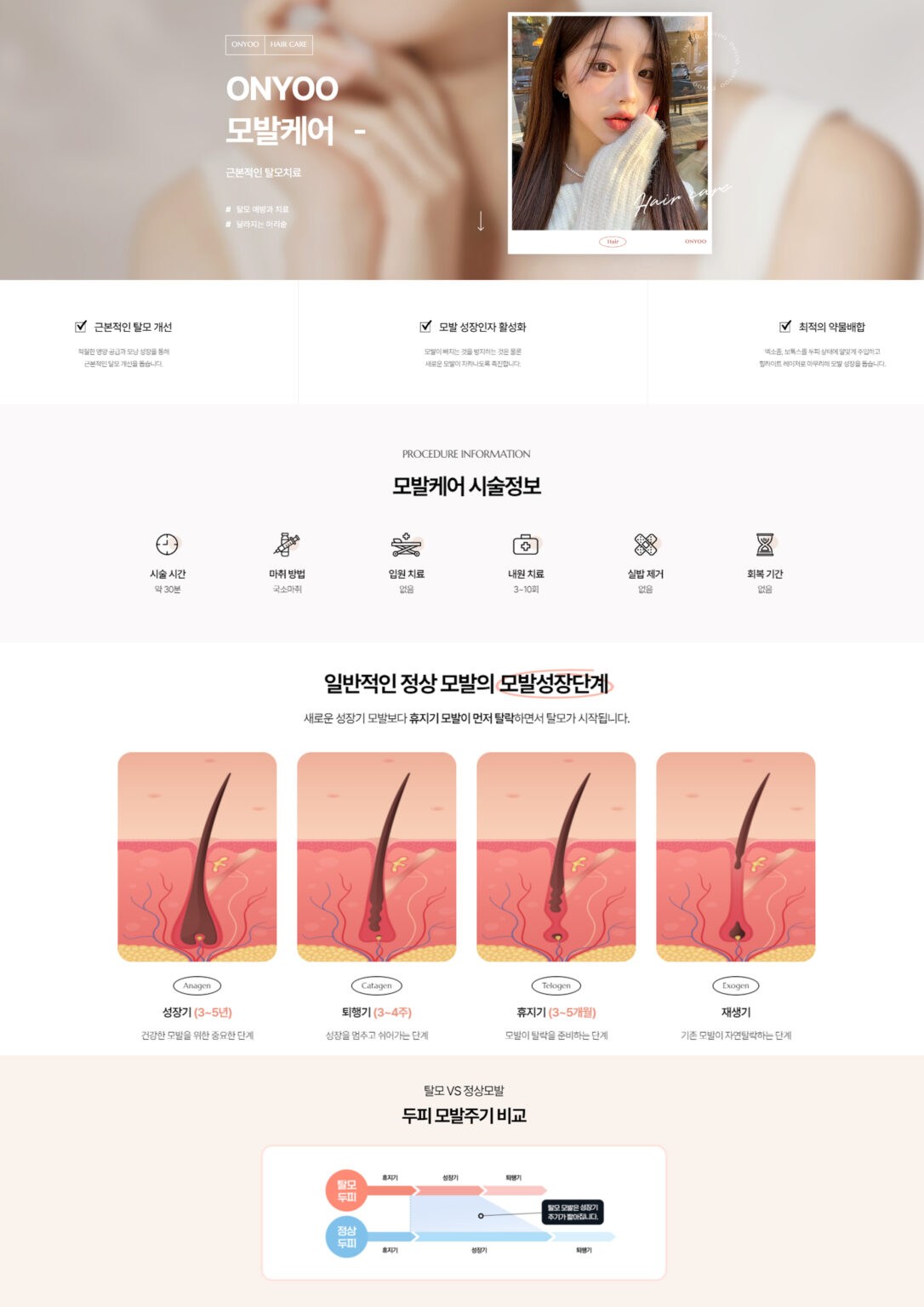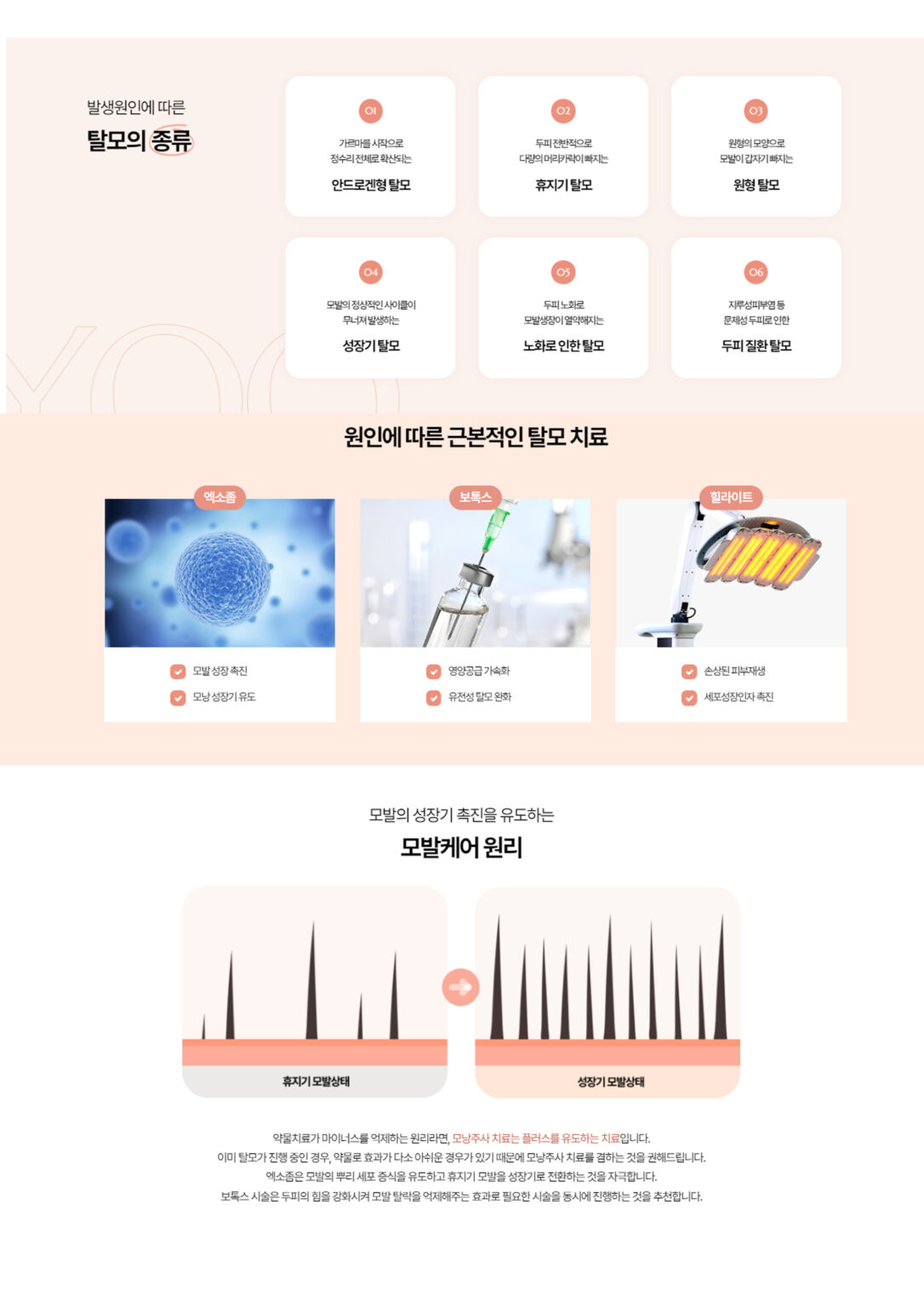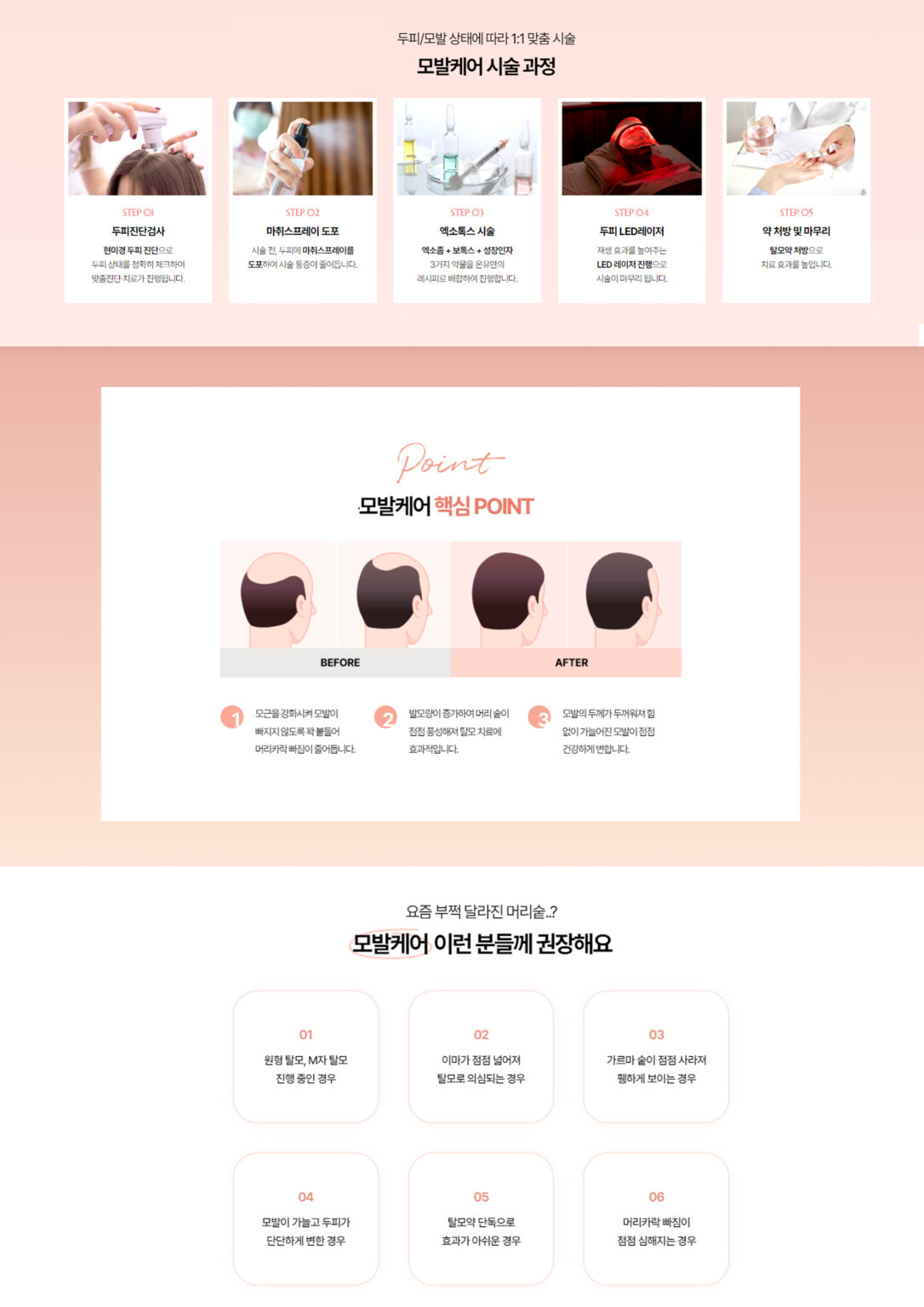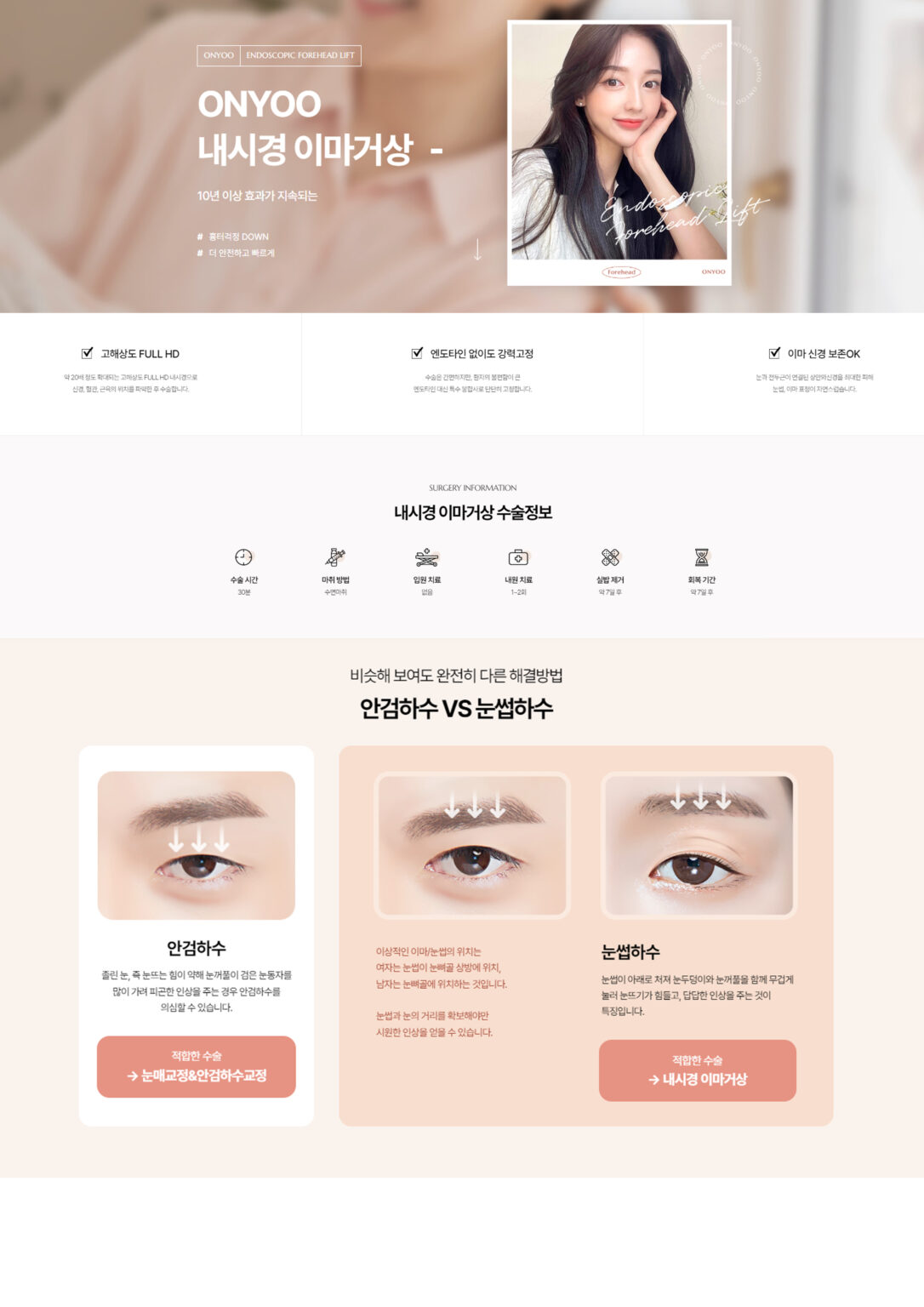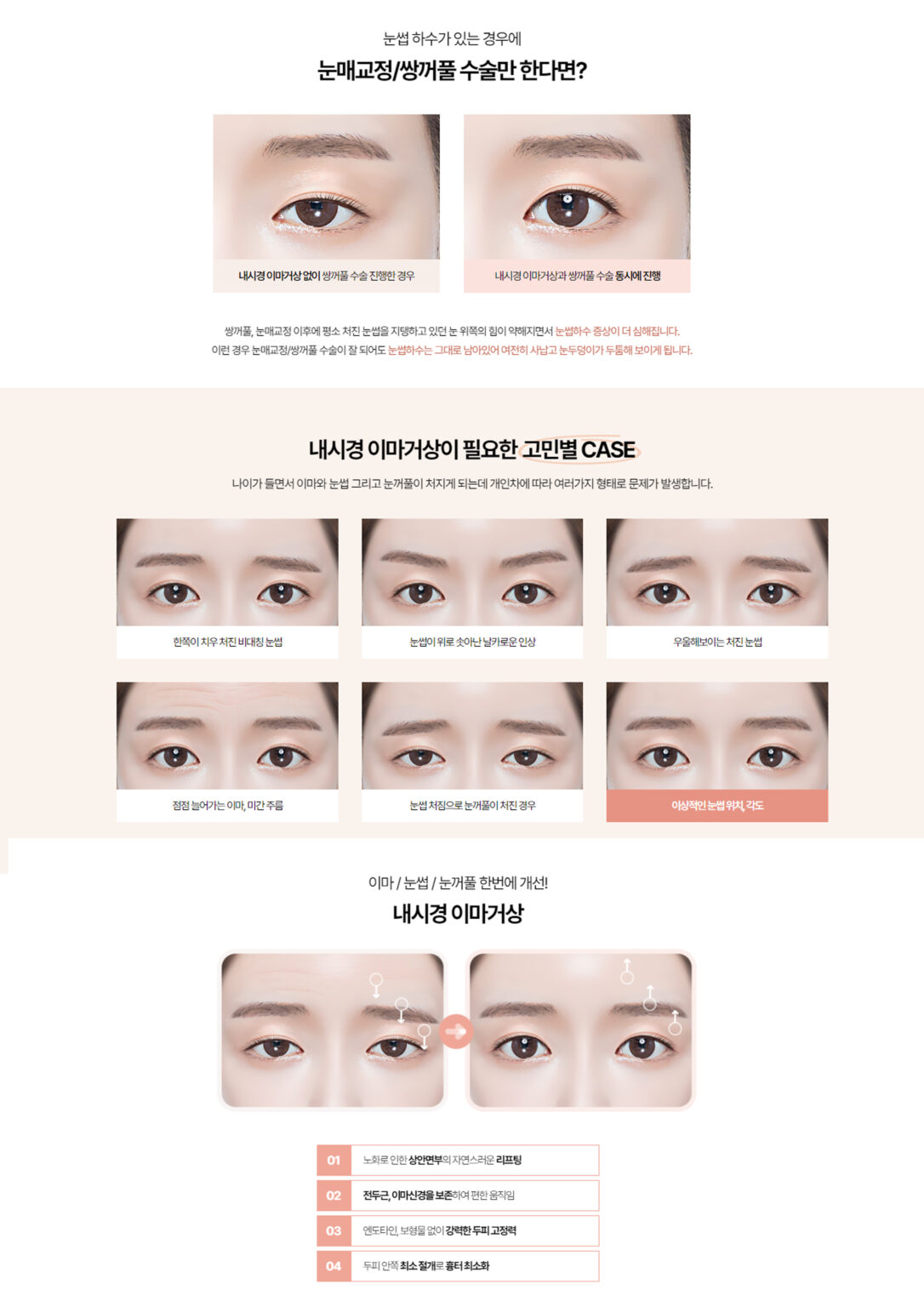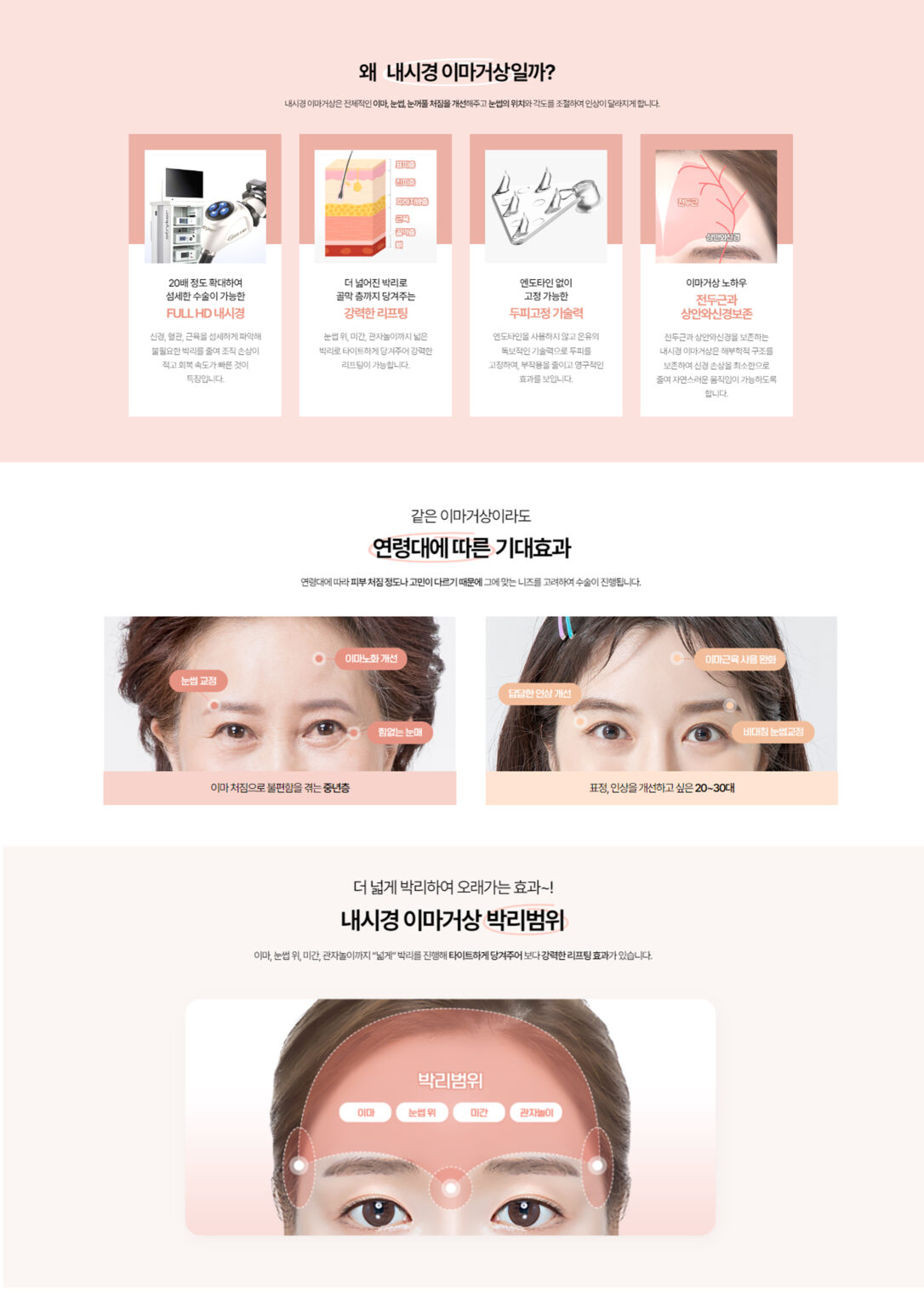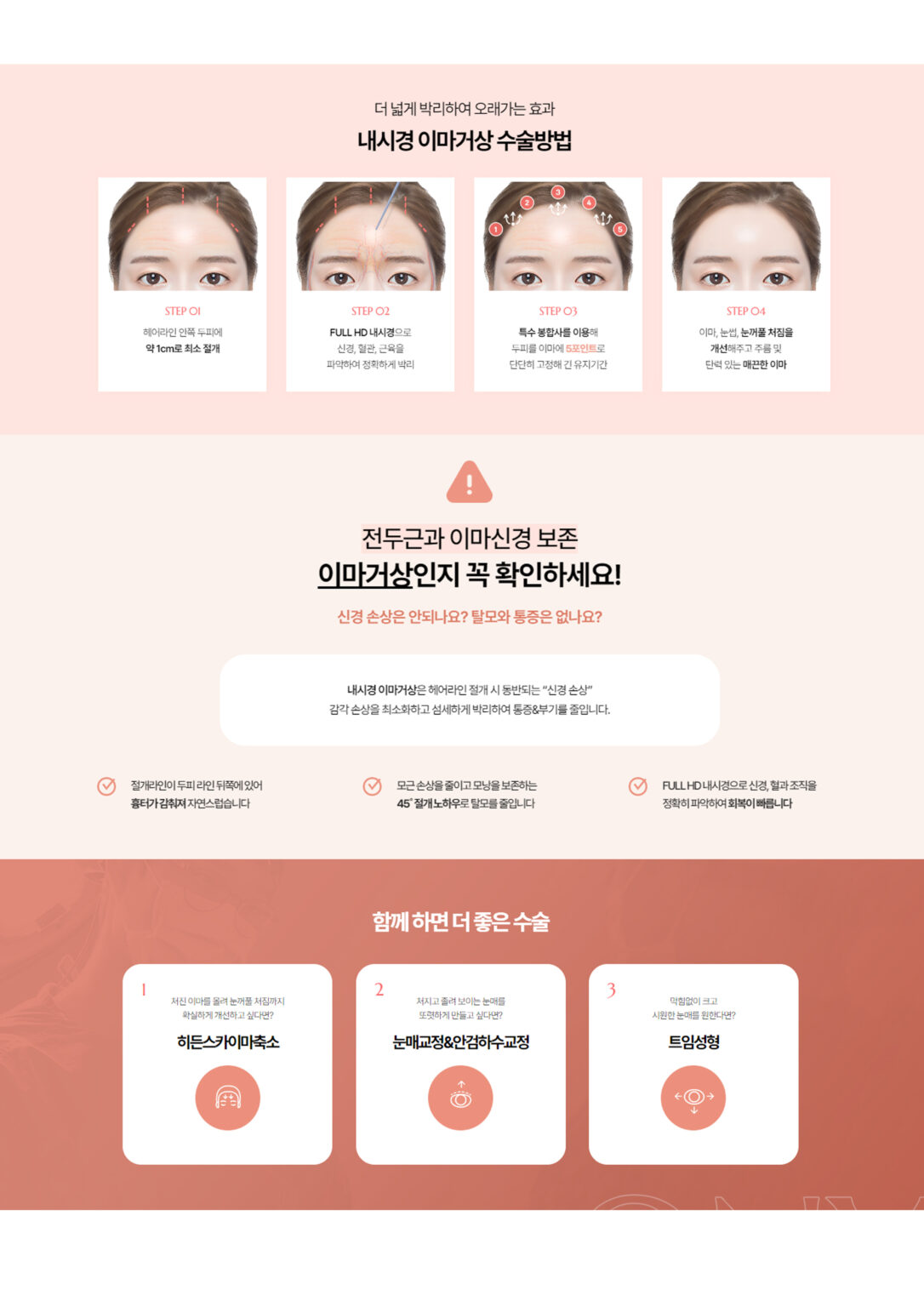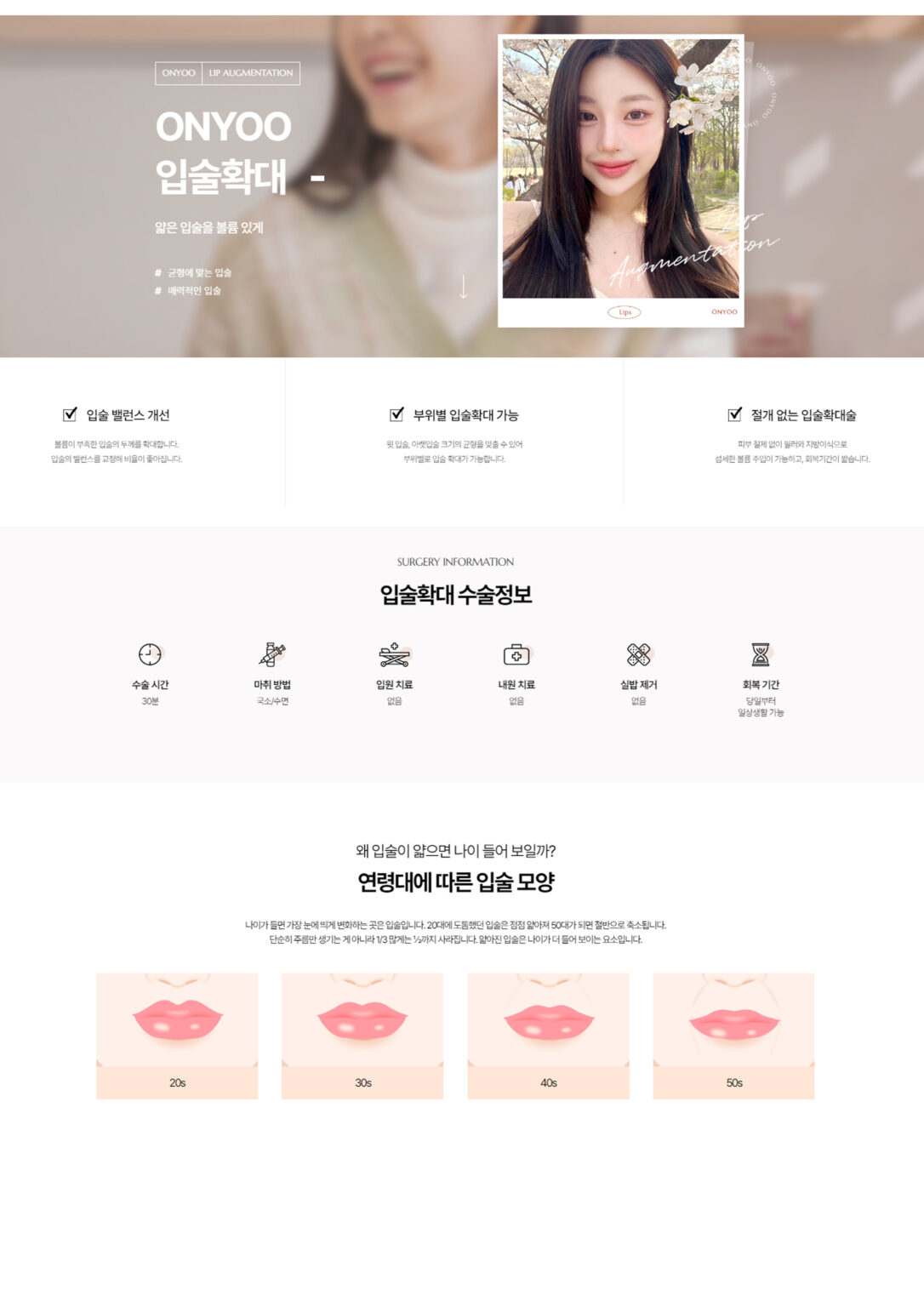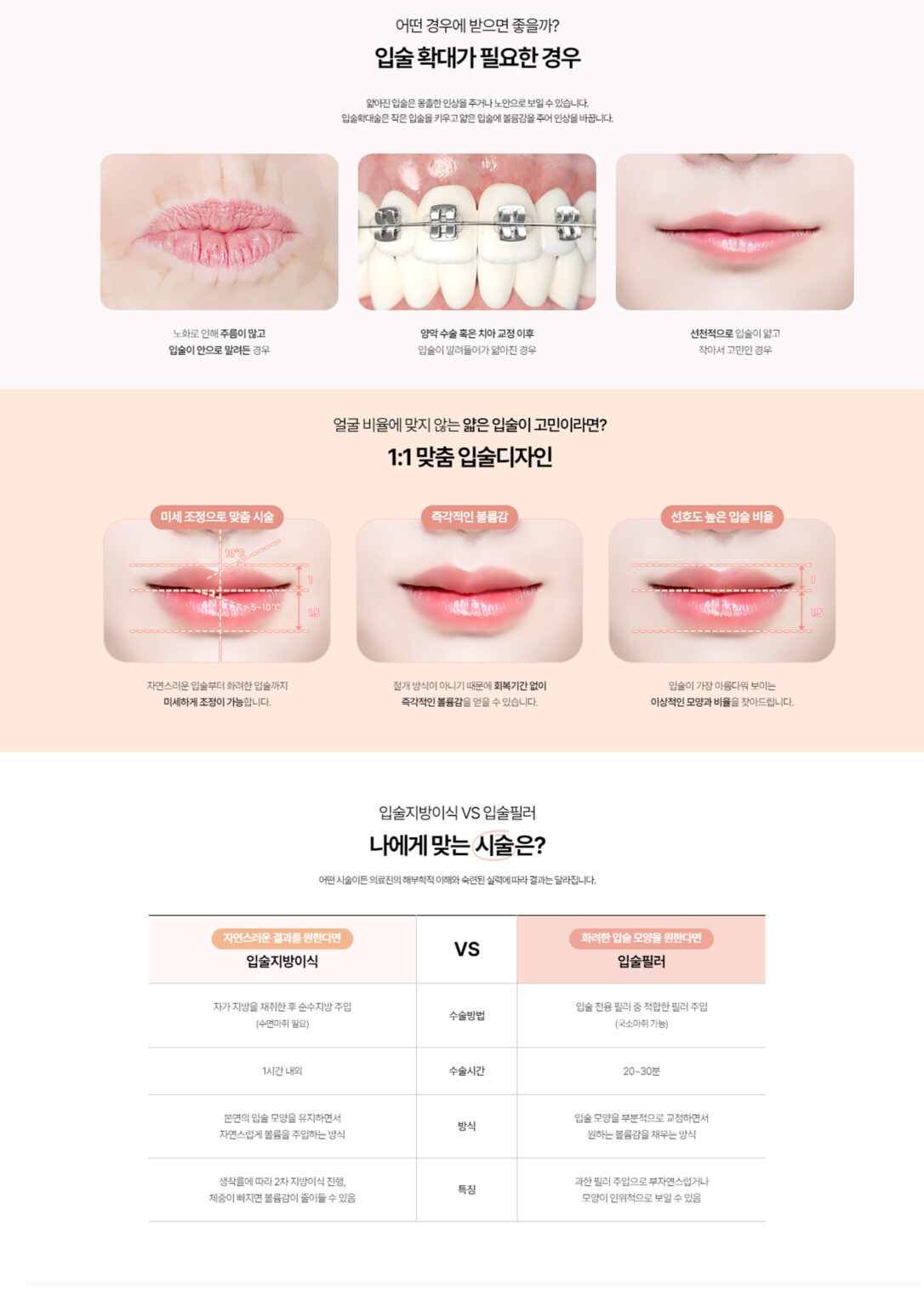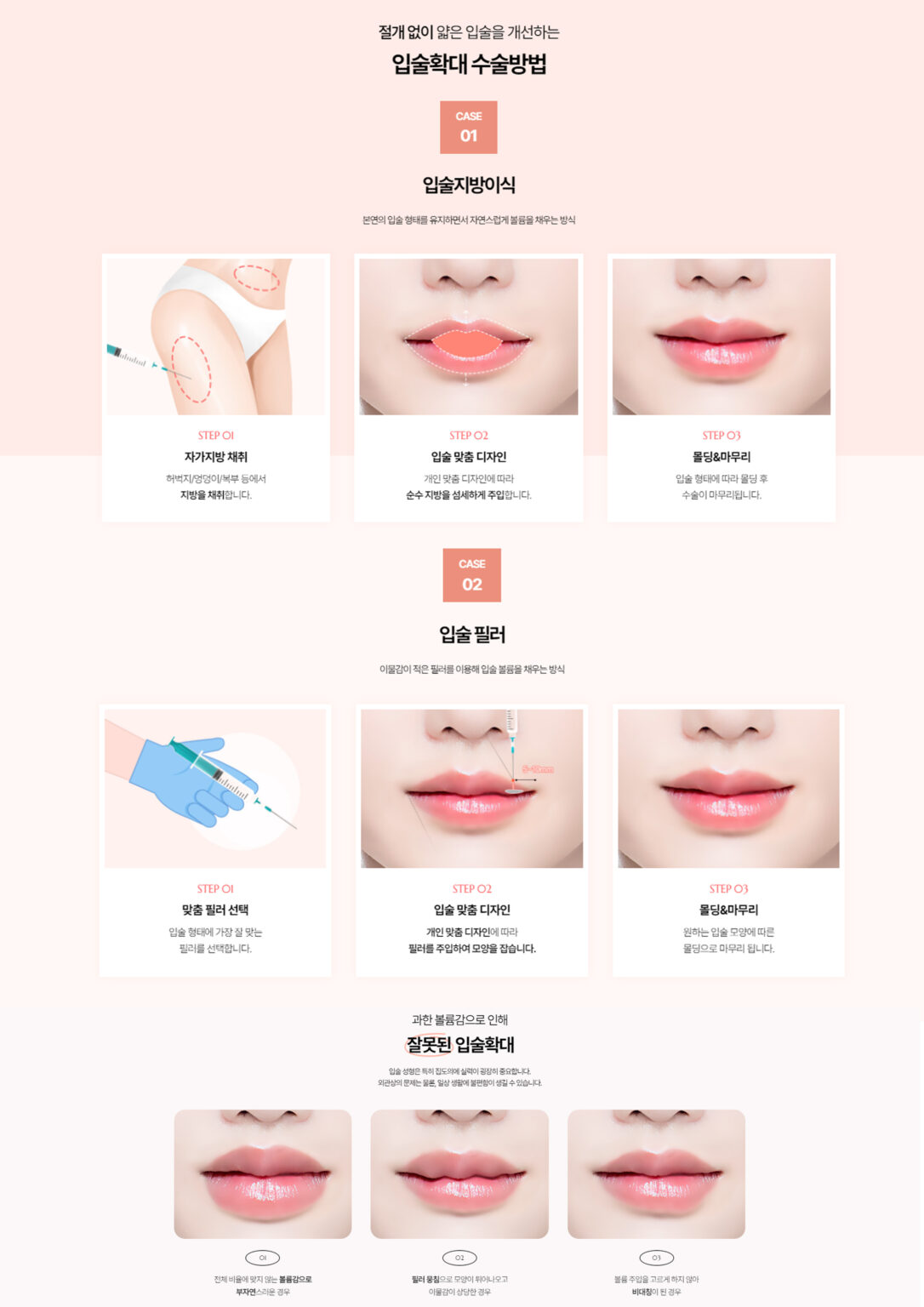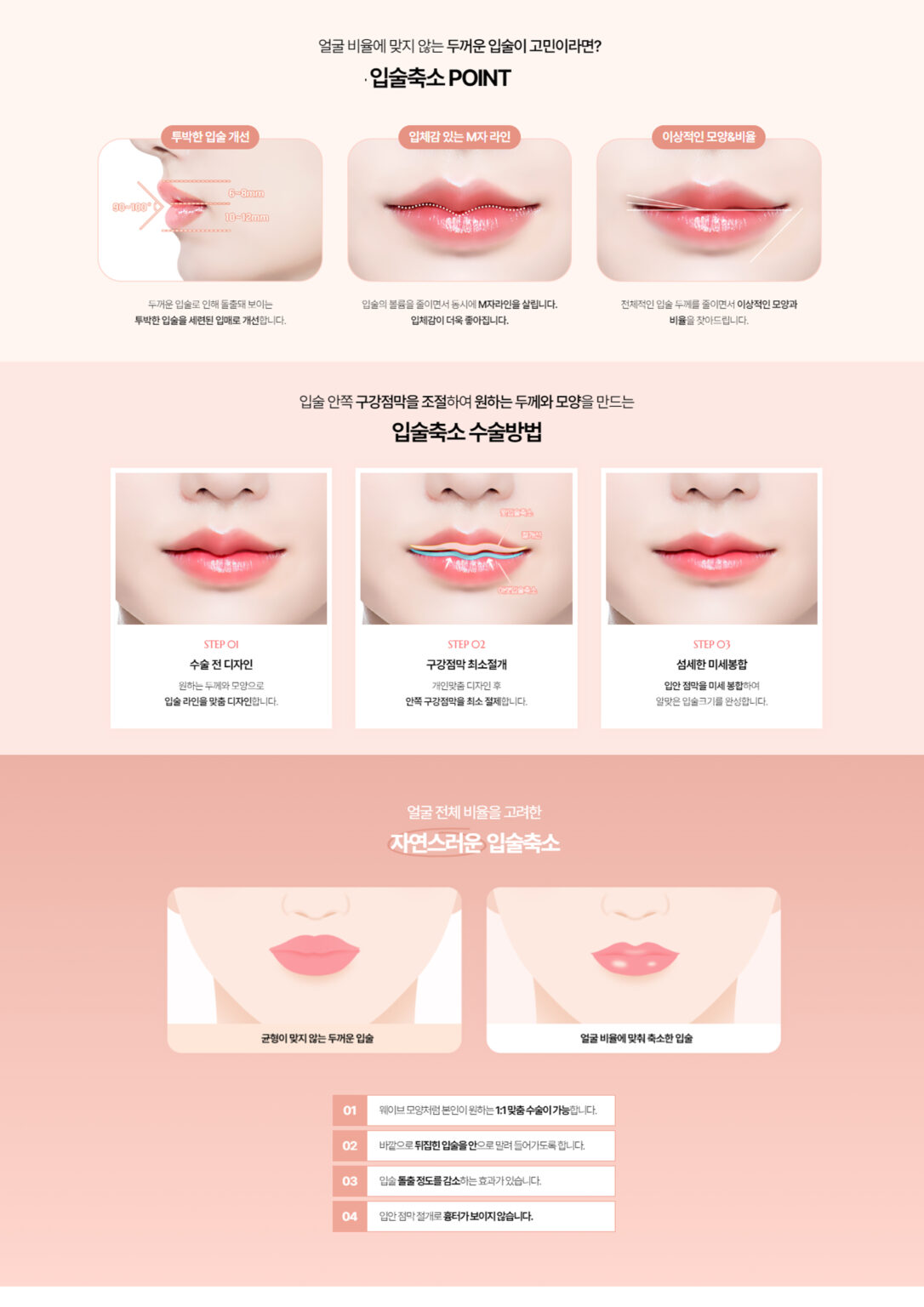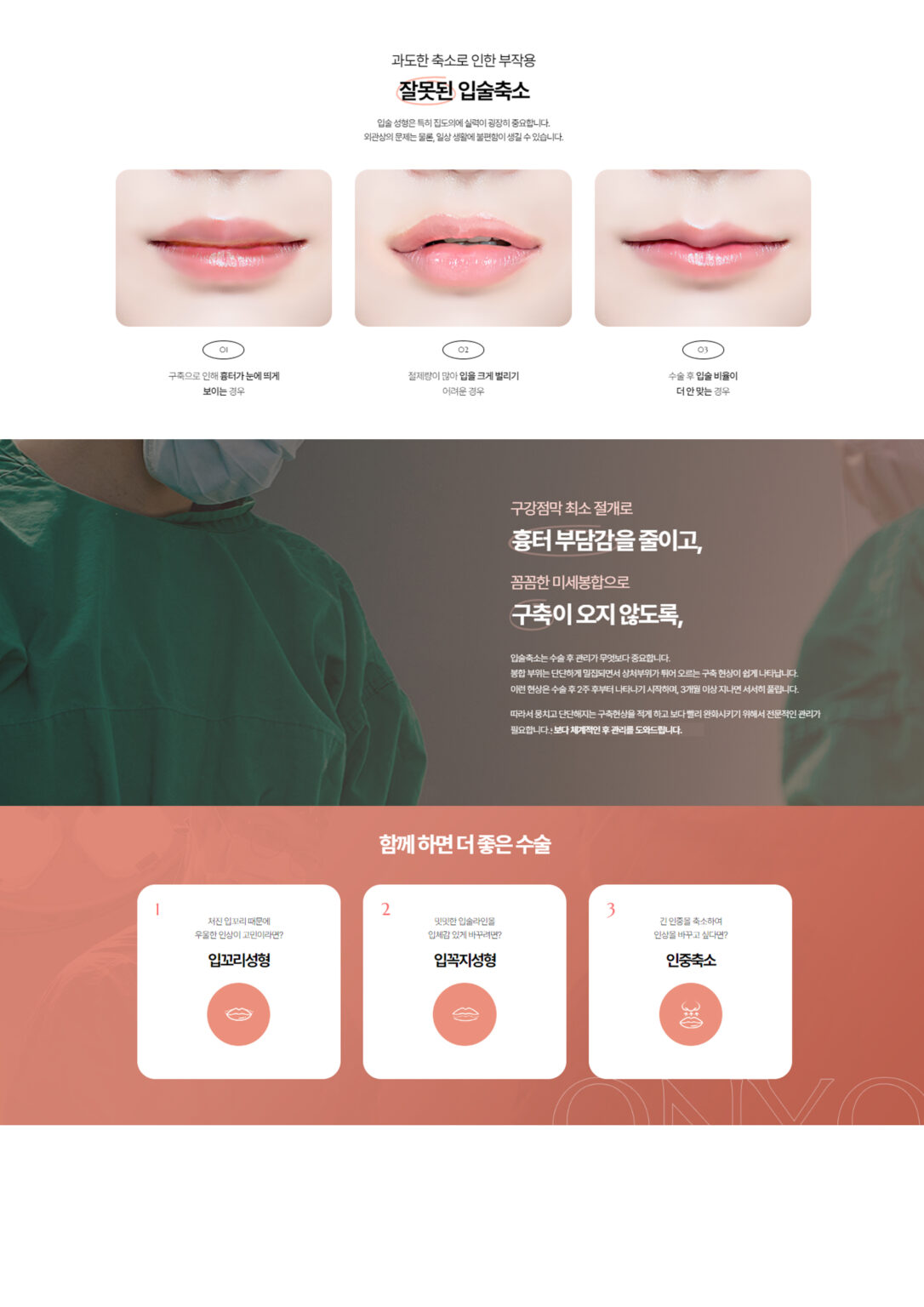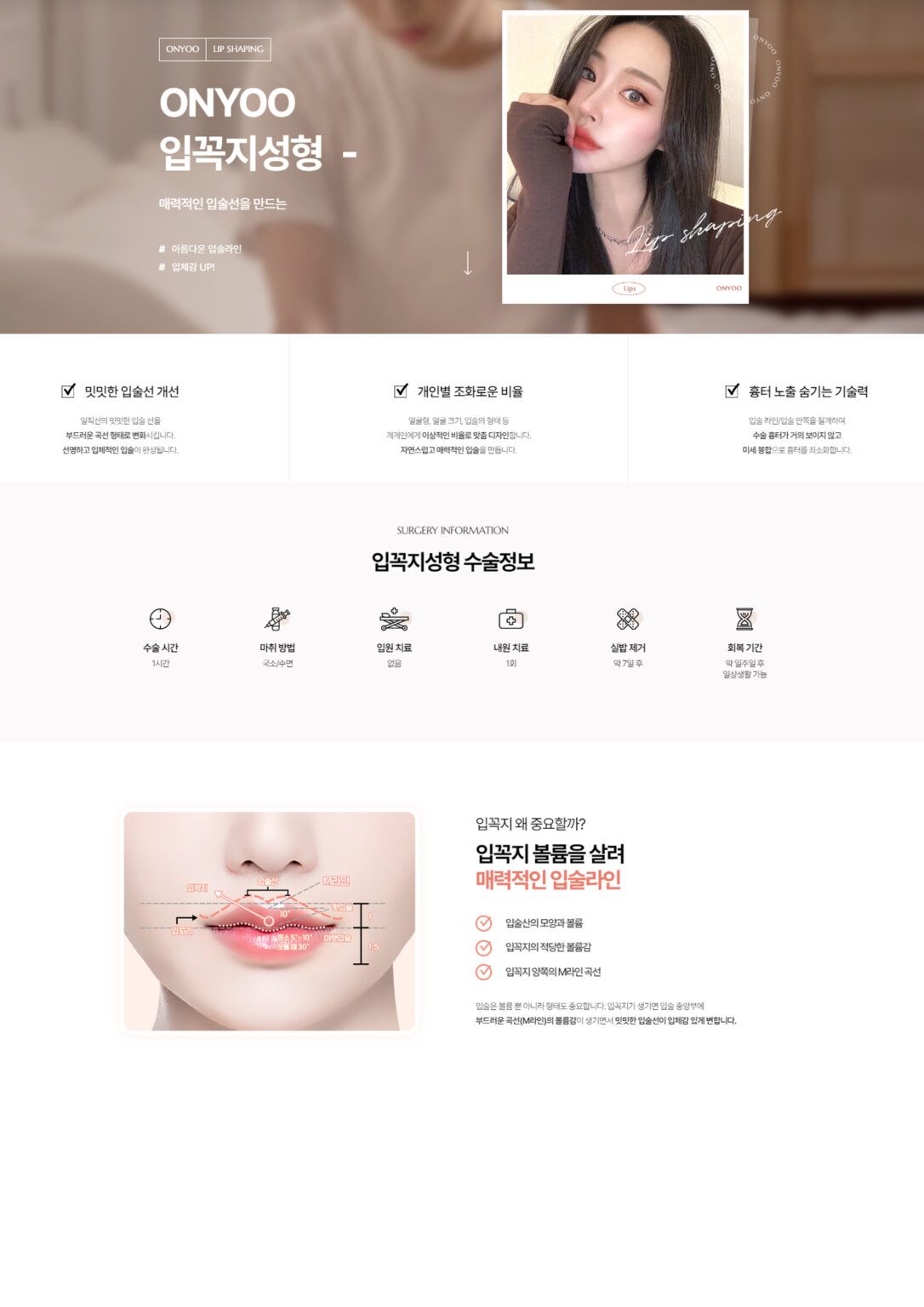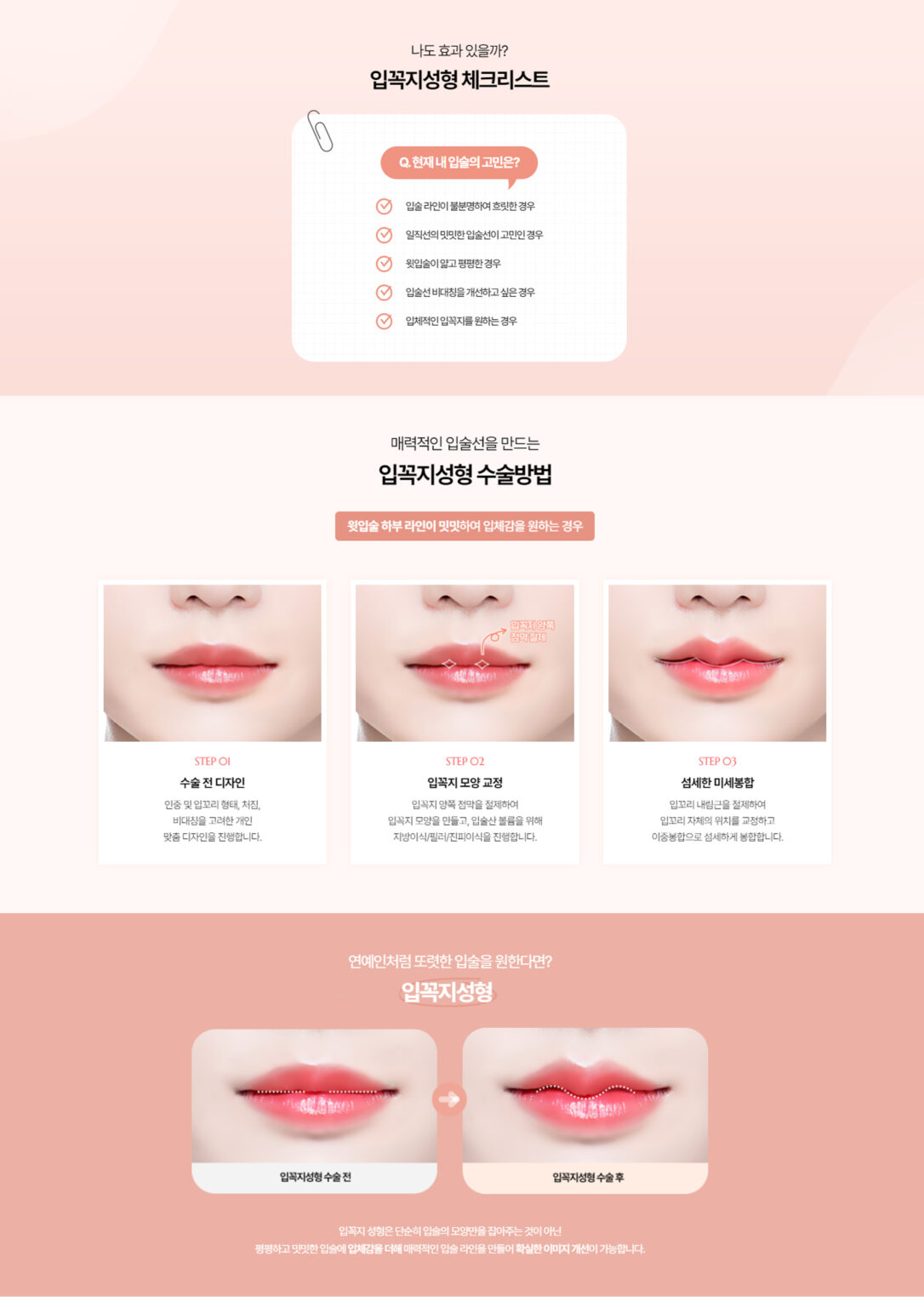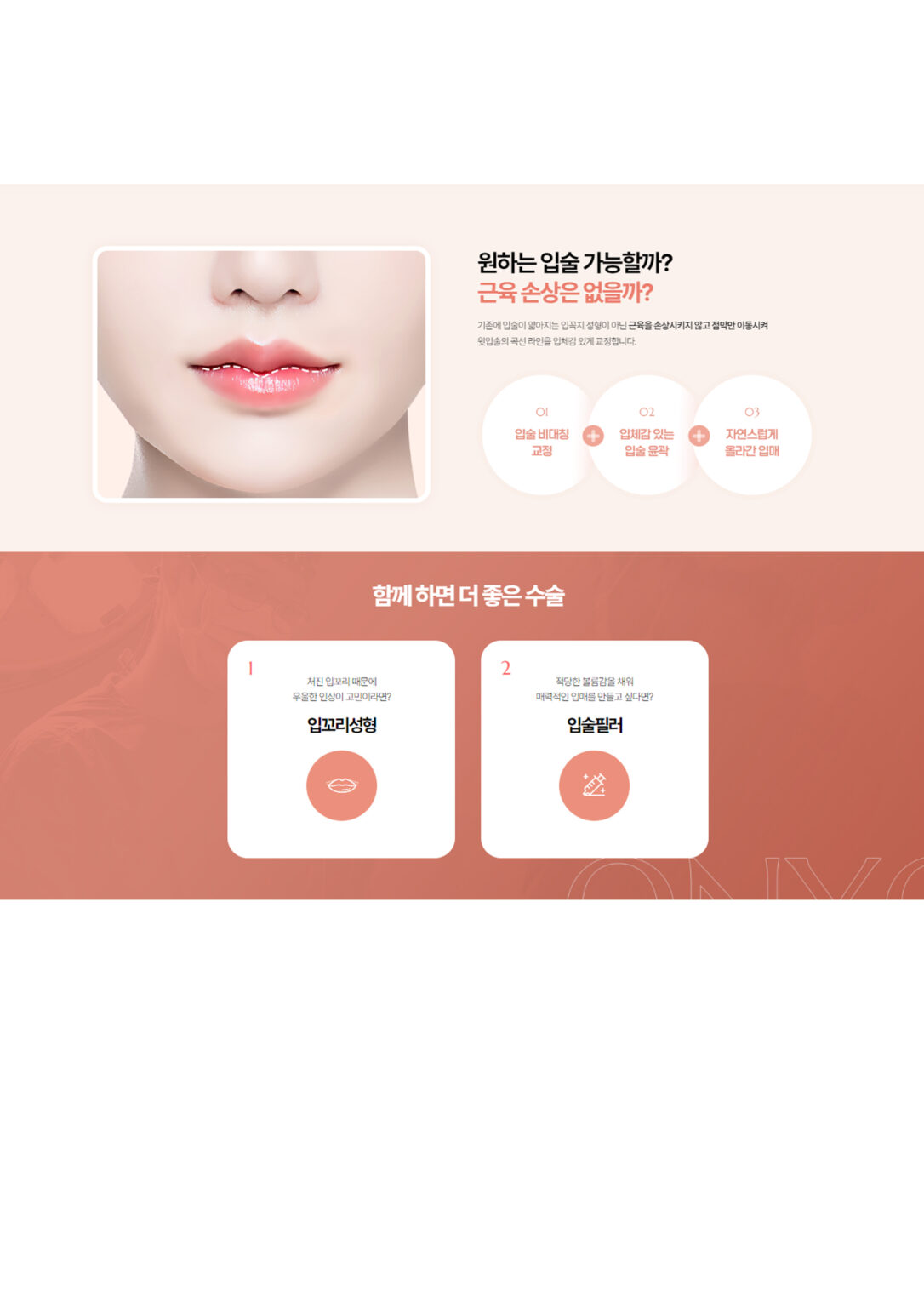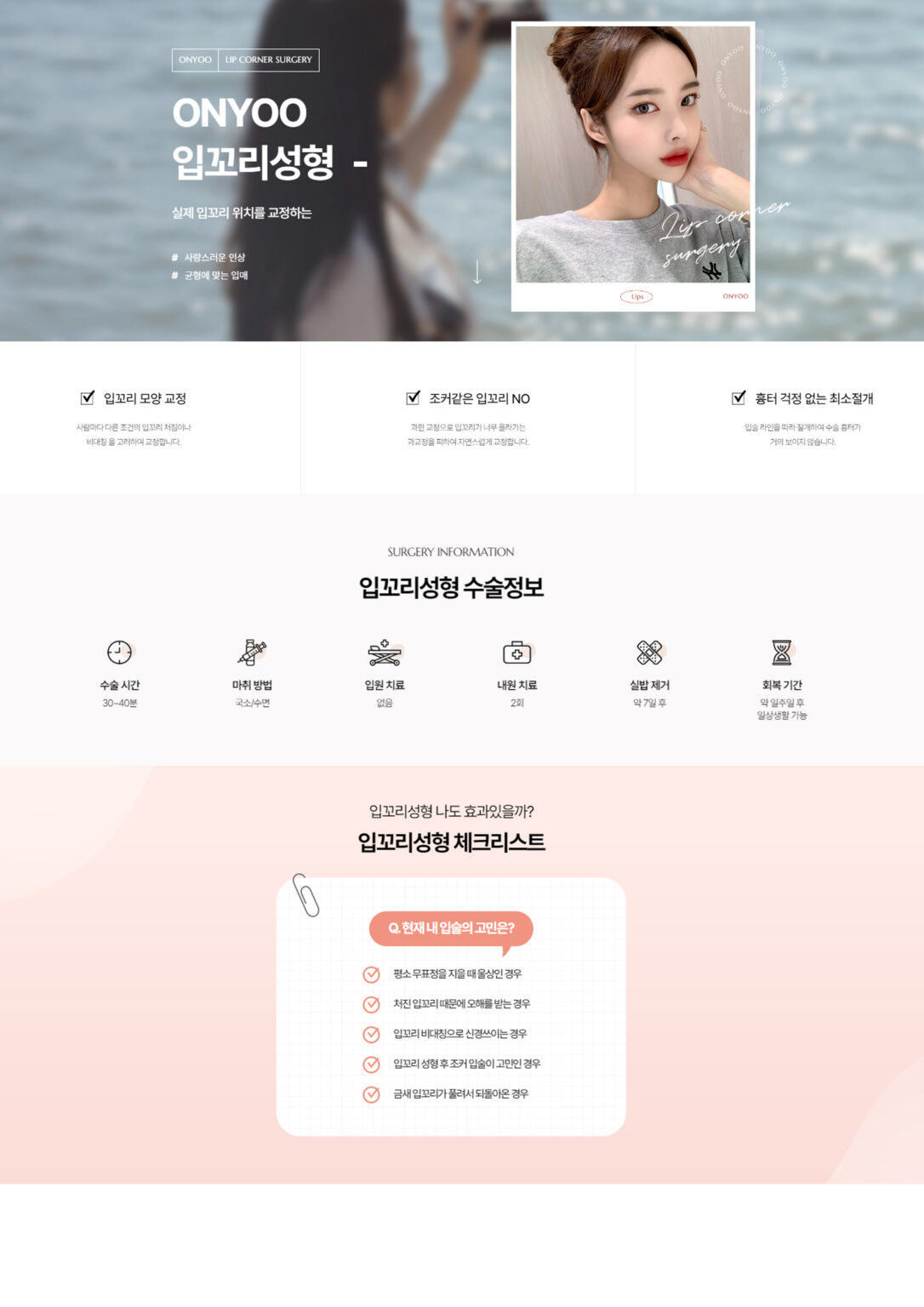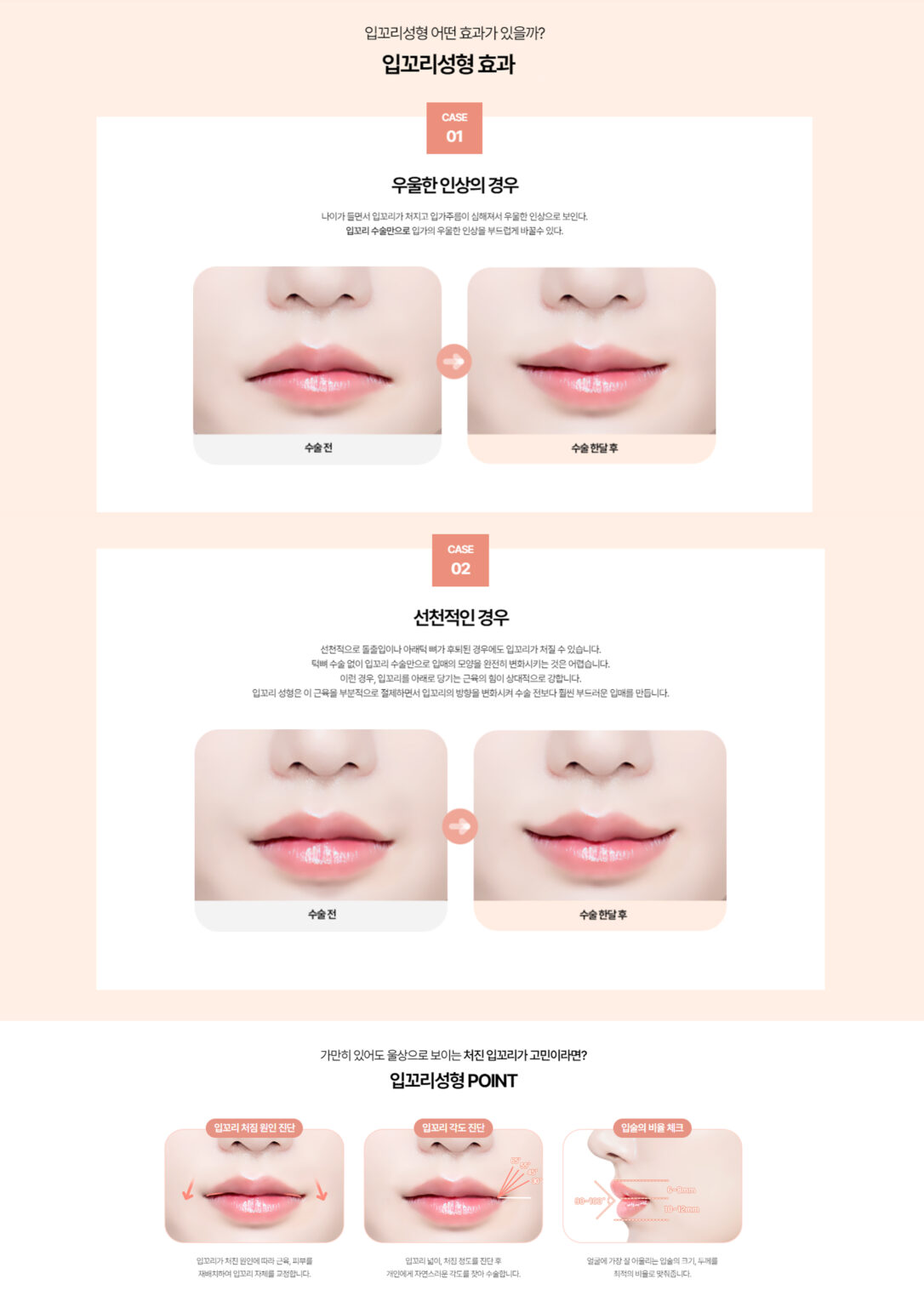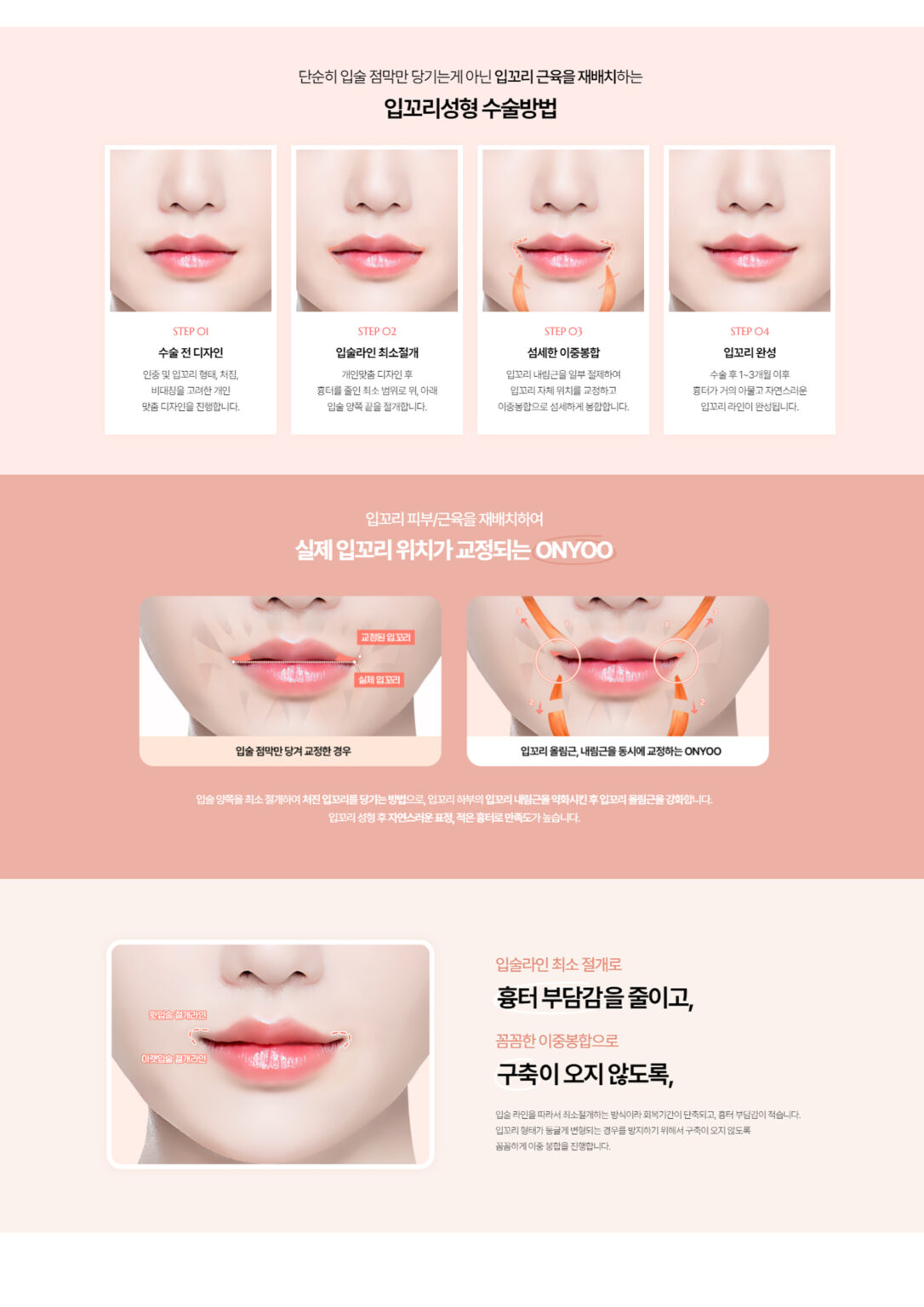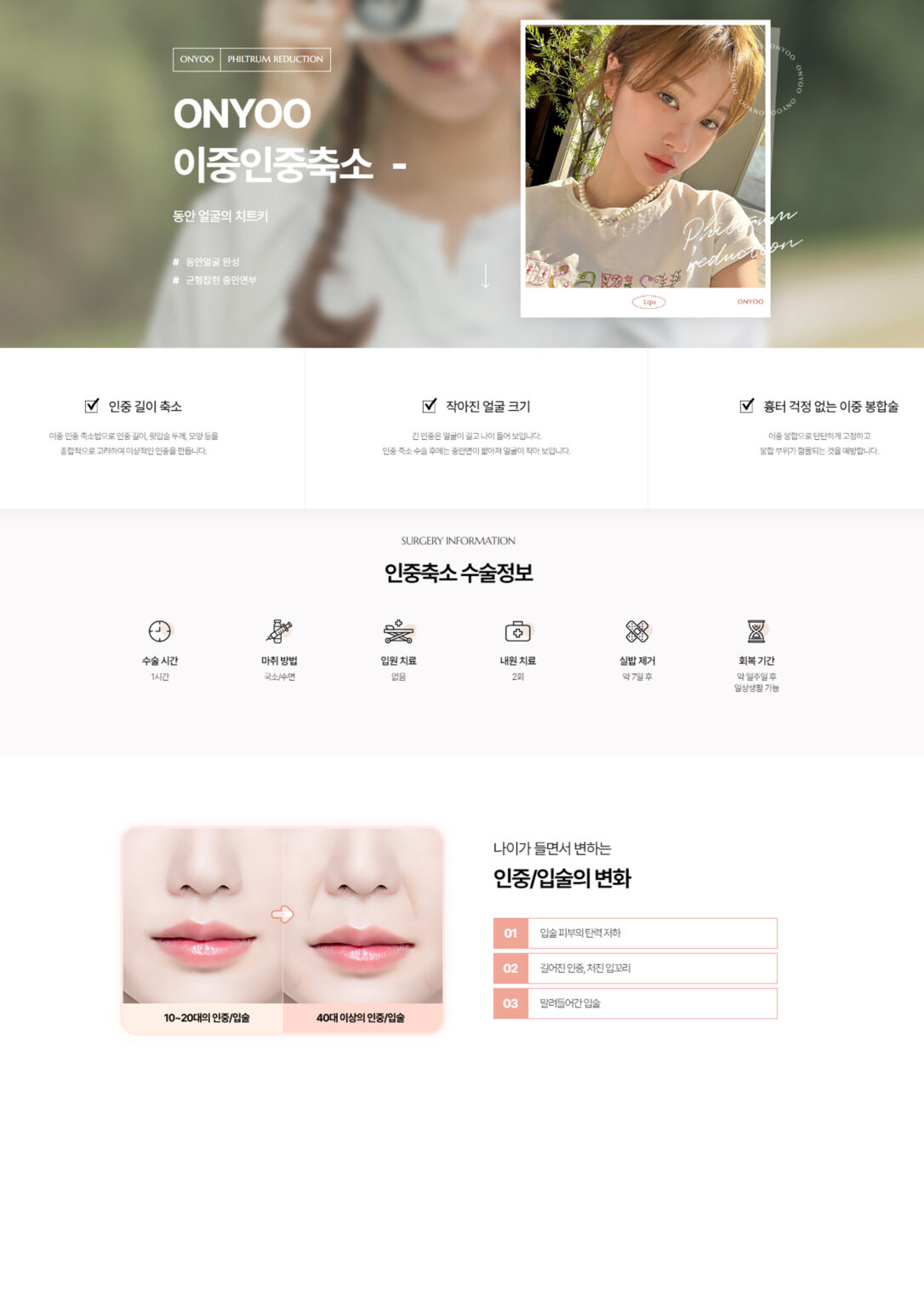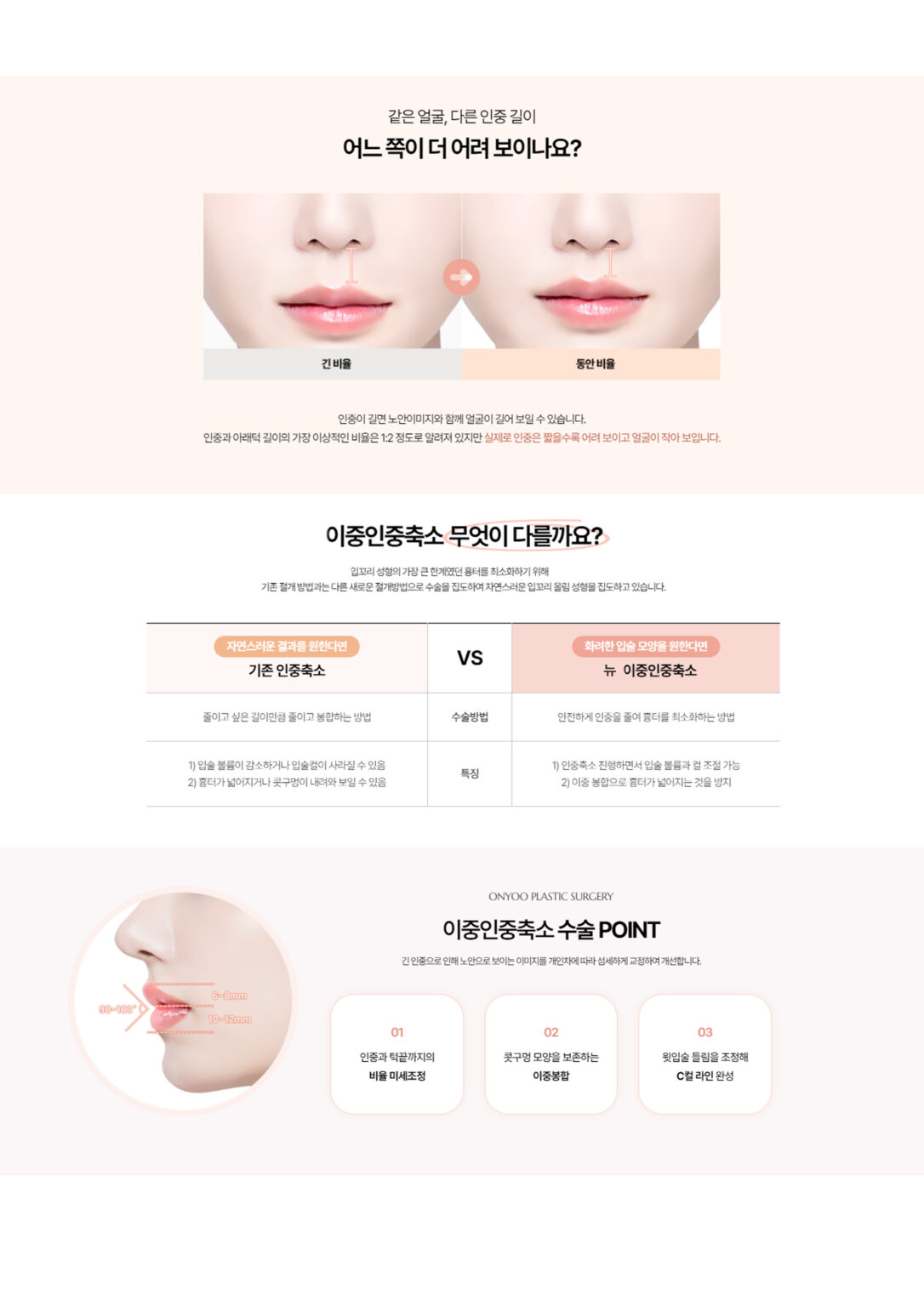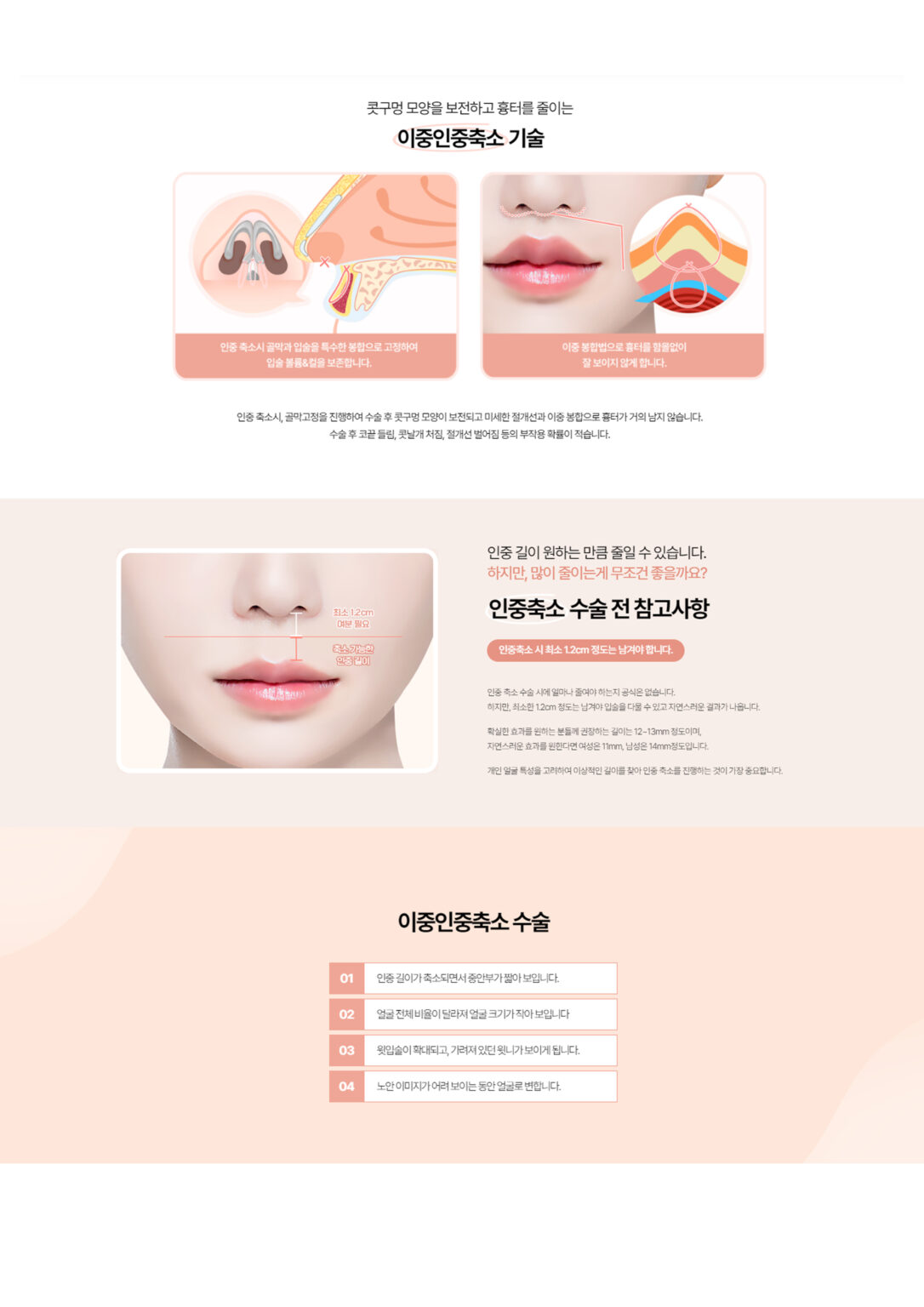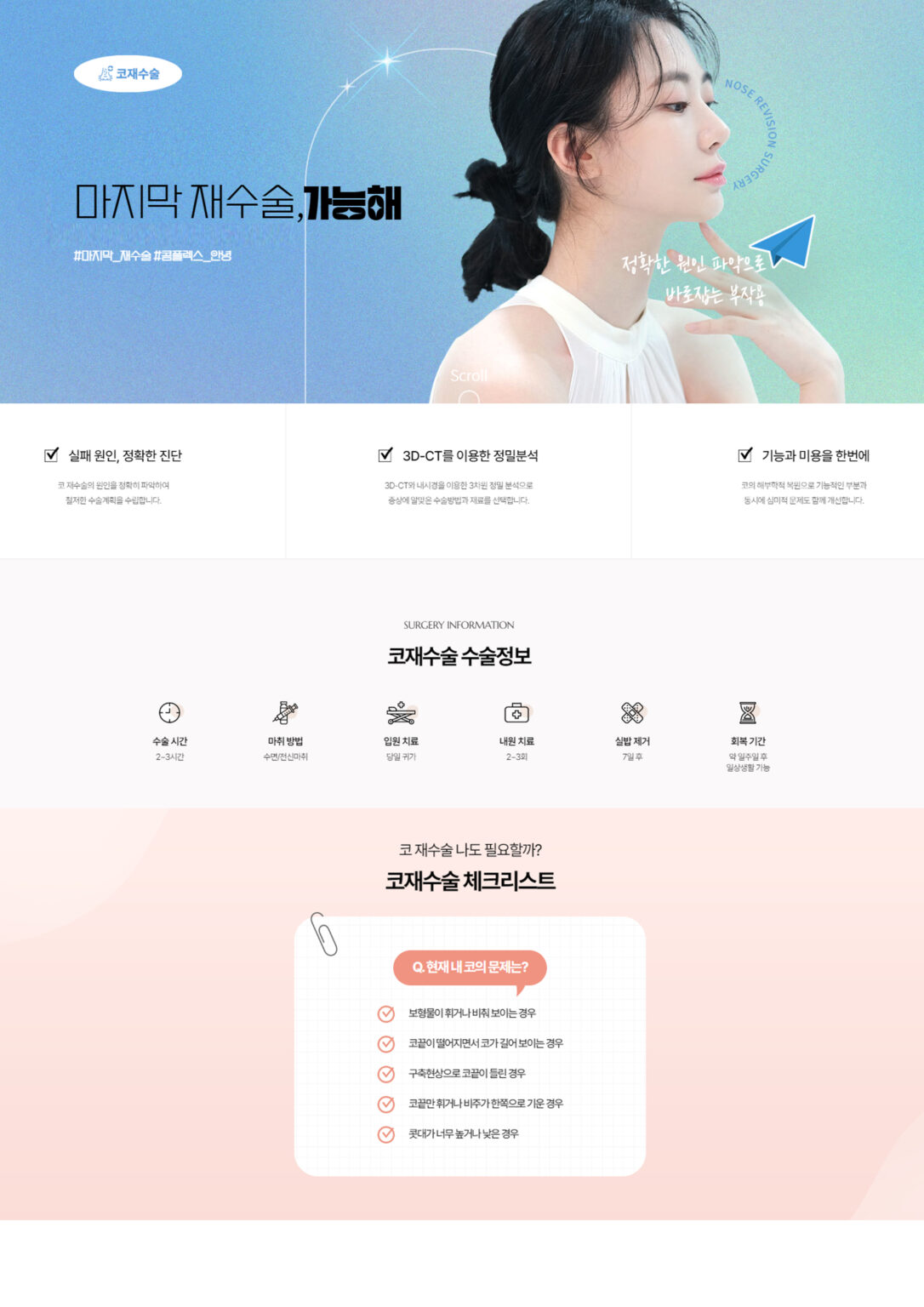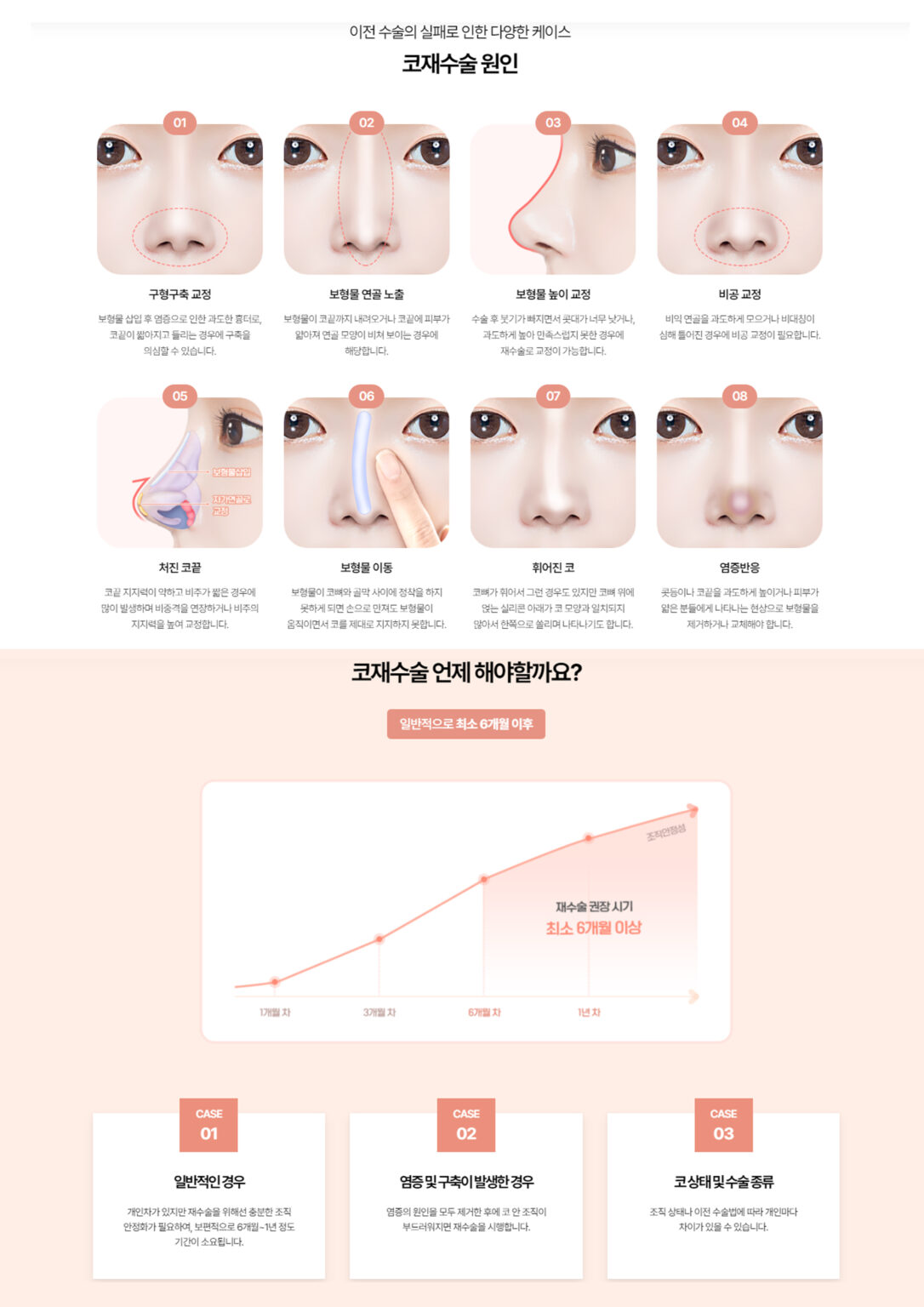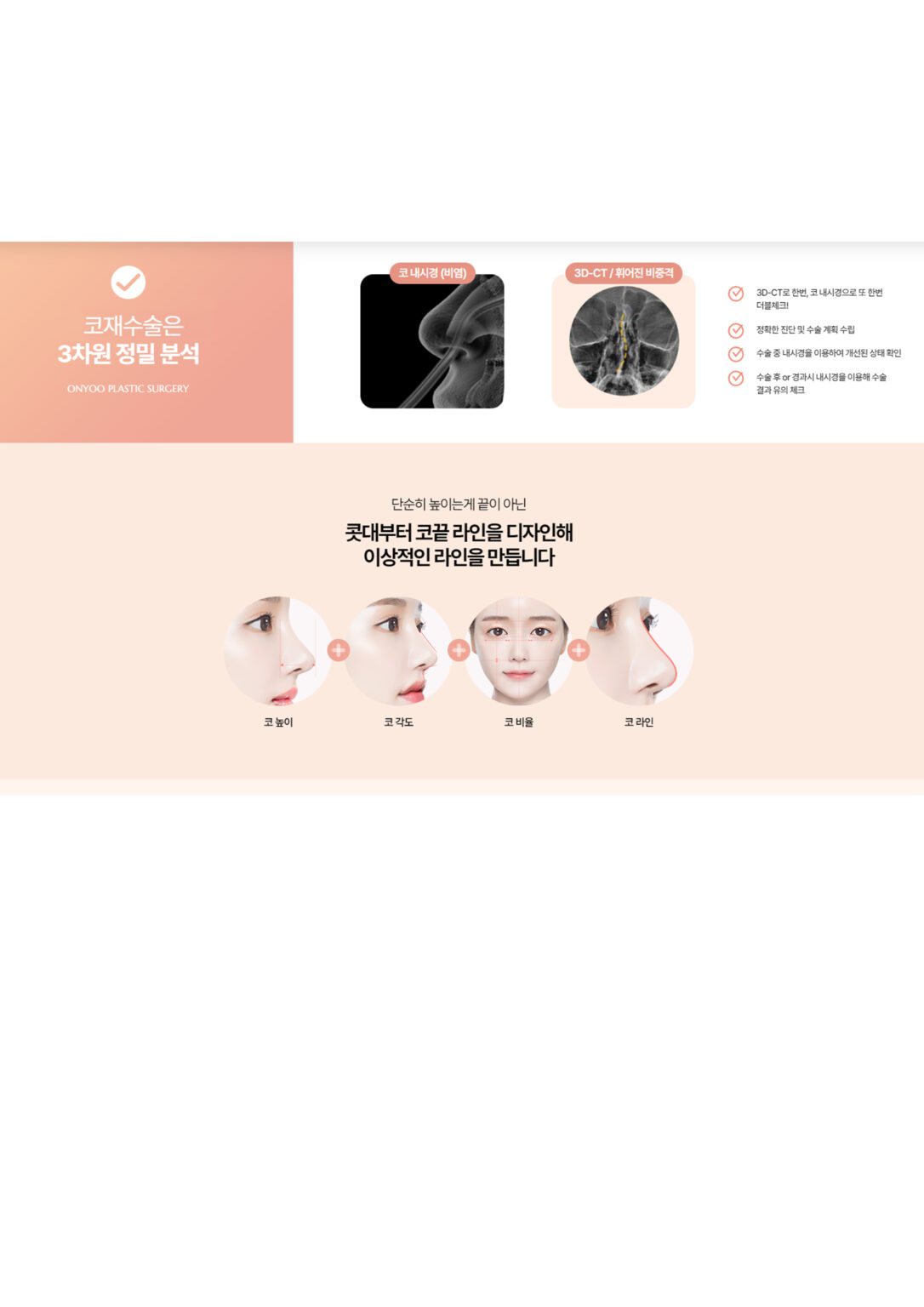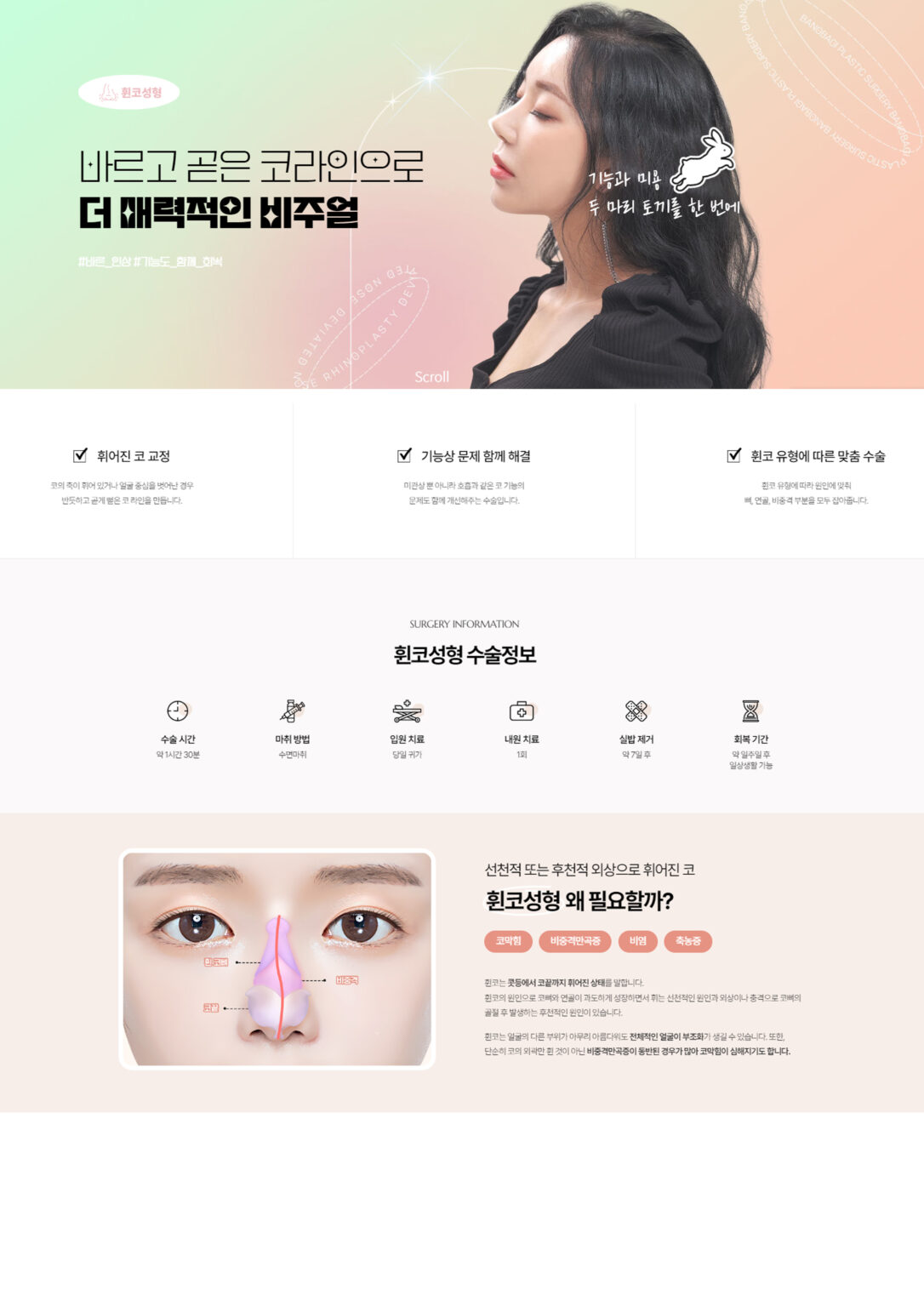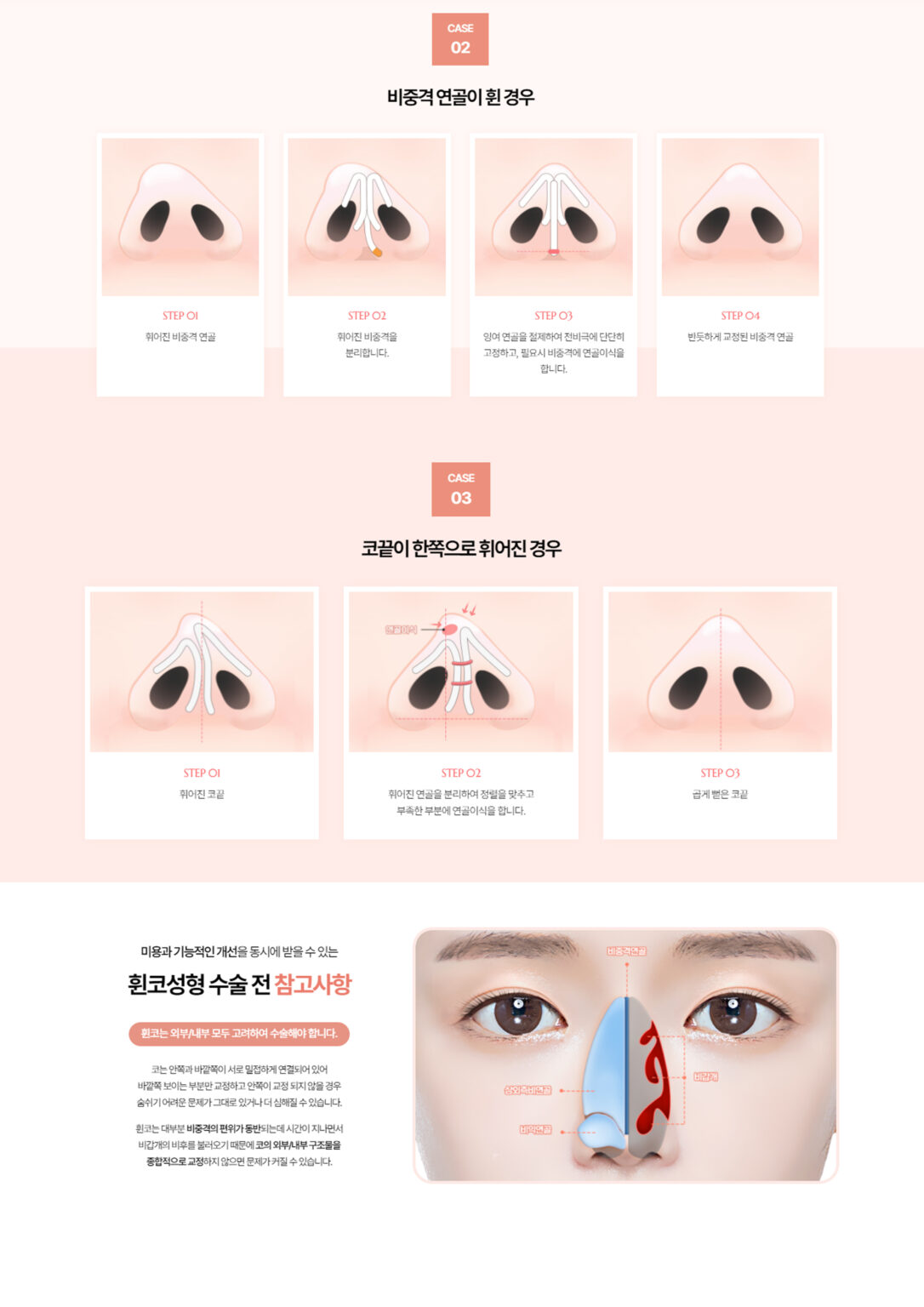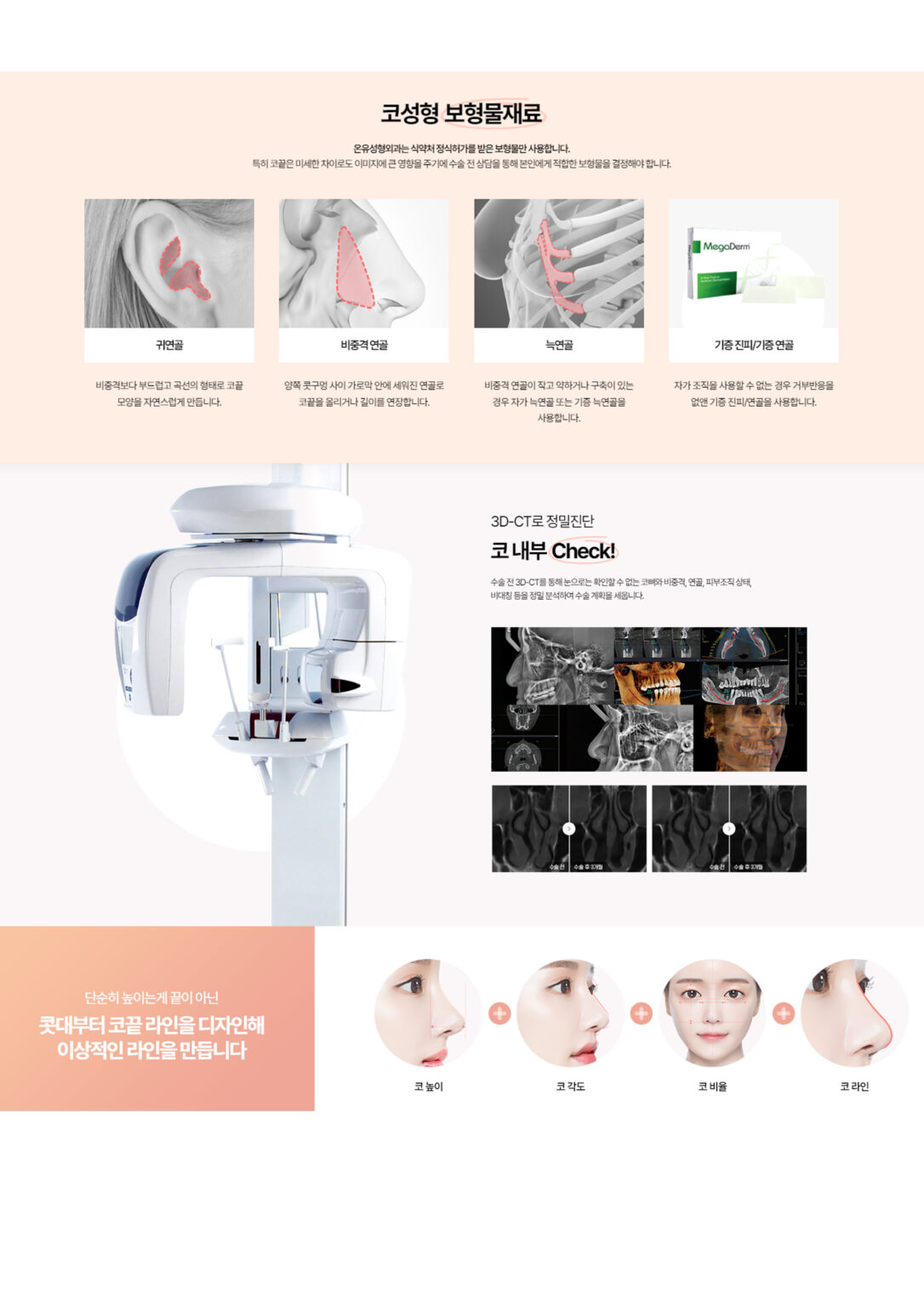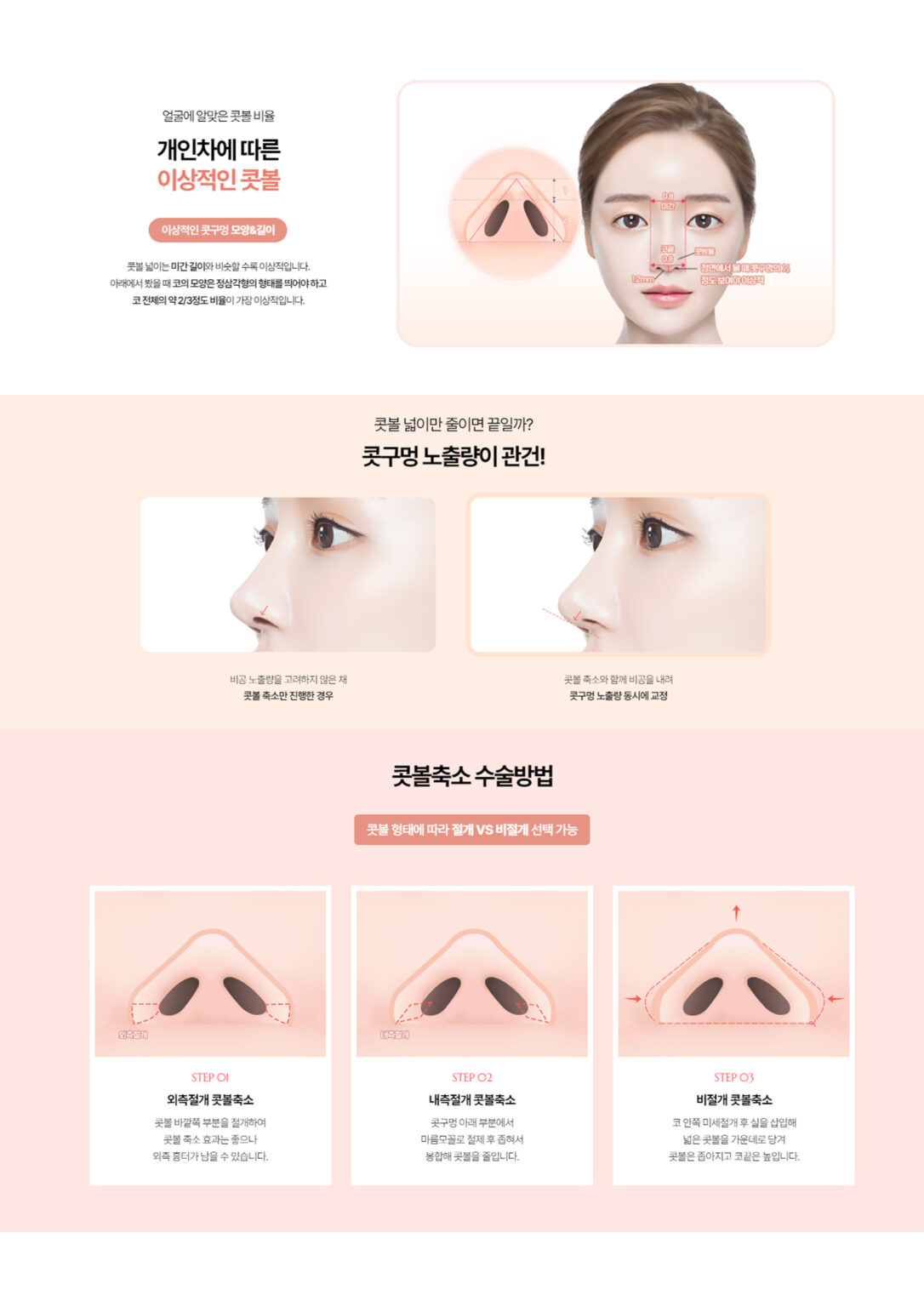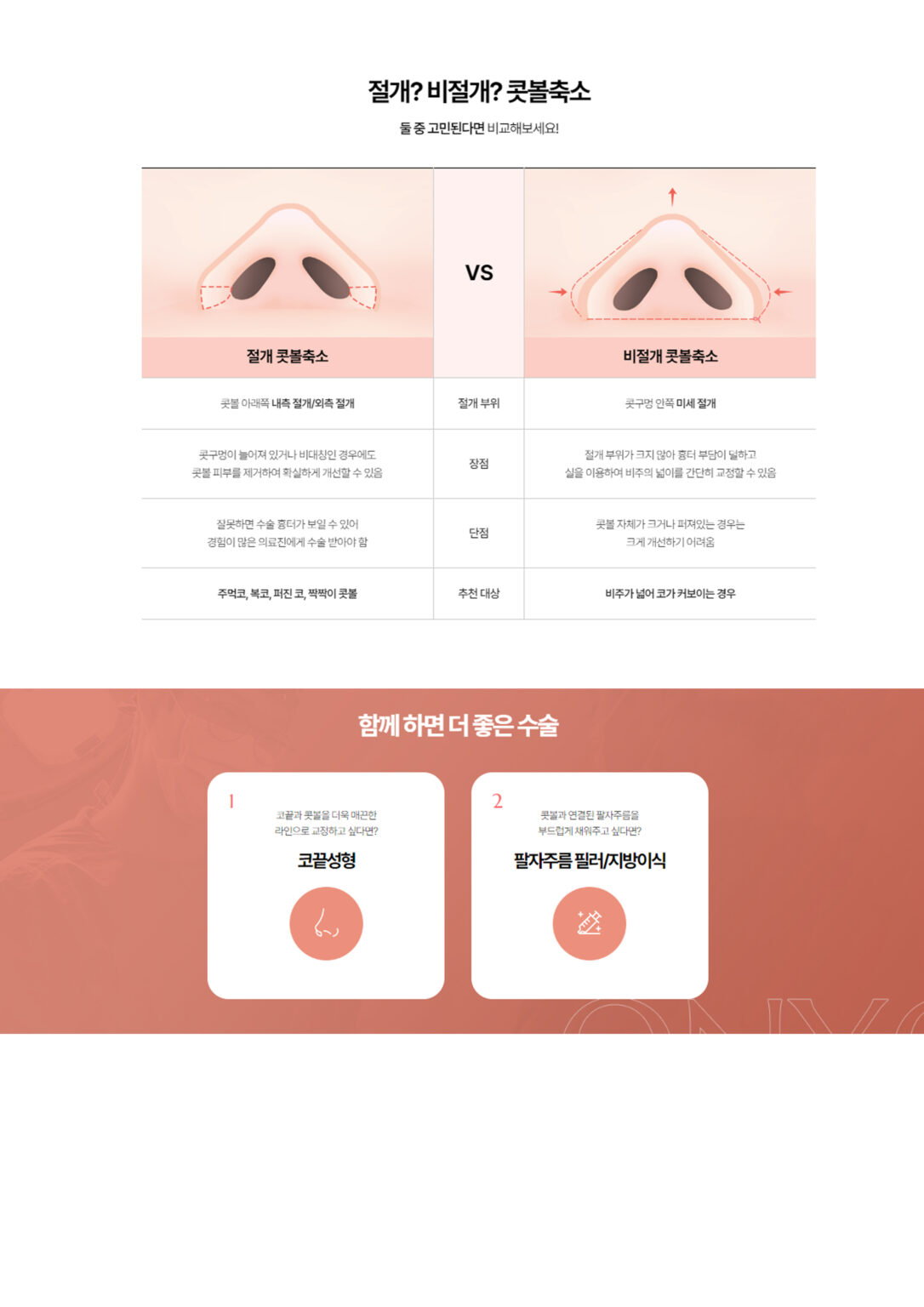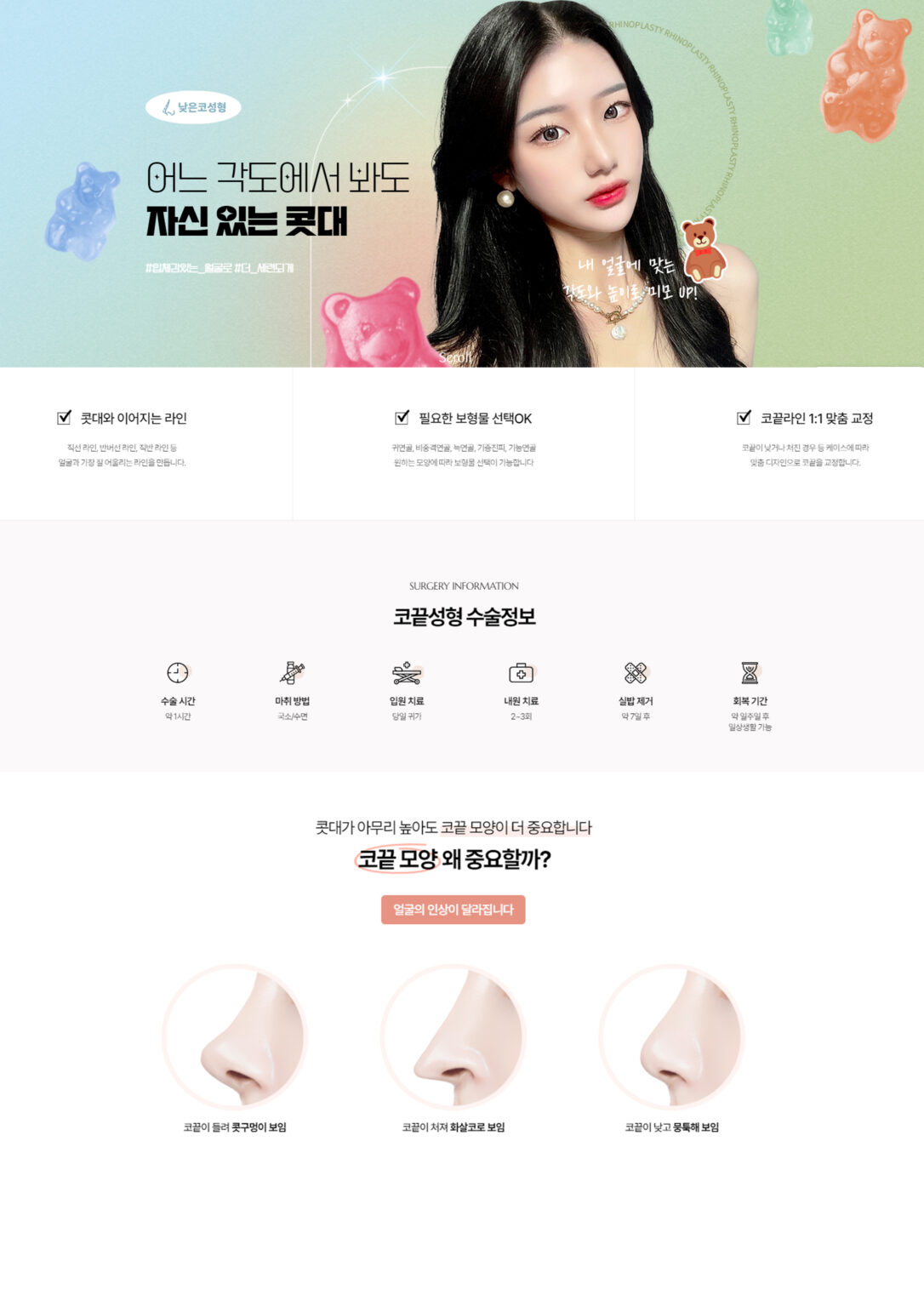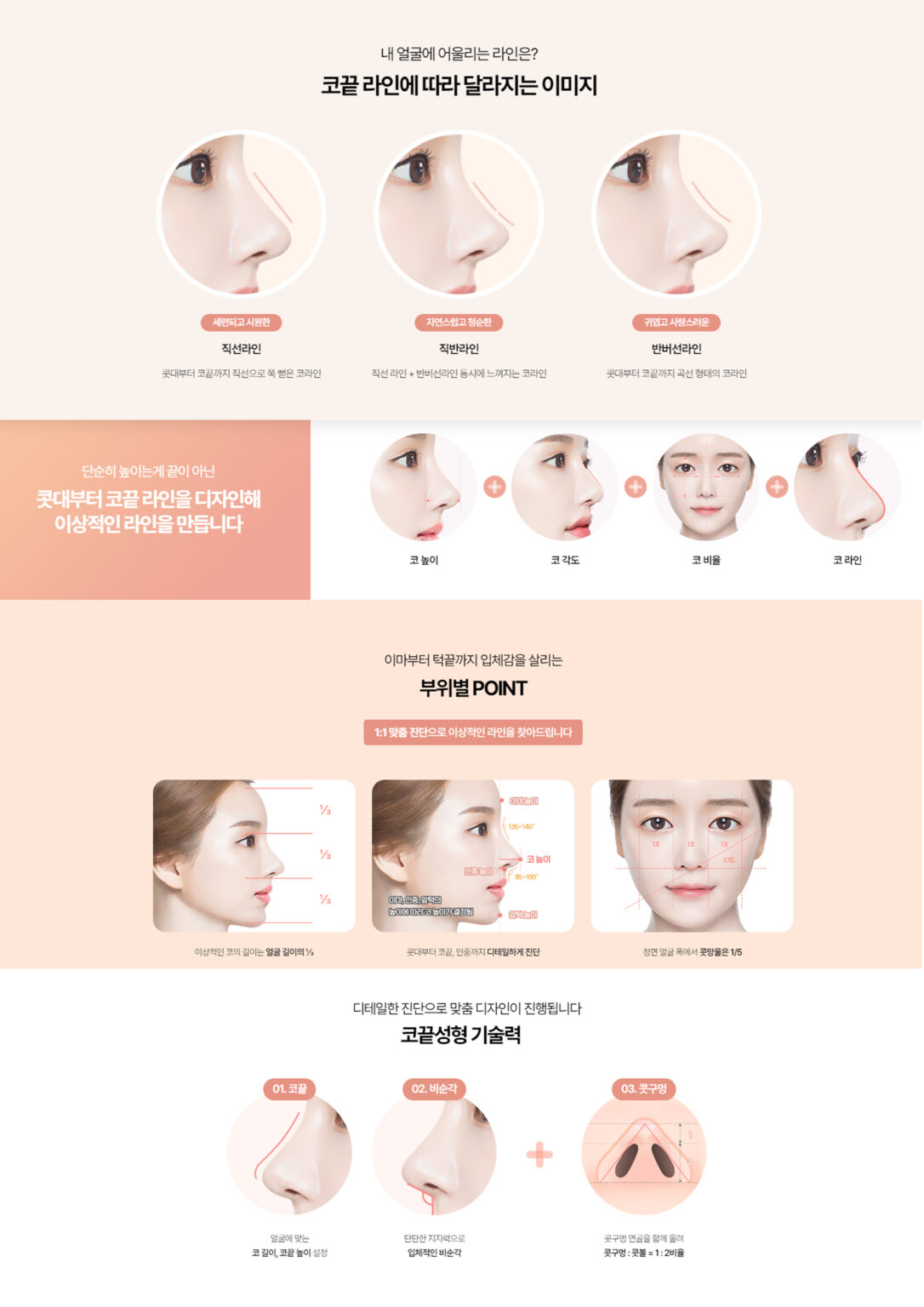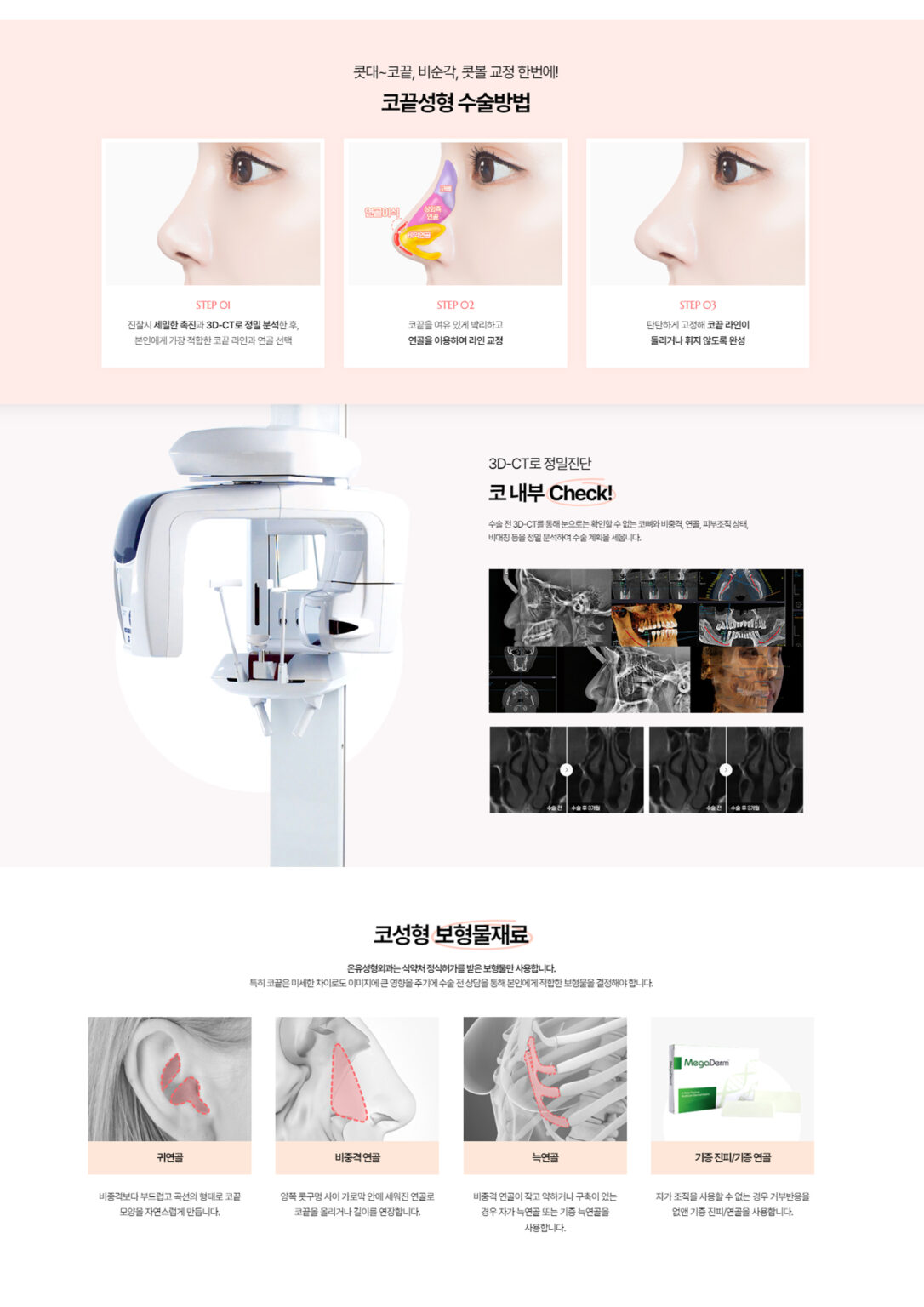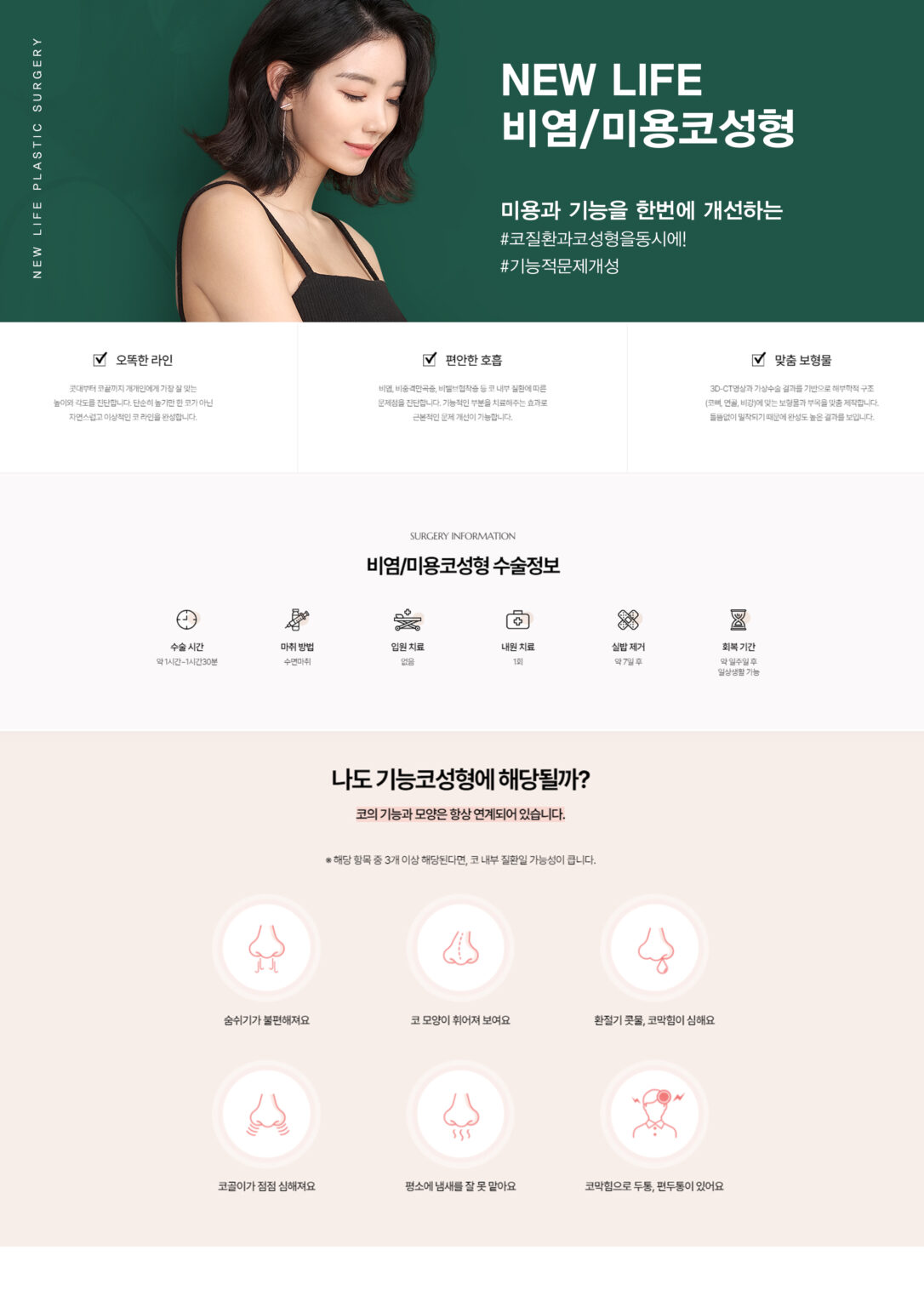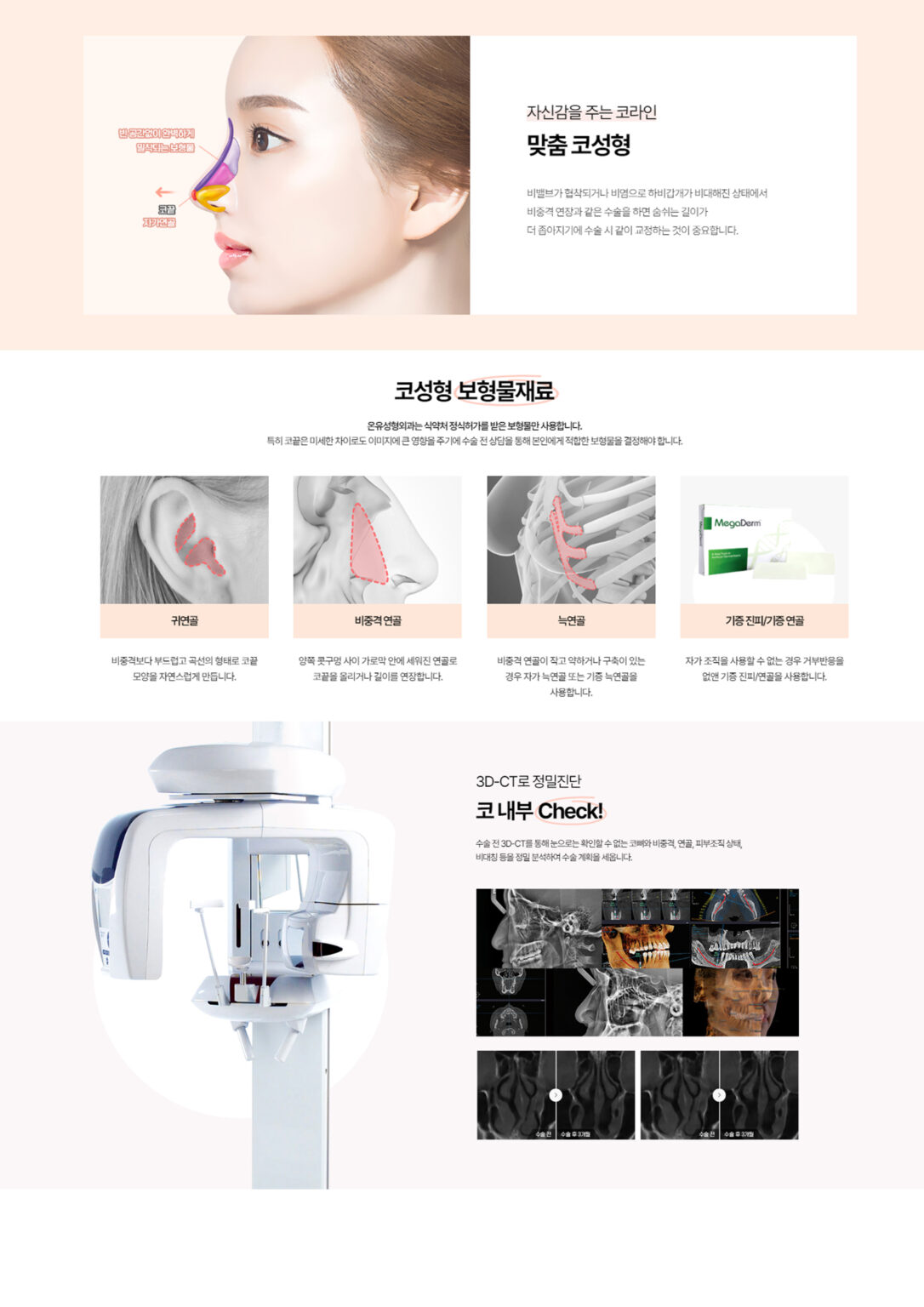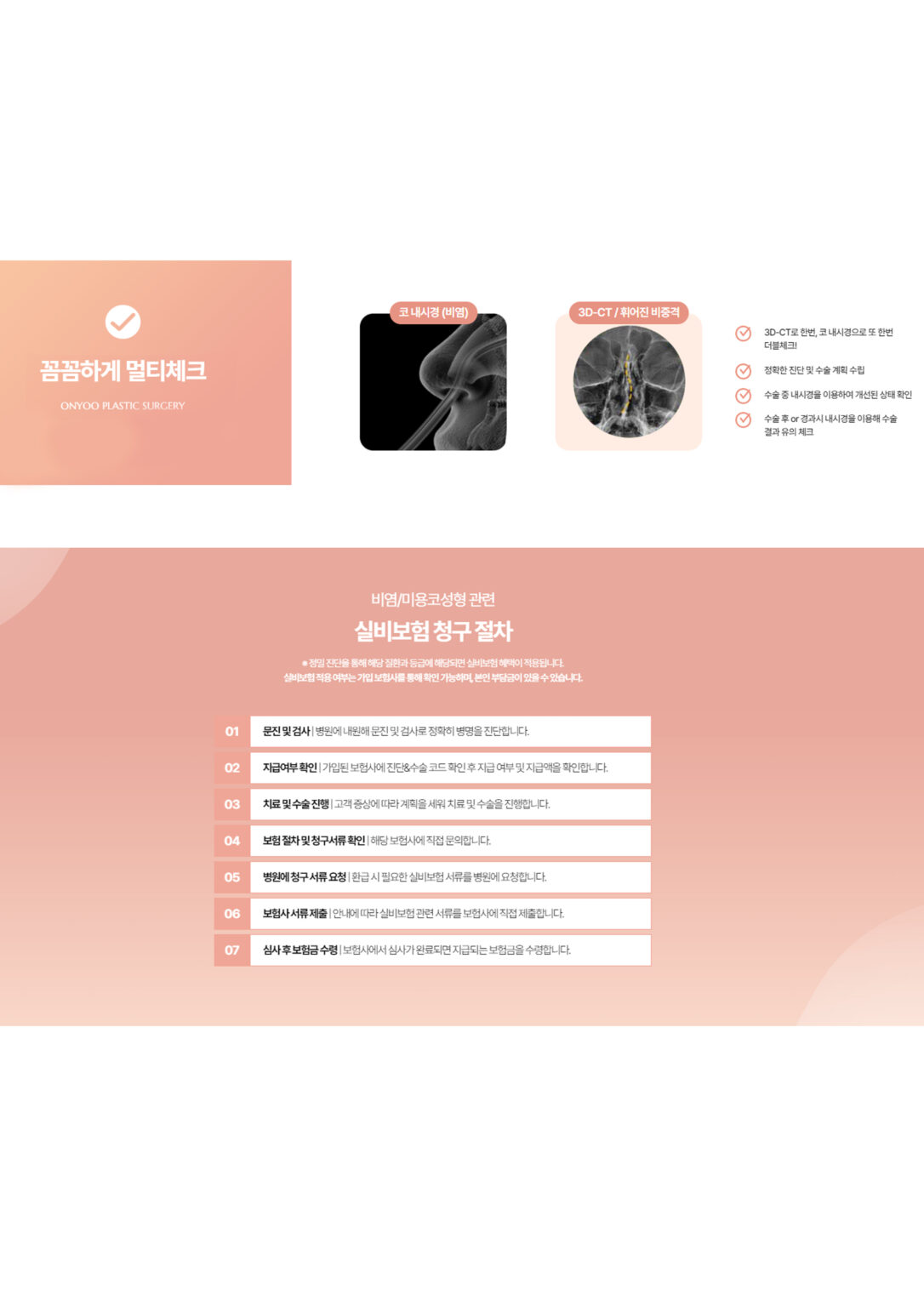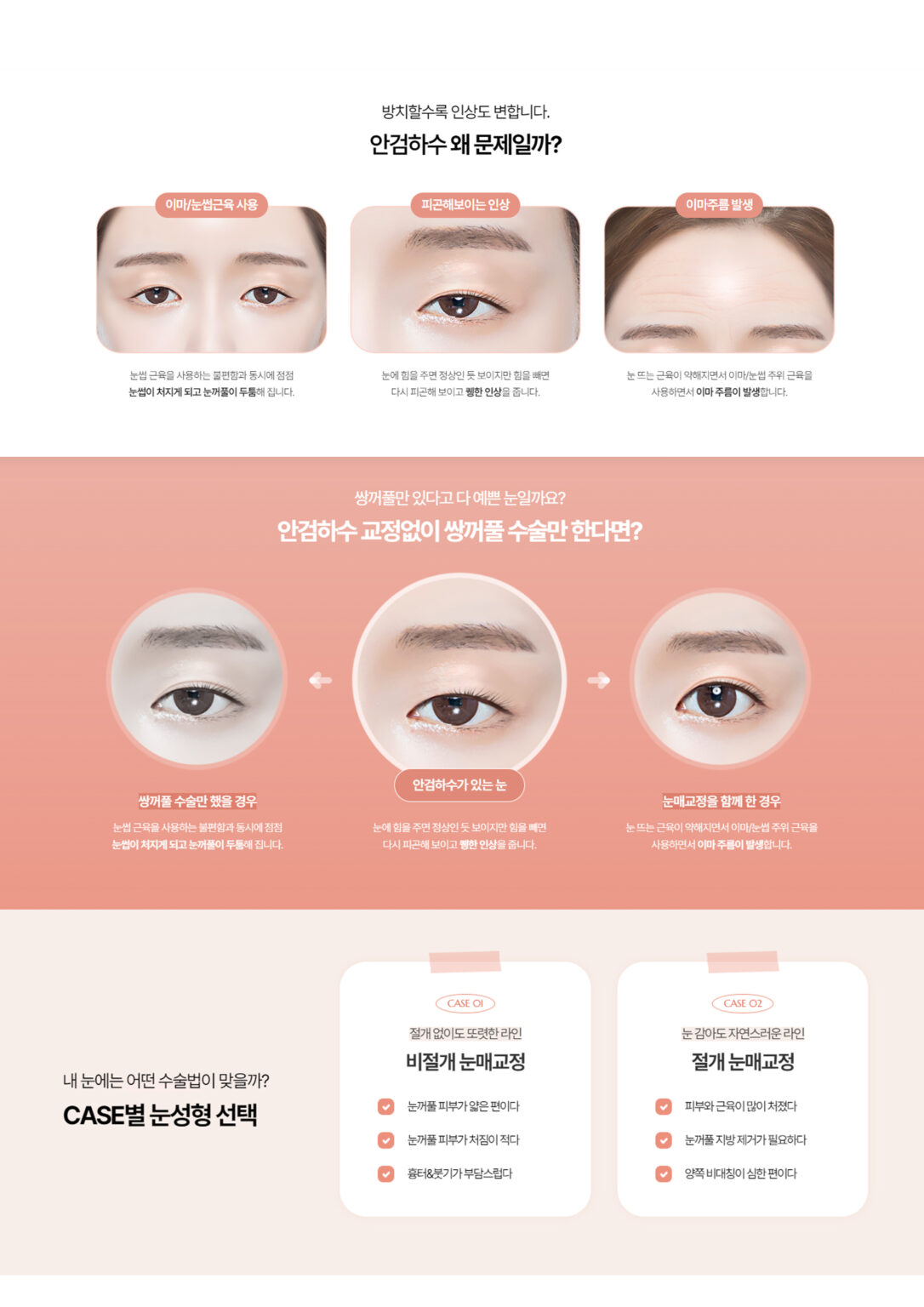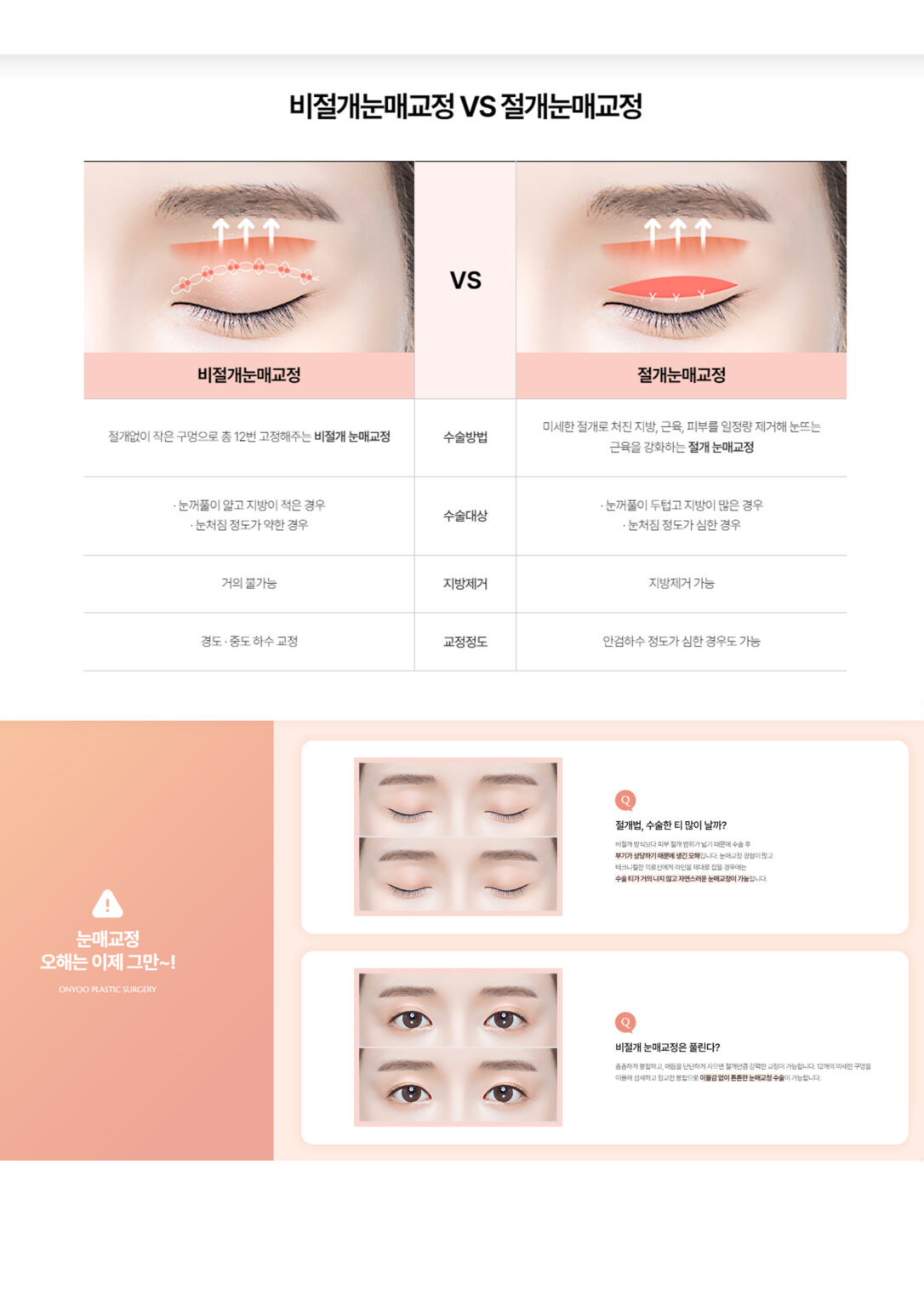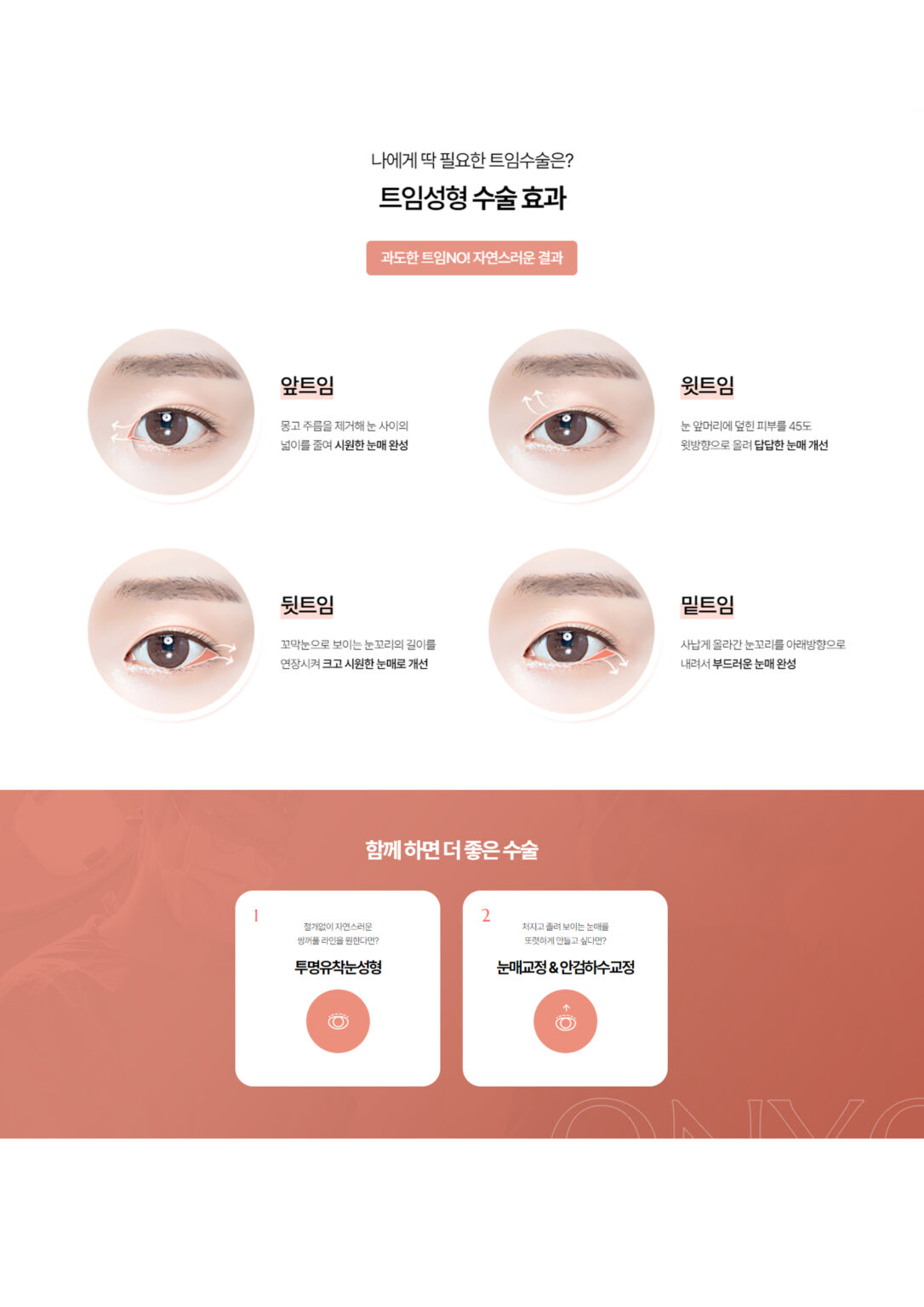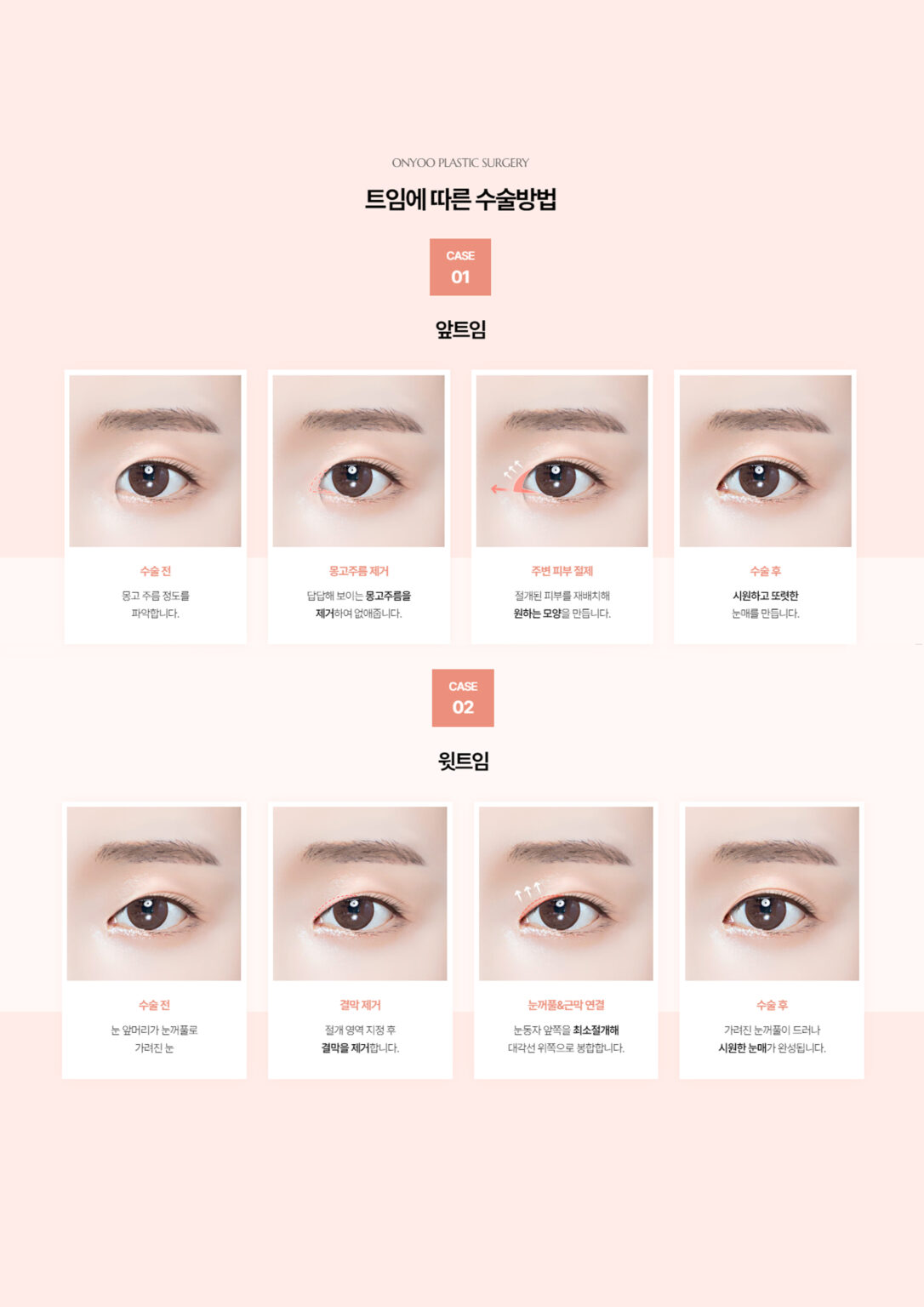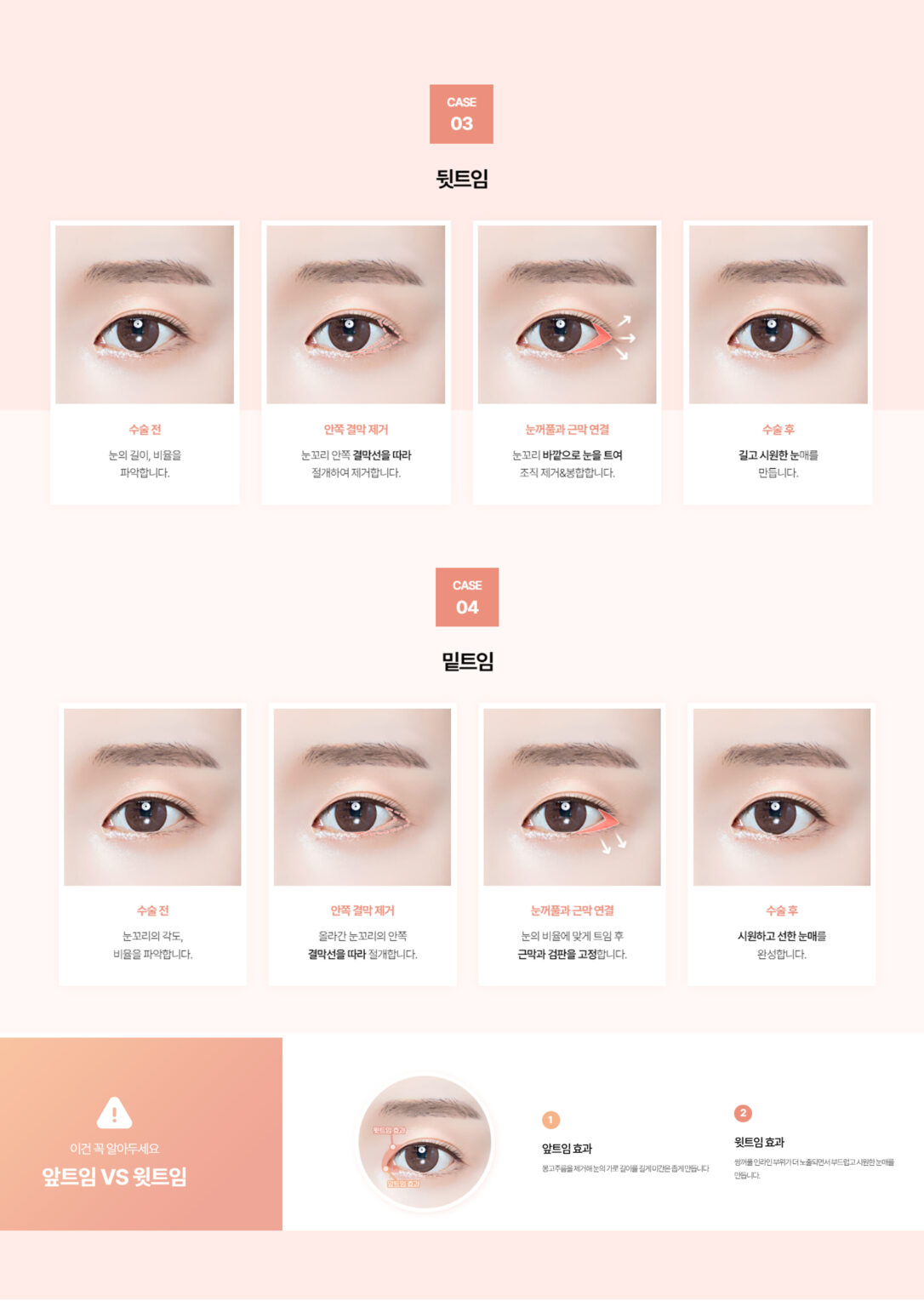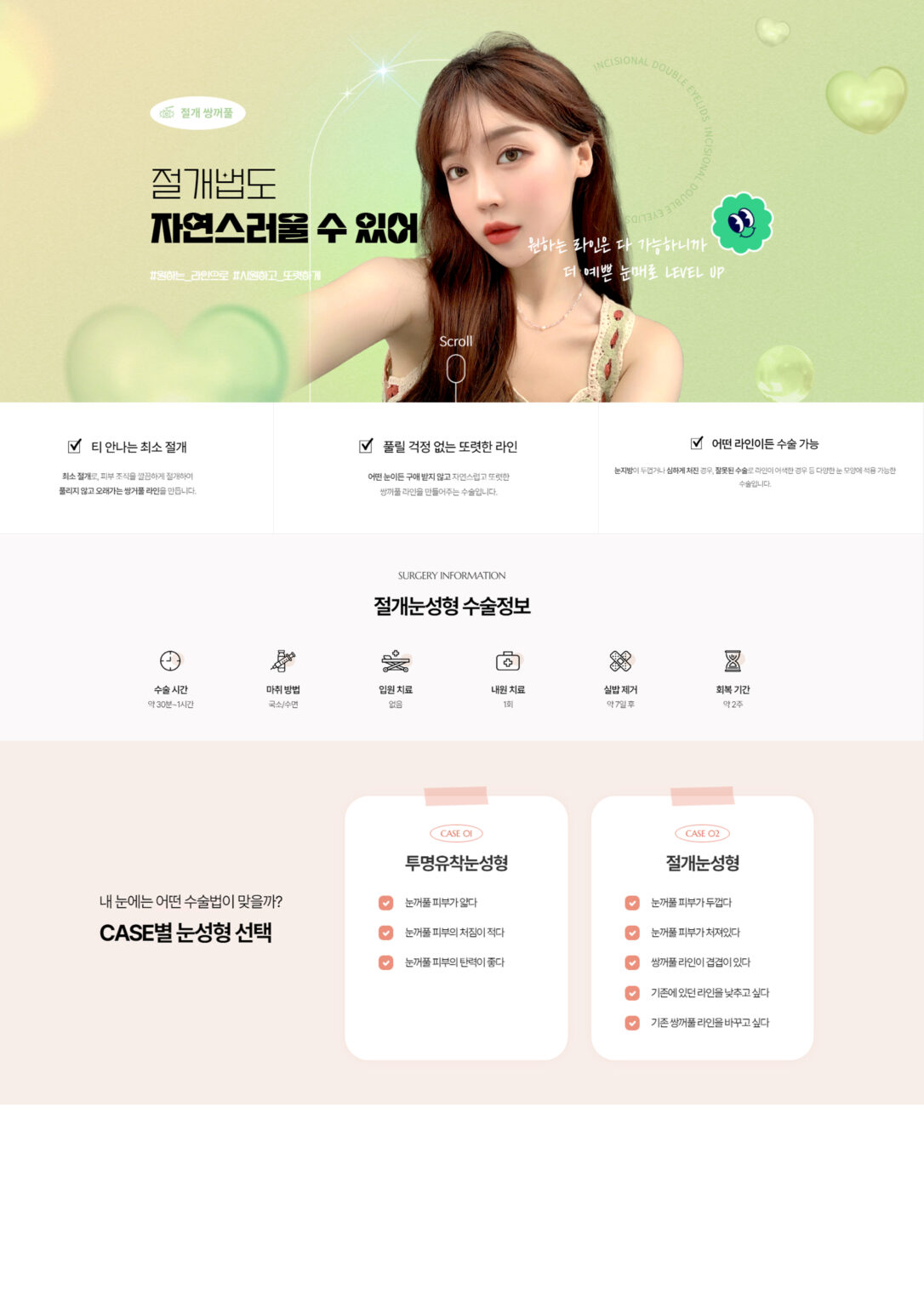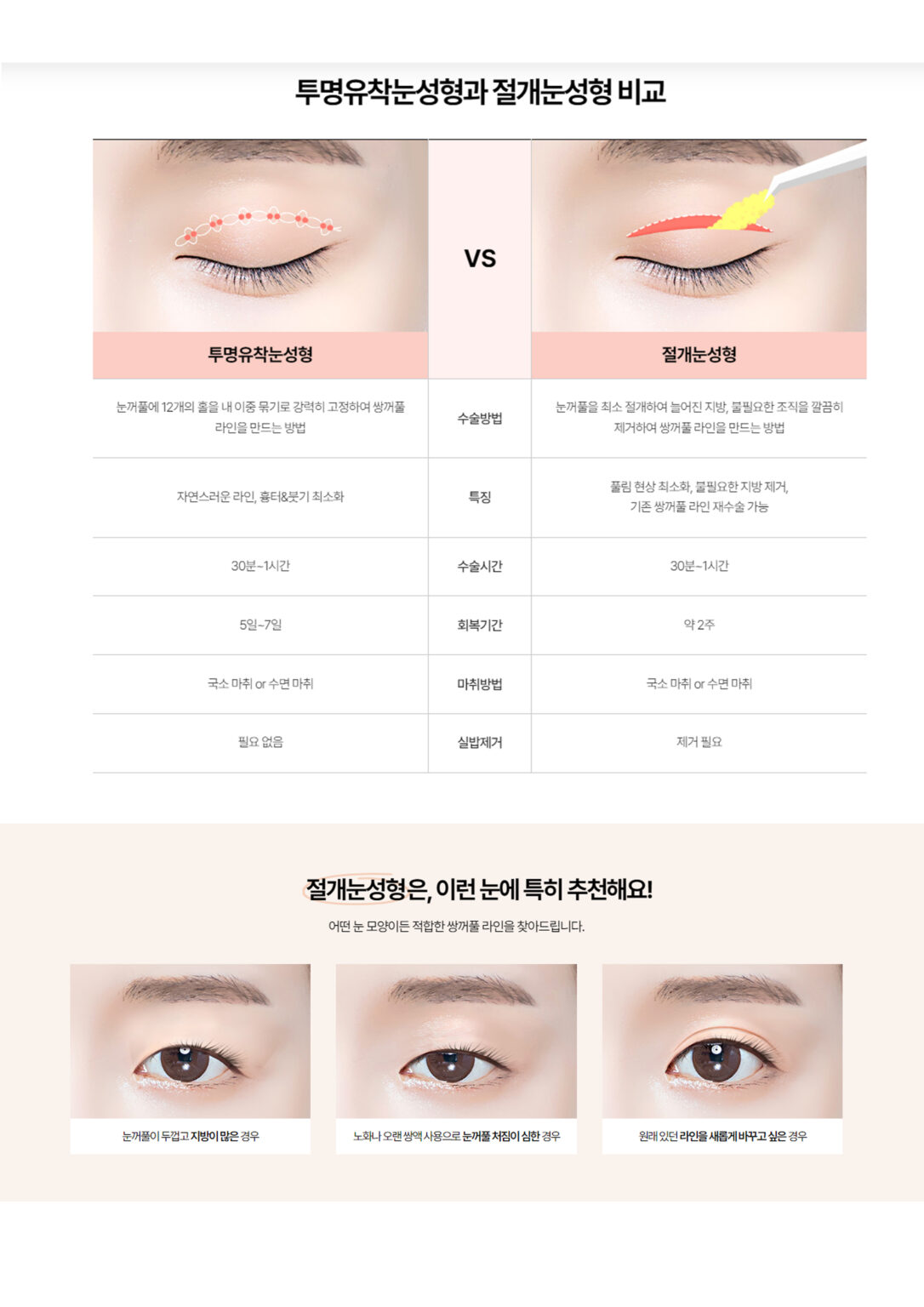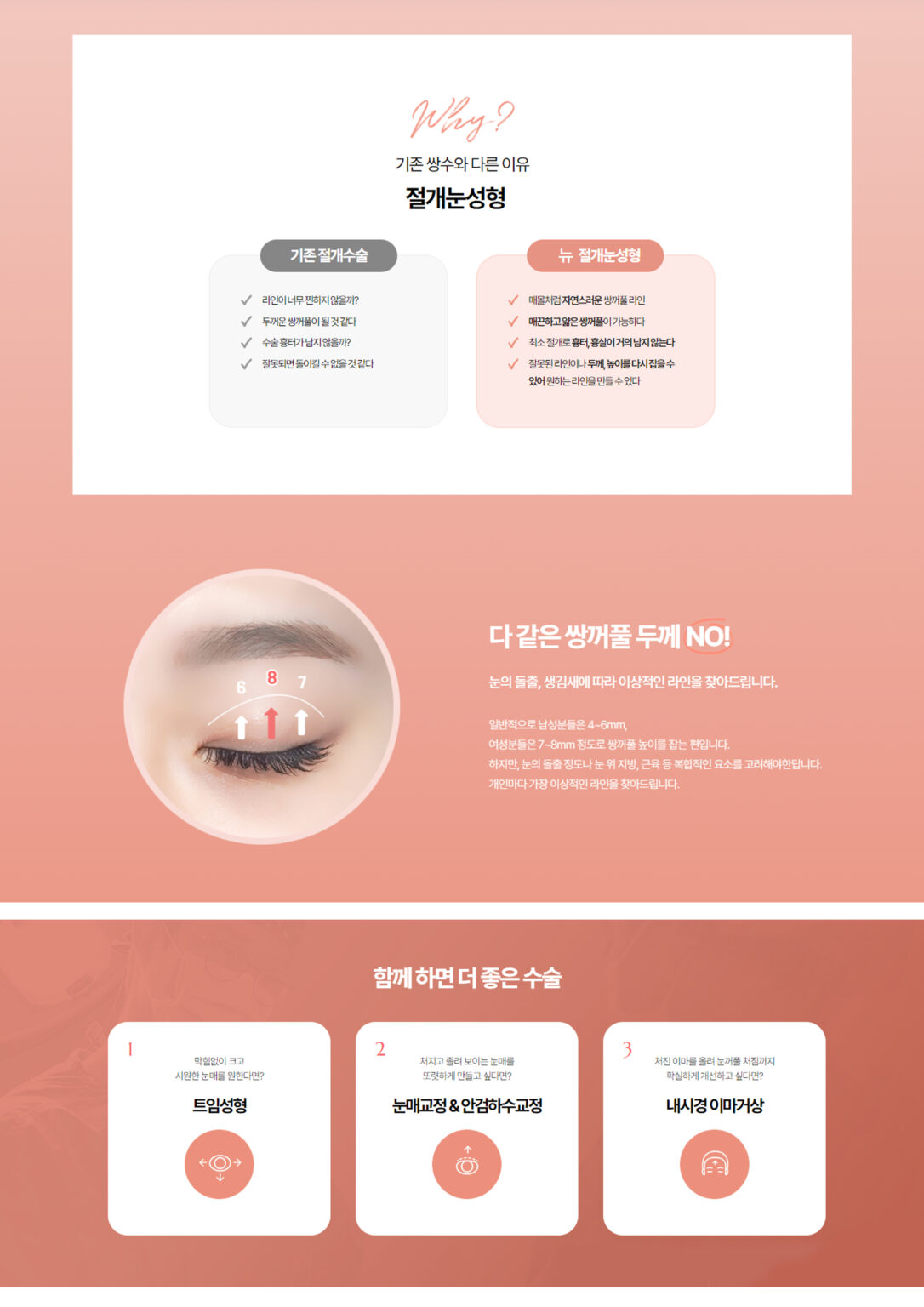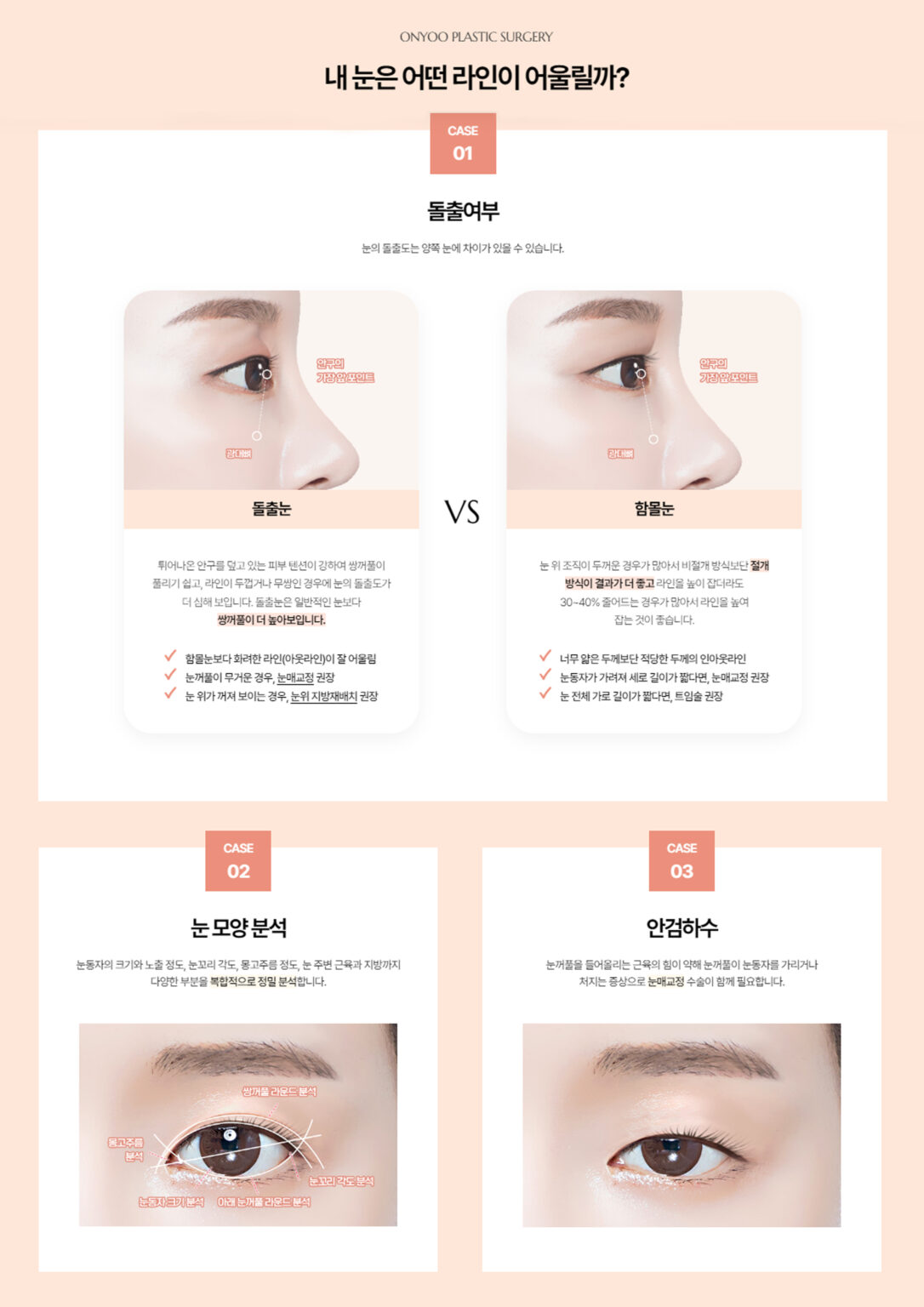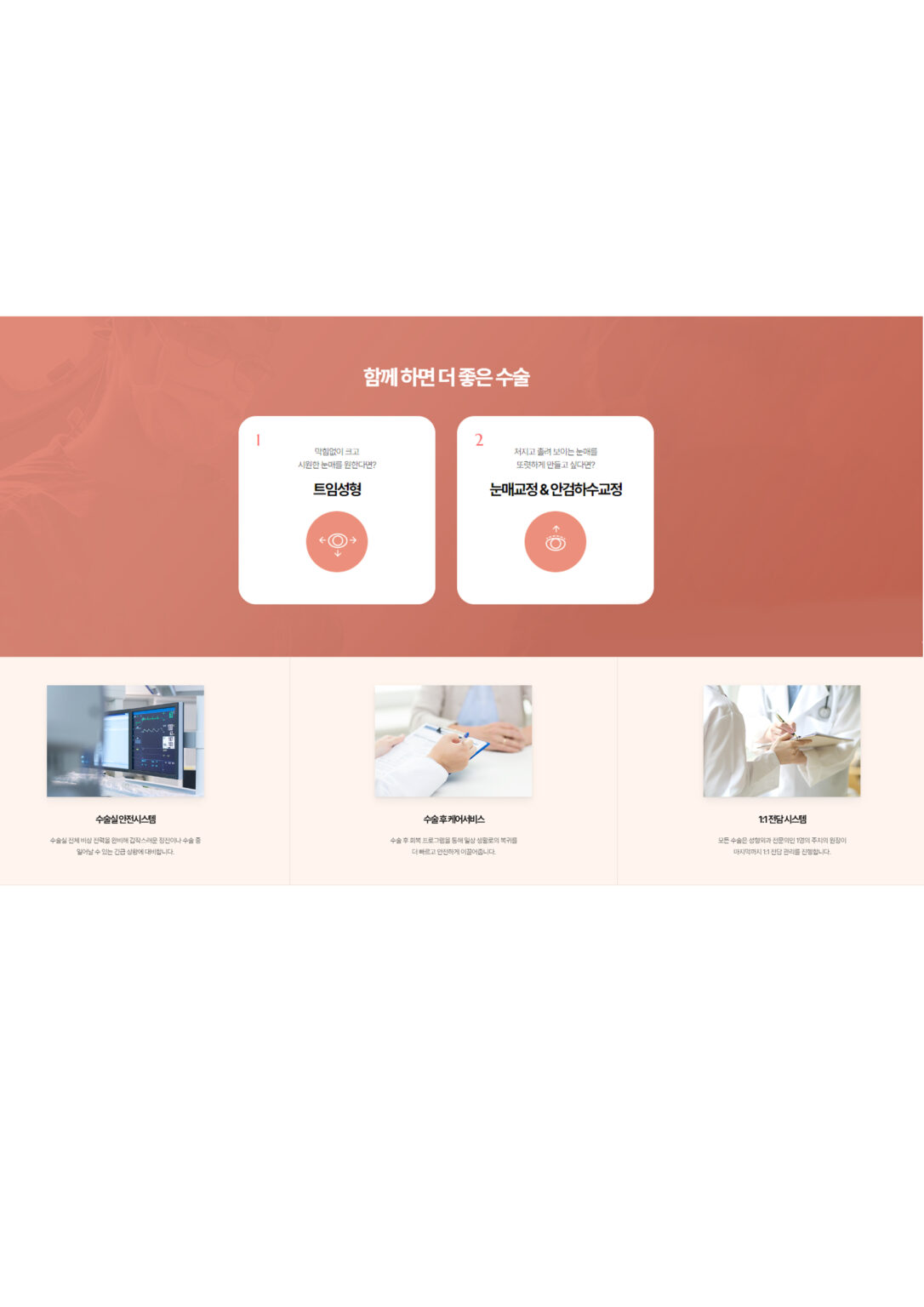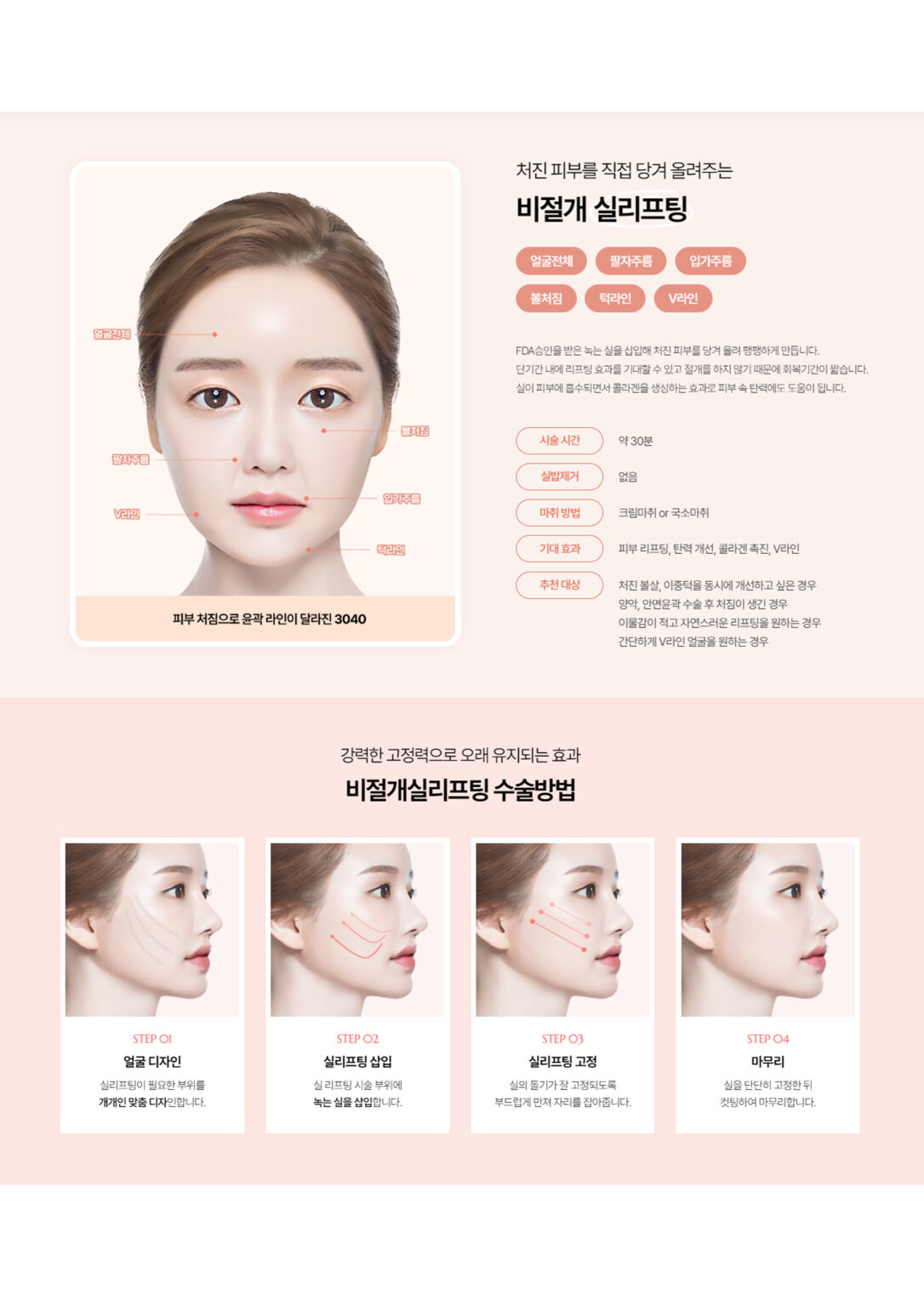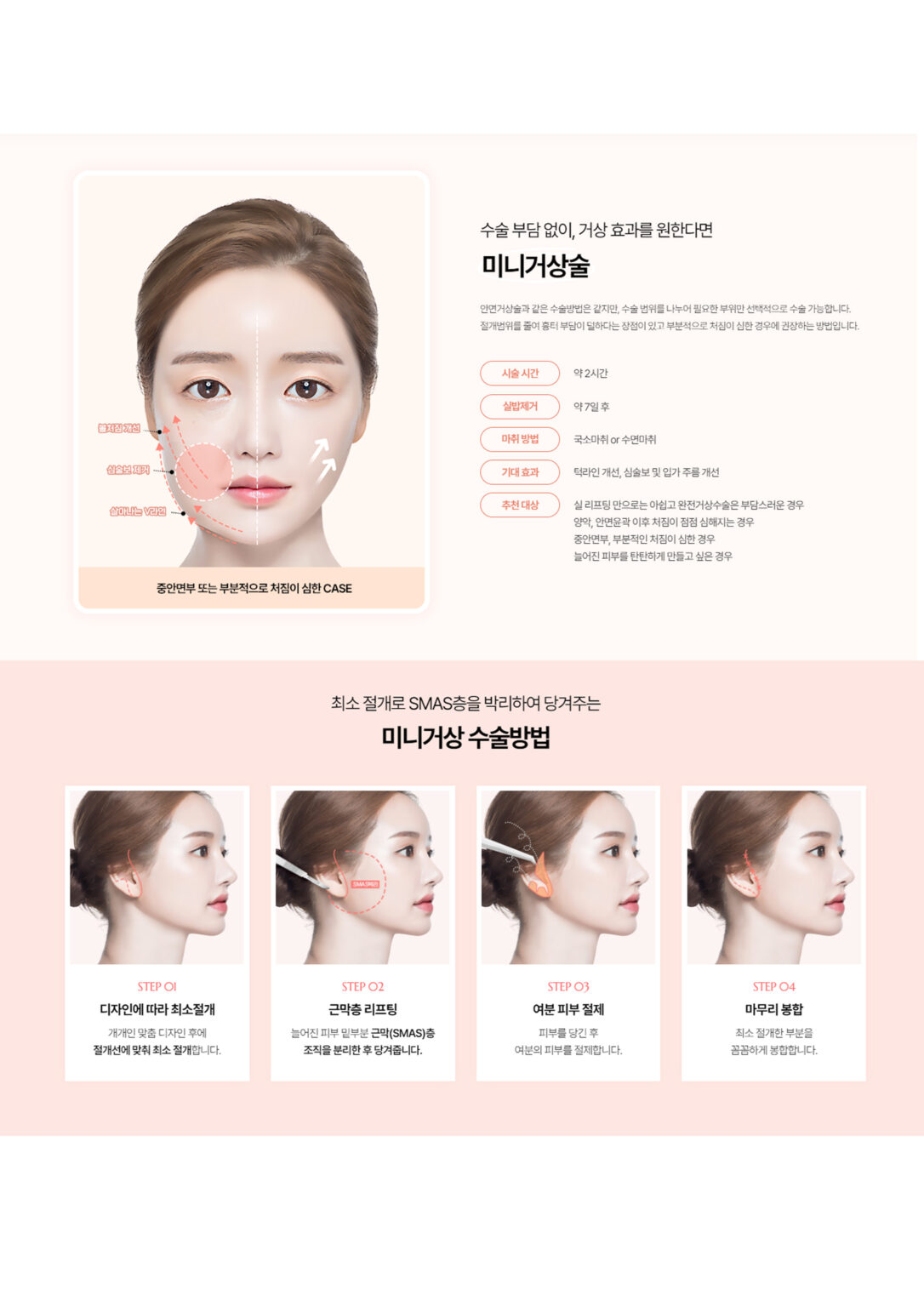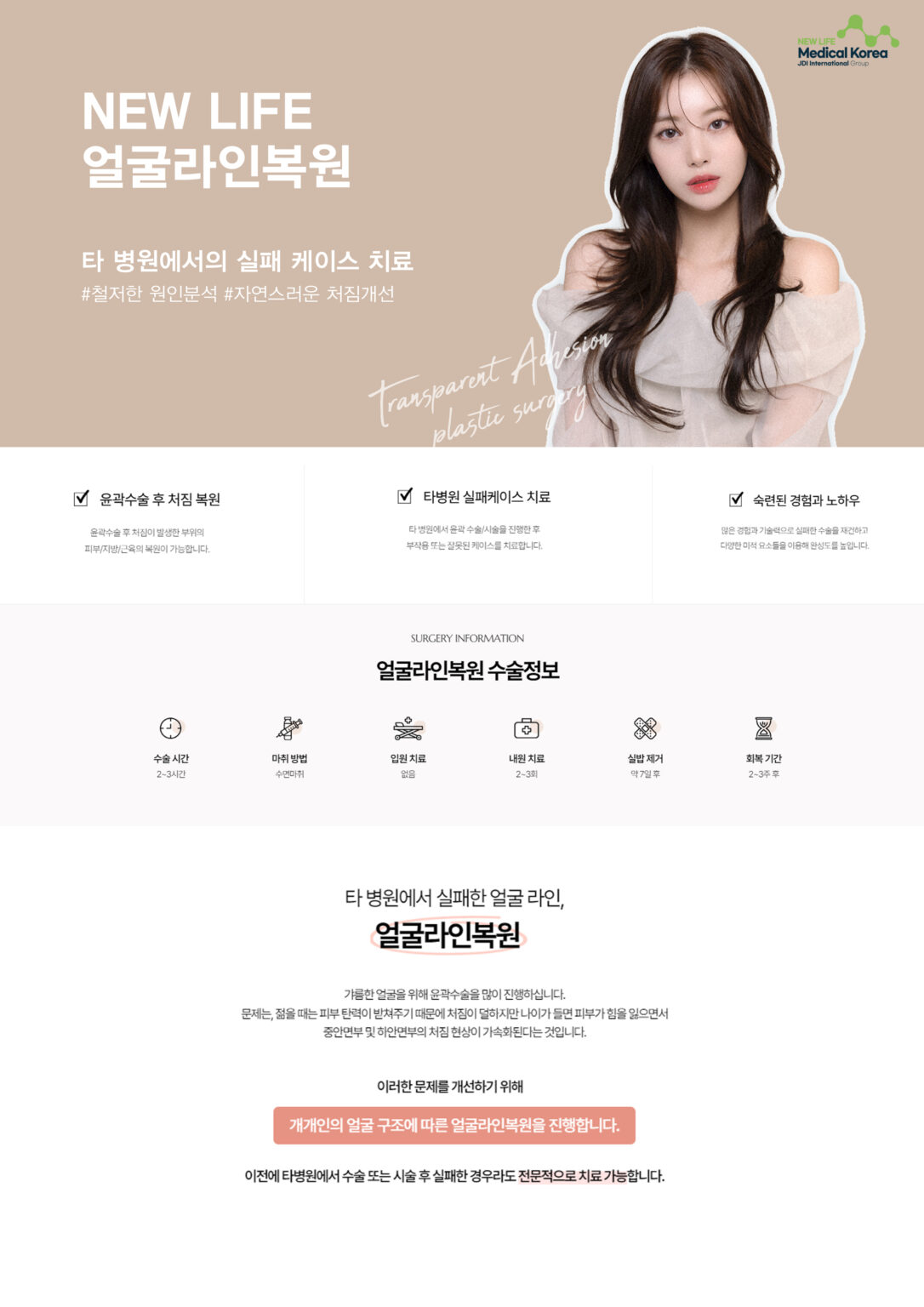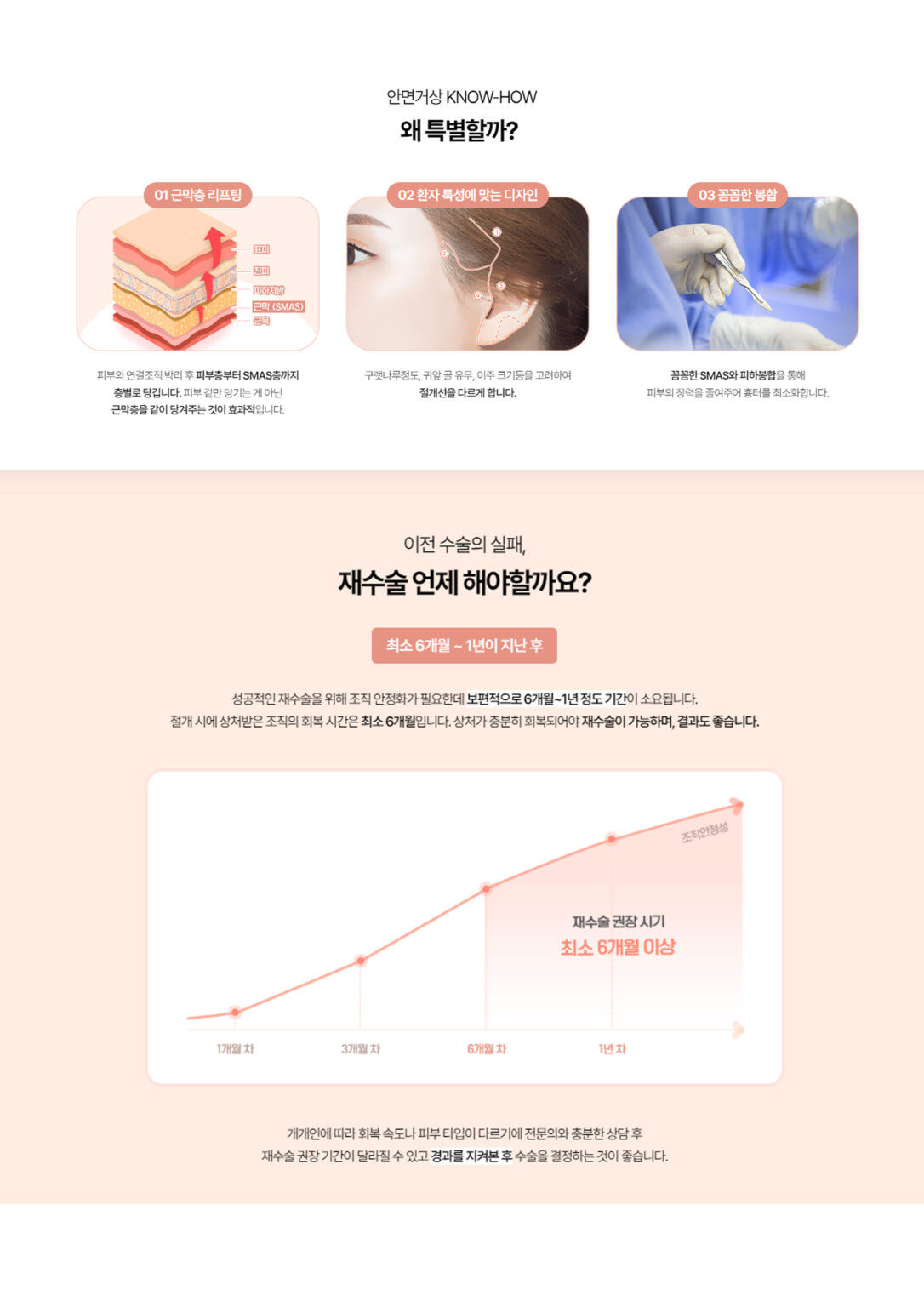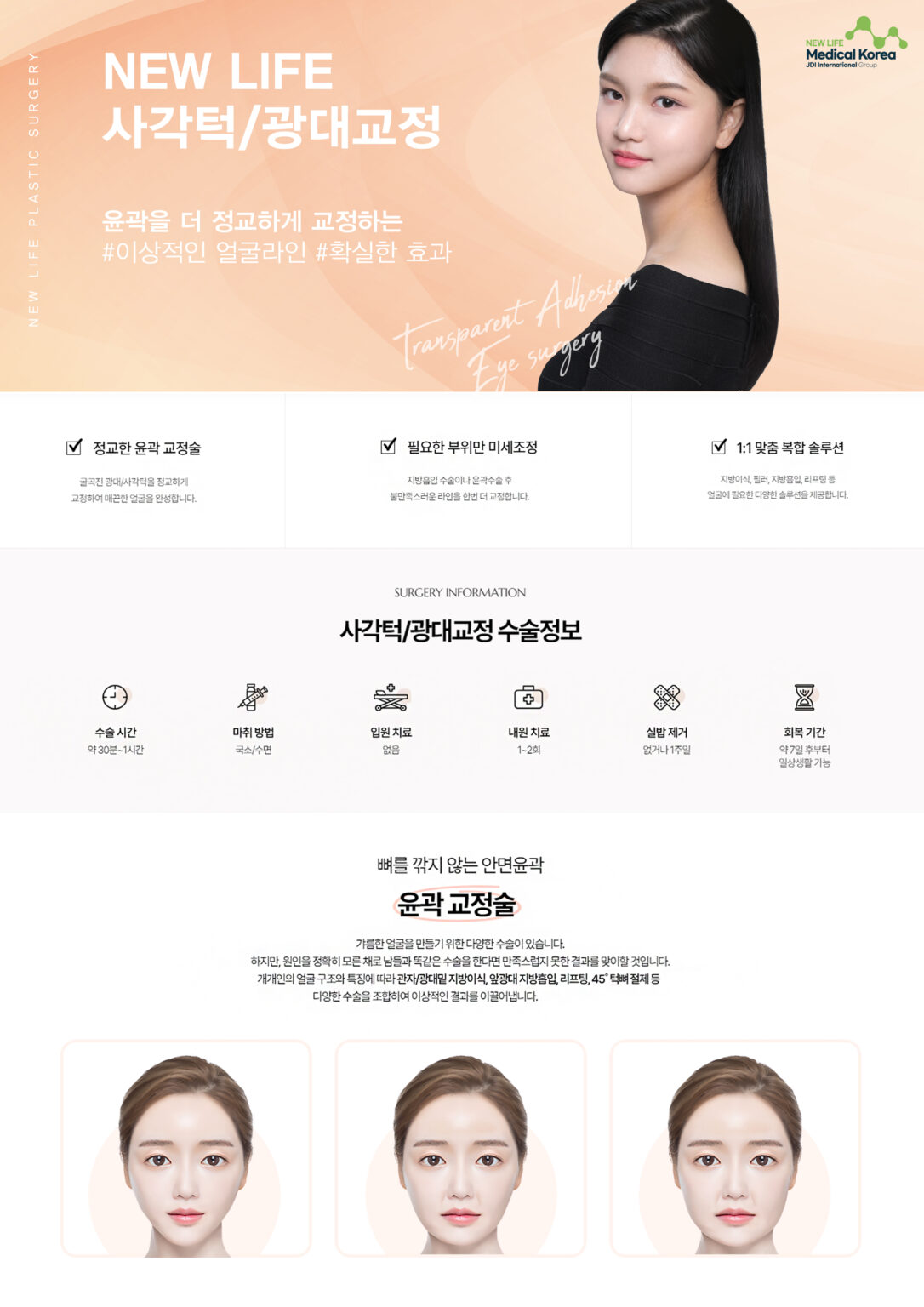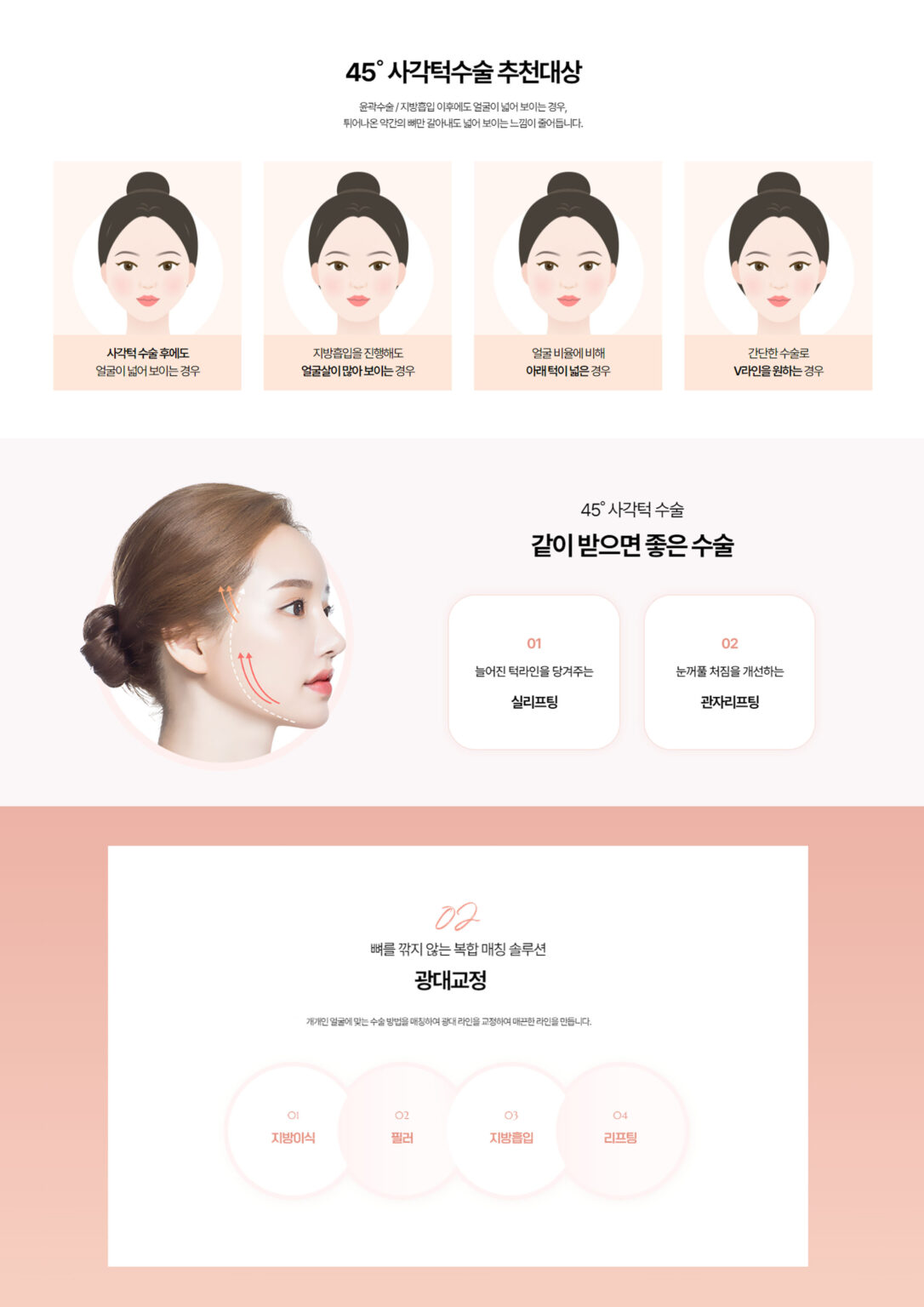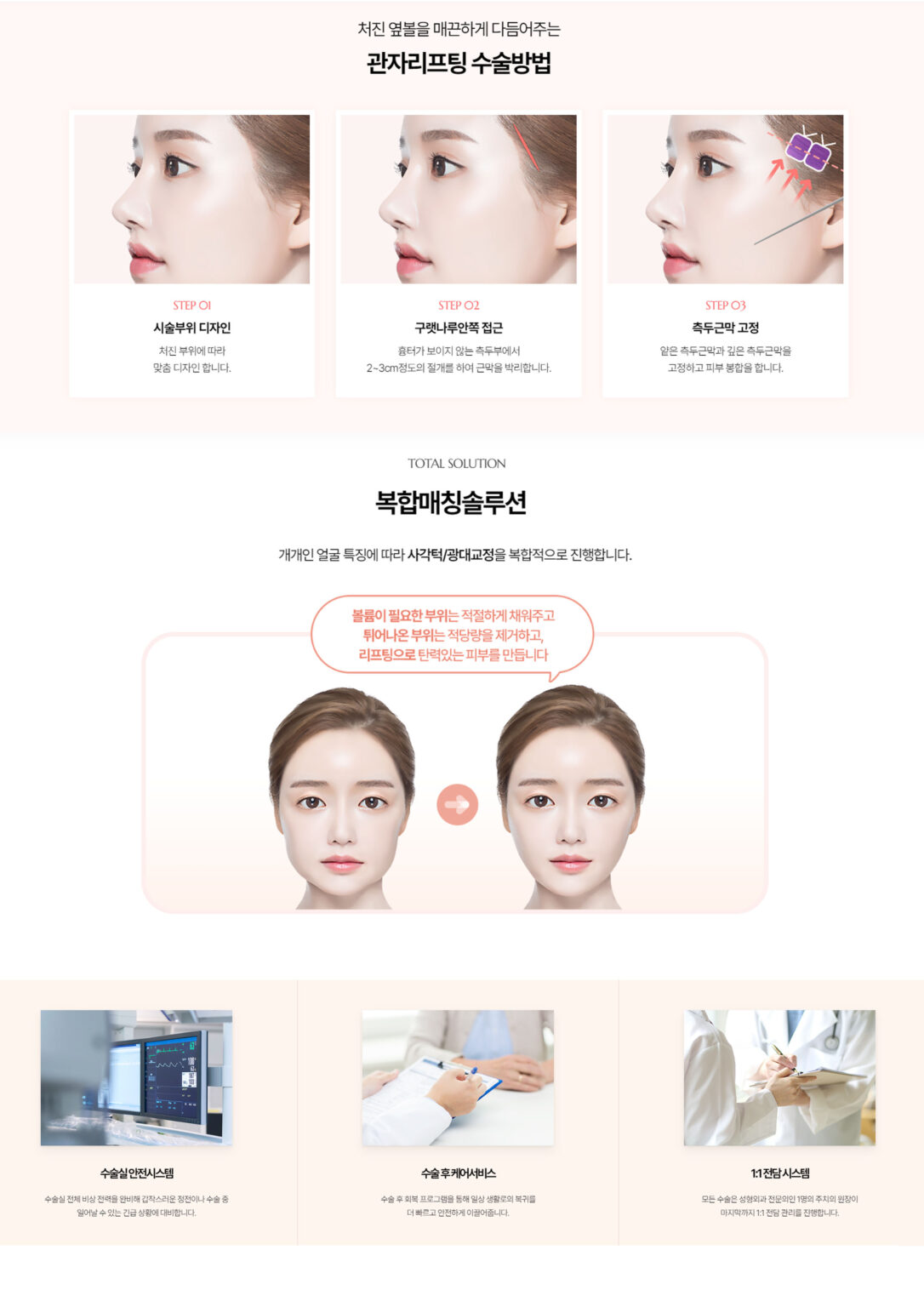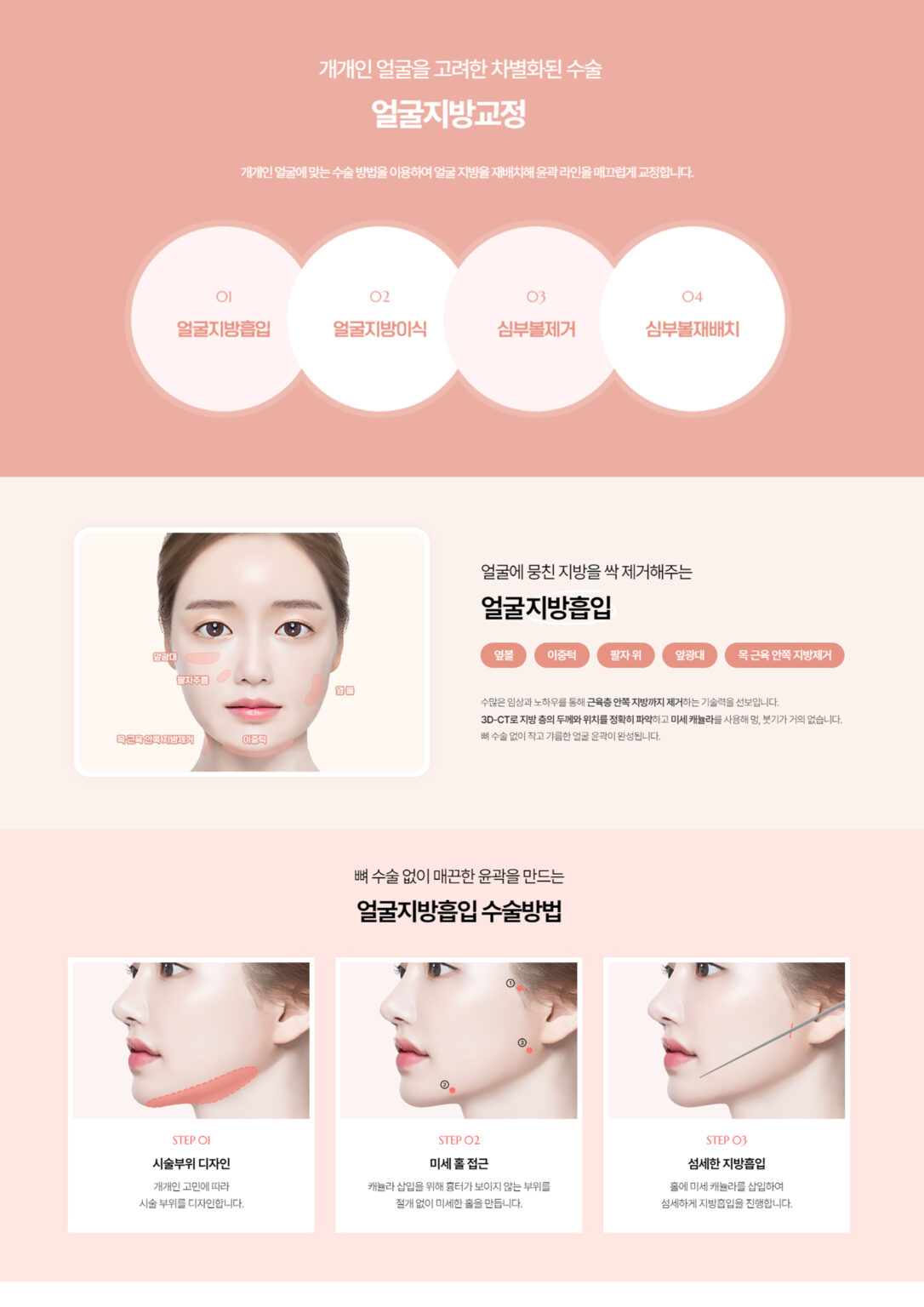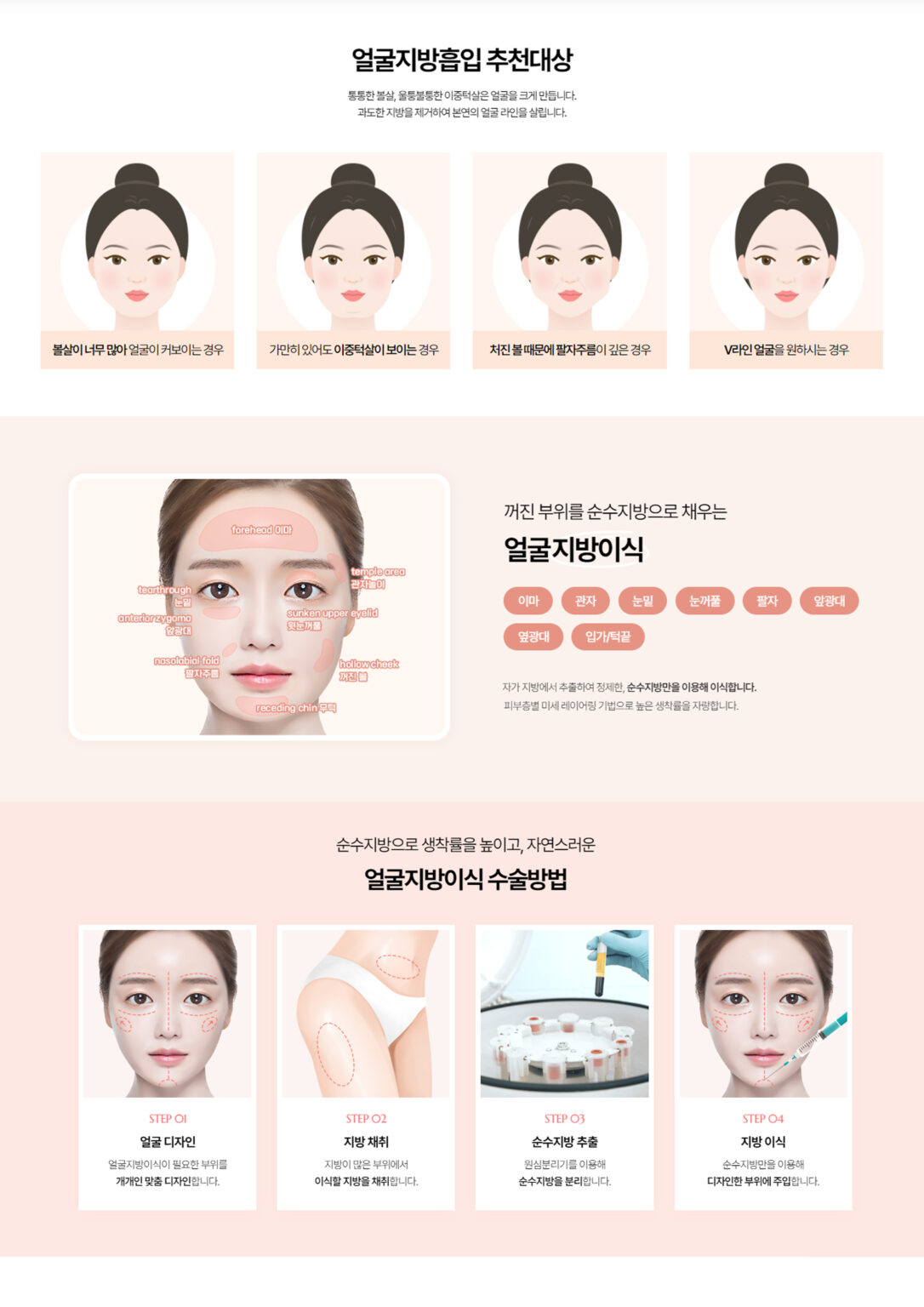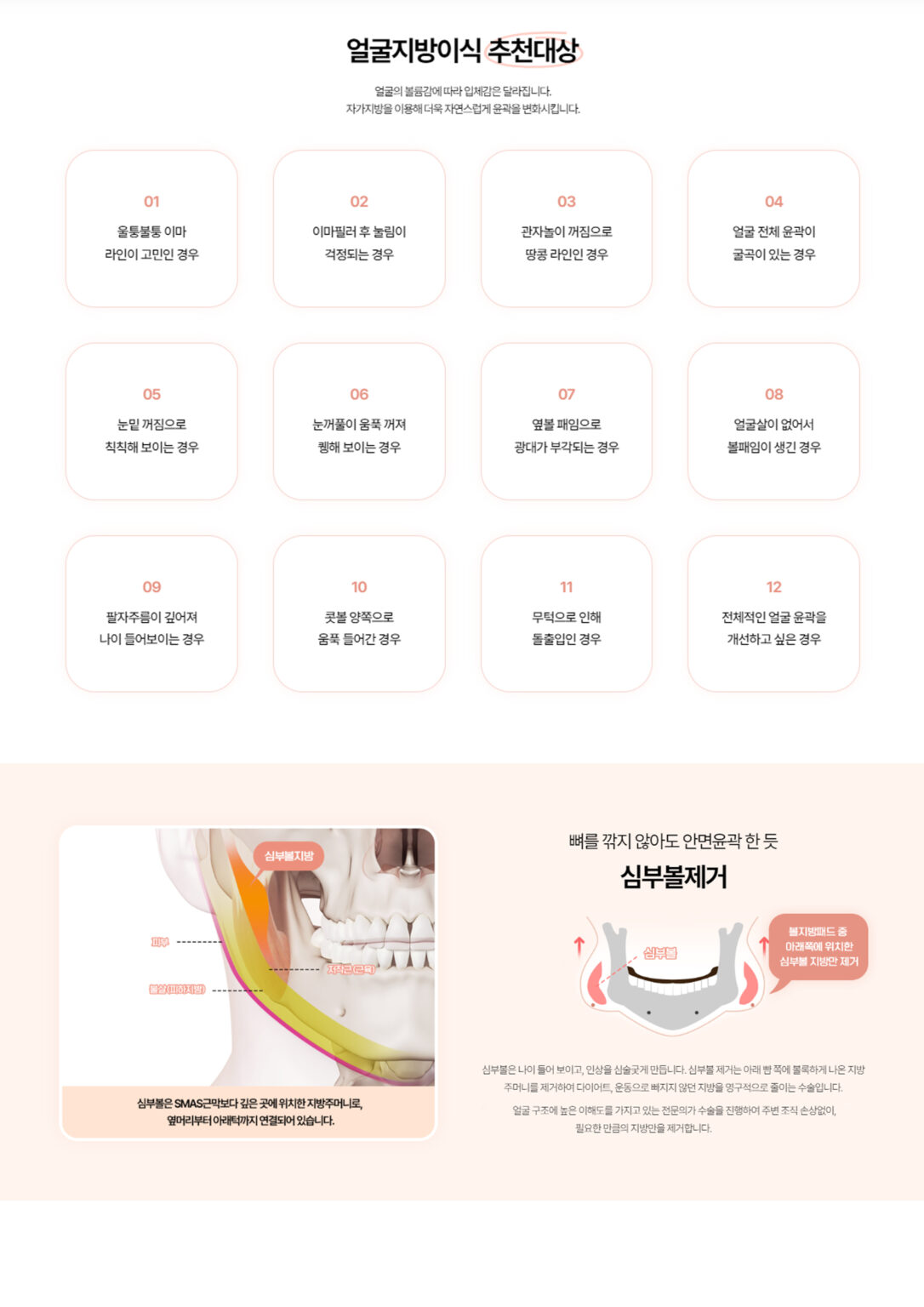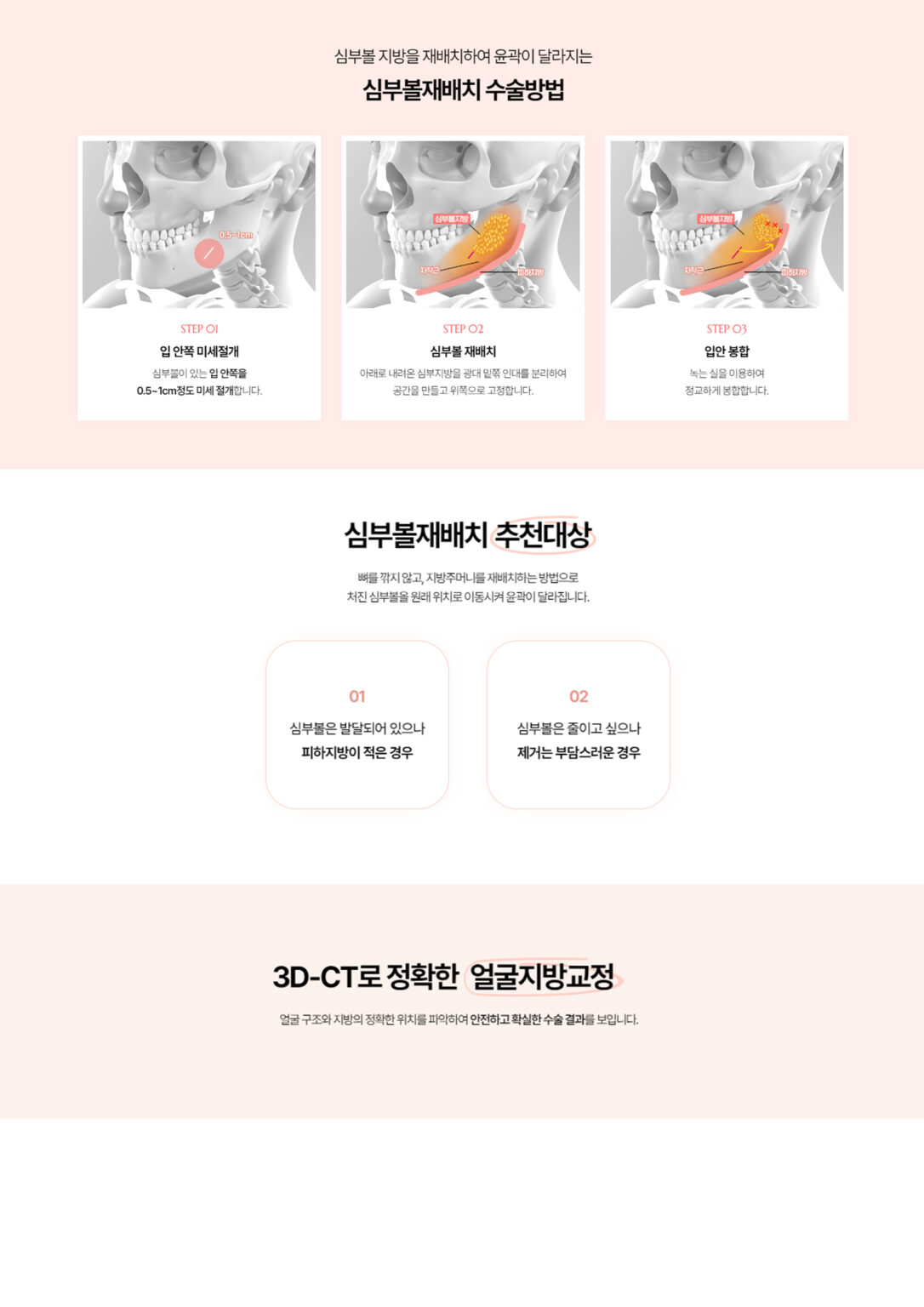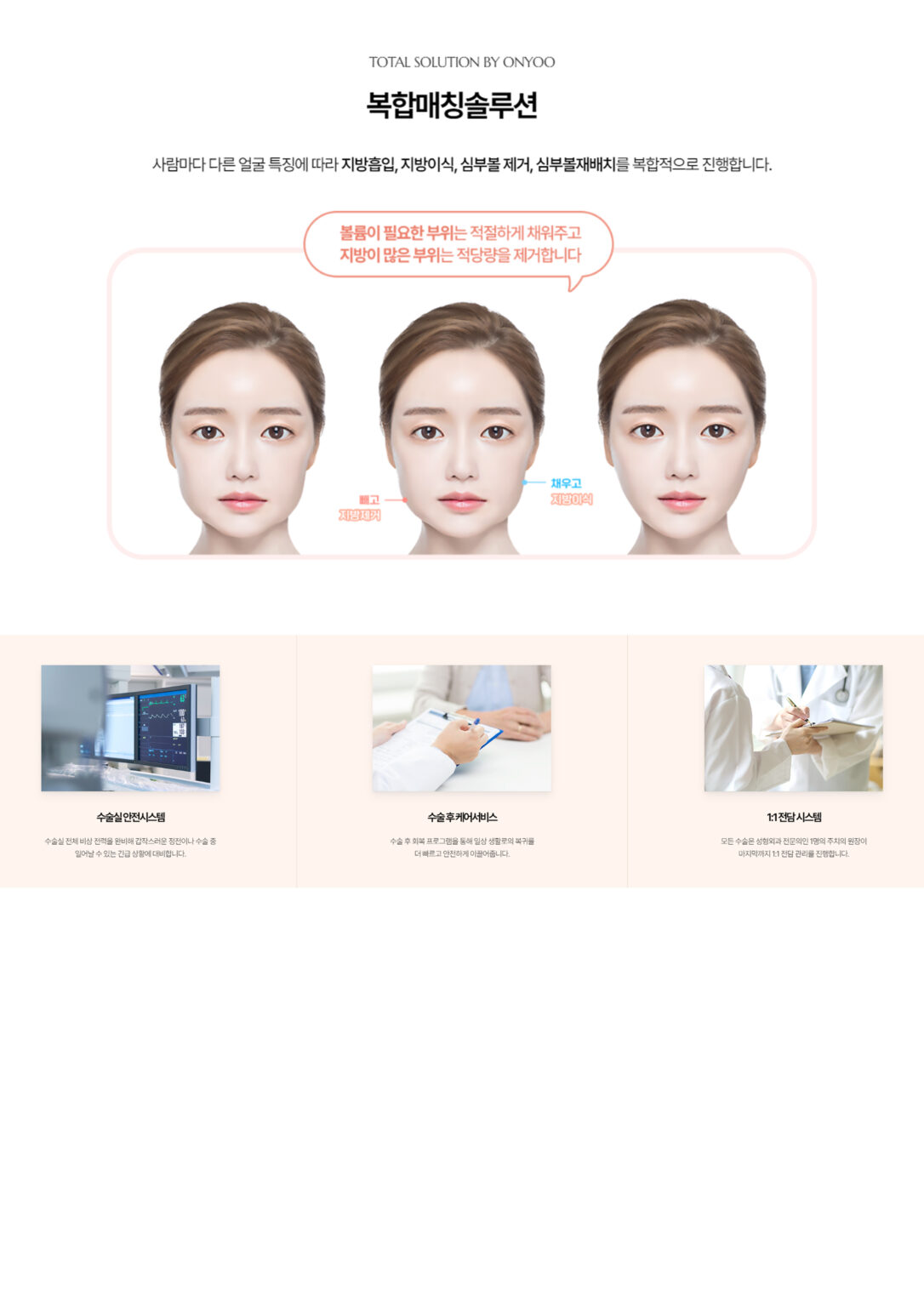WHY KOREA
Excellent
Outstanding Medical Technology
Five-year cancer survival relative rates(2010~2014)
The introduction of cutting-edge medical technology such as robots is not only reducing the mortality rate of major cancer diseases, but also increasing the survival rate.

Gastric Cancer
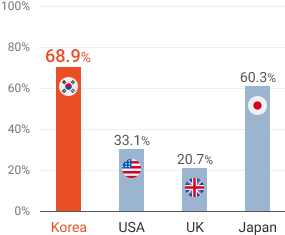

Colon Cancer
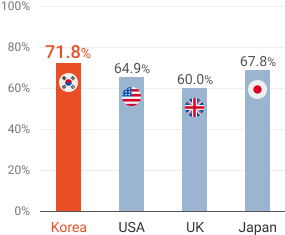

Rectal Cancer
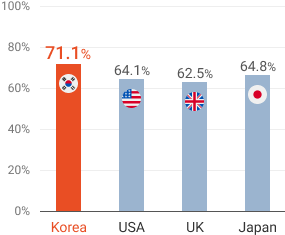

Cervical Cancer
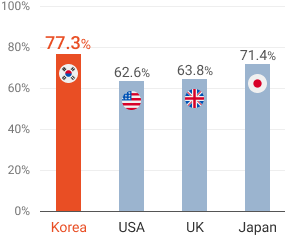
Reference : Ministry of Health and Welfare of Korea, Statistic Information Report (February 2021)
Five-year post-transplant survival rates
The success rate of organ transplants, such as liver and kidney transplants, is overwhelmingly high in the world.
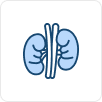
Kidney
transplant
94.58%

Pancreas
transplant
92.56%

Liver
transplant
77.77%

Heart
transplant
76.26%
Reference : Korean Network for Organ Sharing(KONOS) , Statistical Yearbook (August 2020)
Medical Infrastructure
High Ranks on Healthcare Service Infrastructure in OECD Index
-
Number of
PCT scanners (per 1Million population)- Korea
- Units 36.6
- OECO
- 25.9
-
Number of
MRI units (per 1Million population)- Korea
- Units 32.0
- OECO
- 16.9
-
Number of
PET scanners (per 1Million population)- Korea
- Units 3.7
- OECO
- 2.0
-
Total number of
hospital beds (Per 1,000 Population)- Korea
- Beds 12.4
- OECO
- 4.5
-
Total number of
acute care
hospital beds (Per 1,000 Population)- Korea
- Beds 7.1
- OECO
- 3.6
OECD, Health at a Glance 2021 (November 2021)
Countries with the Best Health Care Systems in 2021
South Korea has the best health care systems in the world, that’s according to the 2021 edition of the
CEOWORLD magazine Health Care Index, which ranks 89 countries according to factors that contribute to overall health.
Two additional Asian nations were among the top 10 in 2021: Taiwan (second place) and Japan (5TH).
As for European countries, they occupy SIX of the top TEN spots in this year’s ranking: Denmark (3th place)
Austria (4TH place), France (7TH), Spain (8TH), Belgium (9TH), and the United Kingdom 10th place.
Of the 89 countries surveyed, South Korea’s healthcare comes in the 1st place on the list scoring 78.72 out of 100 on the Health Care Index.
|
Rank
|
Country
|
Health Care Index (Overall)
|
Infrastructure
|
Professionals
|
Cost
|
Medicine Availability
|
Government Readiness
|
|
1
|
South Korea
|
78.72
|
87.16
|
14.23
|
83.59
|
82.3
|
87.89
|
|
2
|
Taiwan
|
77.7
|
79.05
|
13.06
|
78.39
|
78.99
|
65.09
|
|
3
|
Denmark
|
74.11
|
90.75
|
30.01
|
82.59
|
92.06
|
96.3
|
|
4
|
Austria
|
71.32
|
86.18
|
20.25
|
78.99
|
88.23
|
91.8
|
|
5
|
Japan
|
70.73
|
78.77
|
21.6
|
74.88
|
74.18
|
93.2
|
|
6
|
Australia
|
67.99
|
92.58
|
17.37
|
96.22
|
67.51
|
89.91
|
|
7
|
France
|
65.38
|
77.86
|
13.24
|
71.82
|
55.1
|
81.38
|
|
8
|
Spain
|
64.66
|
86.28
|
34.25
|
75.81
|
83.82
|
96.8
|
|
9
|
Belgium
|
64.63
|
72.48
|
24.51
|
68.68
|
64.78
|
94.9
|
|
10
|
United Kingdom
|
61.73
|
88.63
|
14.66
|
75.61
|
90.25
|
88.41
|
CEOWORLD, Countries with the Best Health Care Systems in 2021 (April, 2021)
The Highest Life Expectancy
The life expectancy of Koreans is increasing through the development of medical technology
and the prevention of diseases and early diagnosis due to precise medical checkups.
TOP 1 in 35 countries
- Men 84.07
- Women 90.82
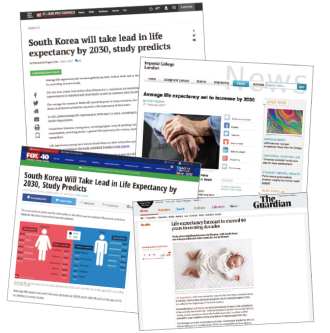
The Lancet, “Future life expectancy in 35 industrialized countries: Projections with a Bayesian model ensemble” (2017)
World-class Medical Institution
According to Newsweek, a weekly magazine in the U.S., many Korean medical institutions are included in the
“World’s Best Smart Hospital” and “World’s Best Specialized Hospital”.
The pandemic put hospitals through the ultimate stress test. By forcing them to adapt to waves of COVID-19 patients, changing treatment protocols, faltering supply chains and a massive vaccine rollout, to name just a few of the challenges of the past year, the outbreak drove home the importance of advanced technology. The hospitals that best weathered the crisis were by and large the ones that were already open to integrating new technologies and taking advantage of data-driven opportunities as they become available.
….
Information technology and other tools that make hospitals “smarter” have already become a big differentiator in most health care markets. It’s no wonder that the market for smart-hospital technology is expected to reach $35 billion in 2021 and balloon to $83 billion by 2026.
